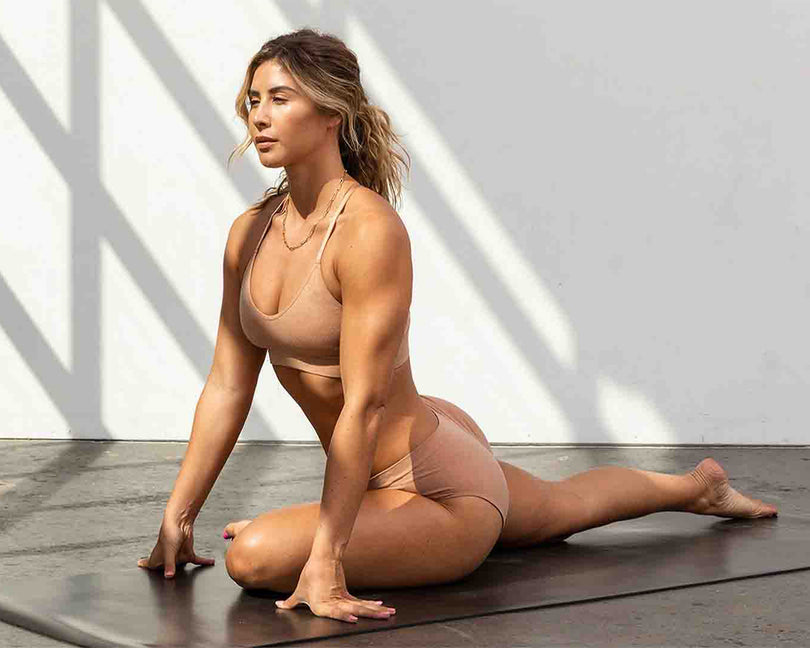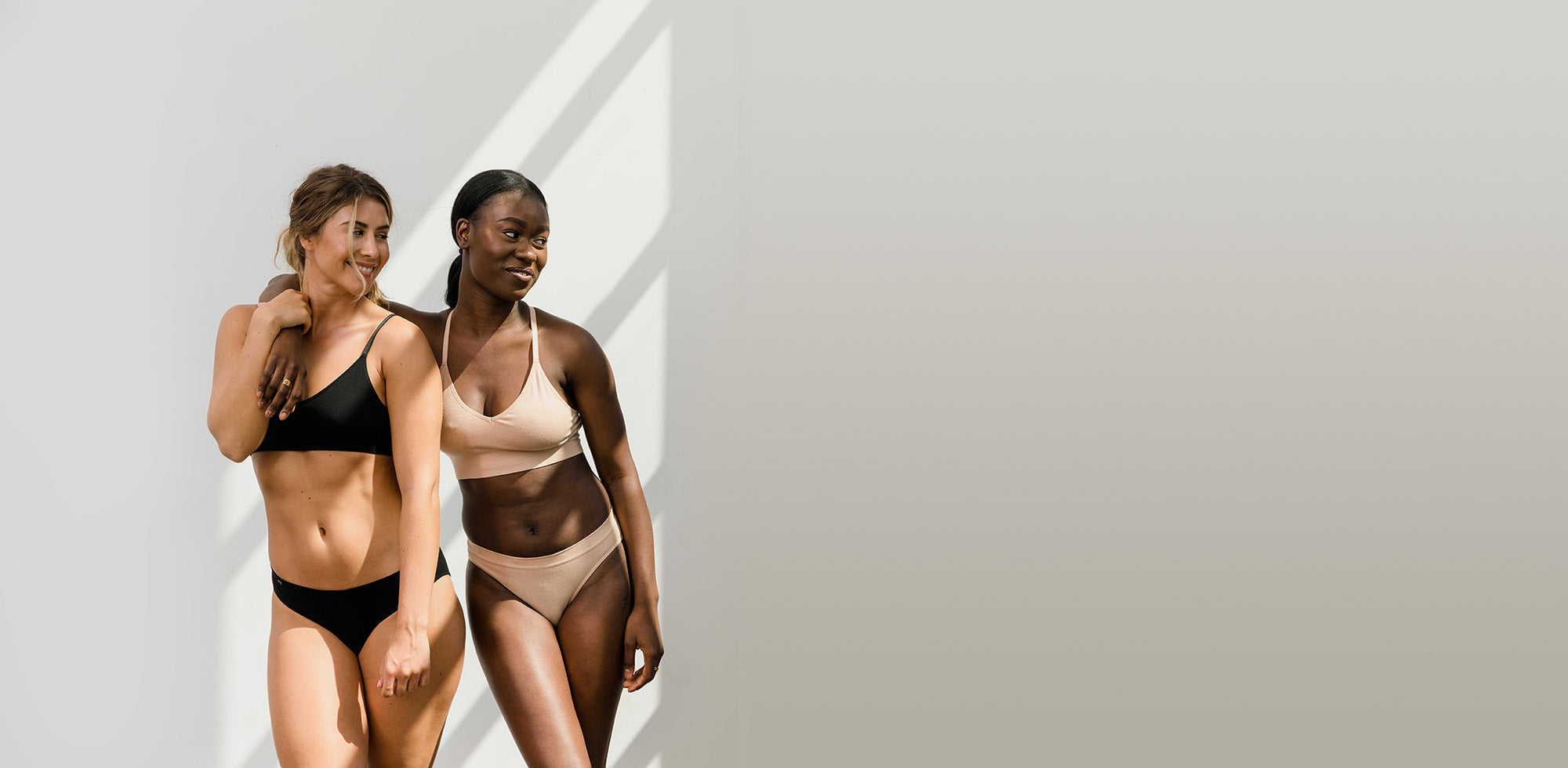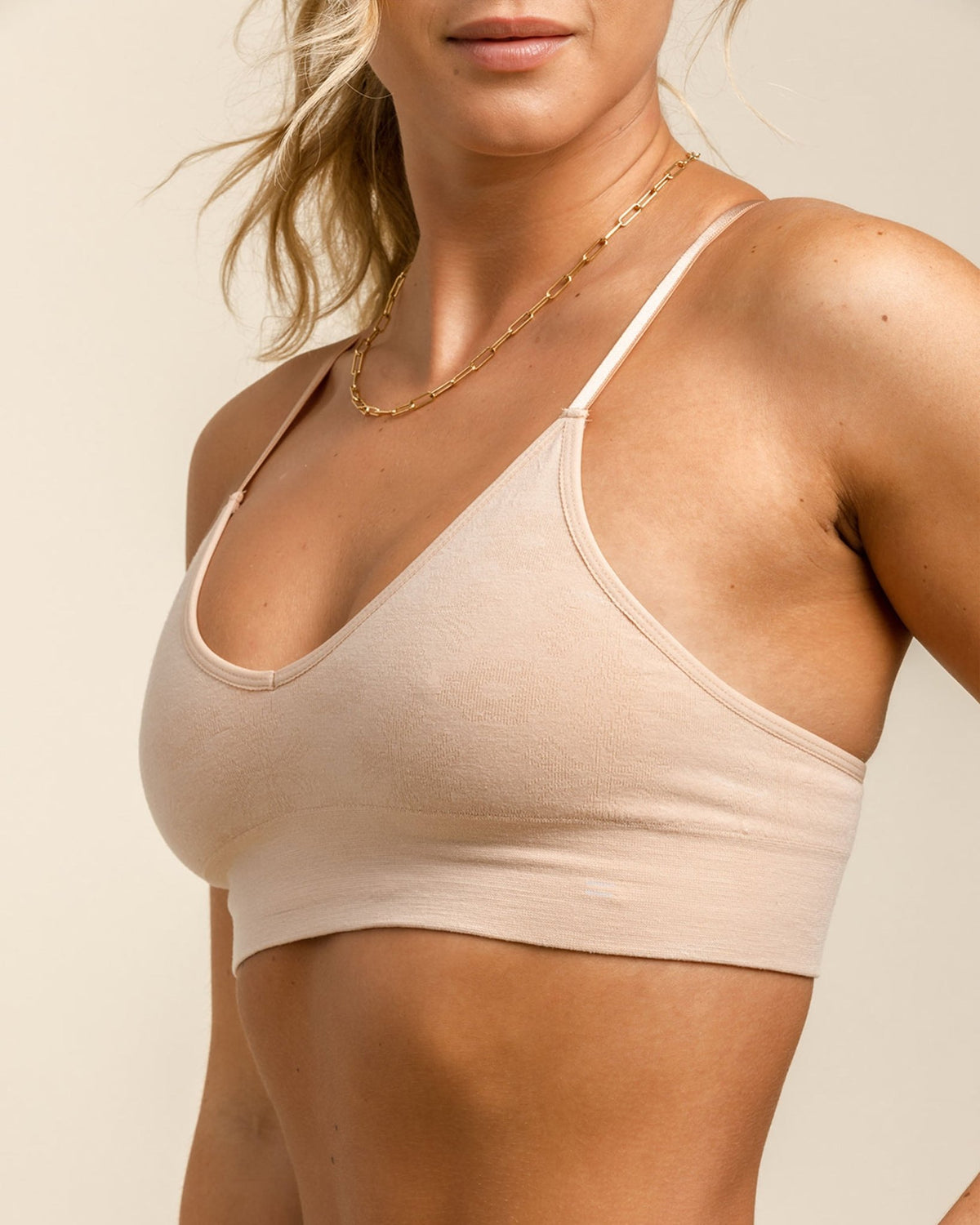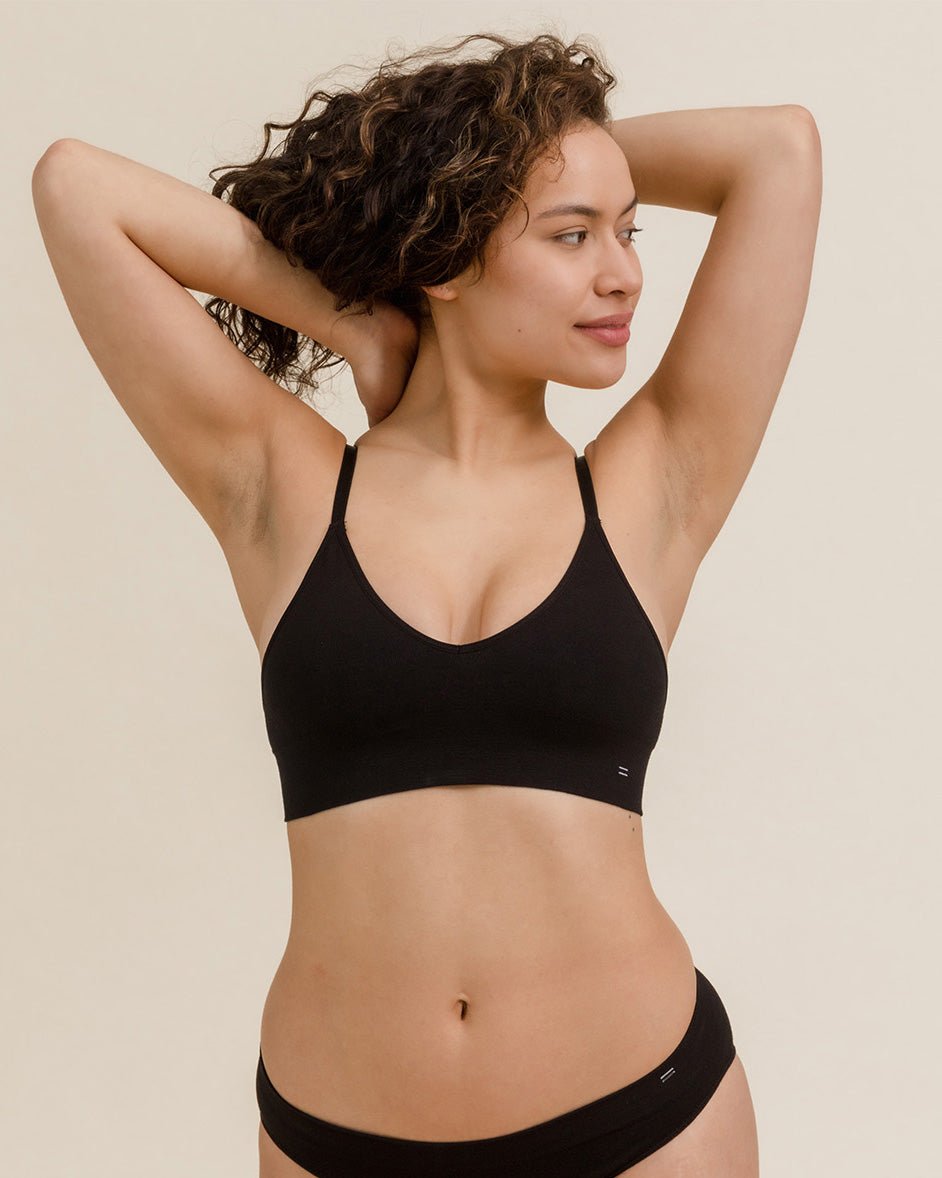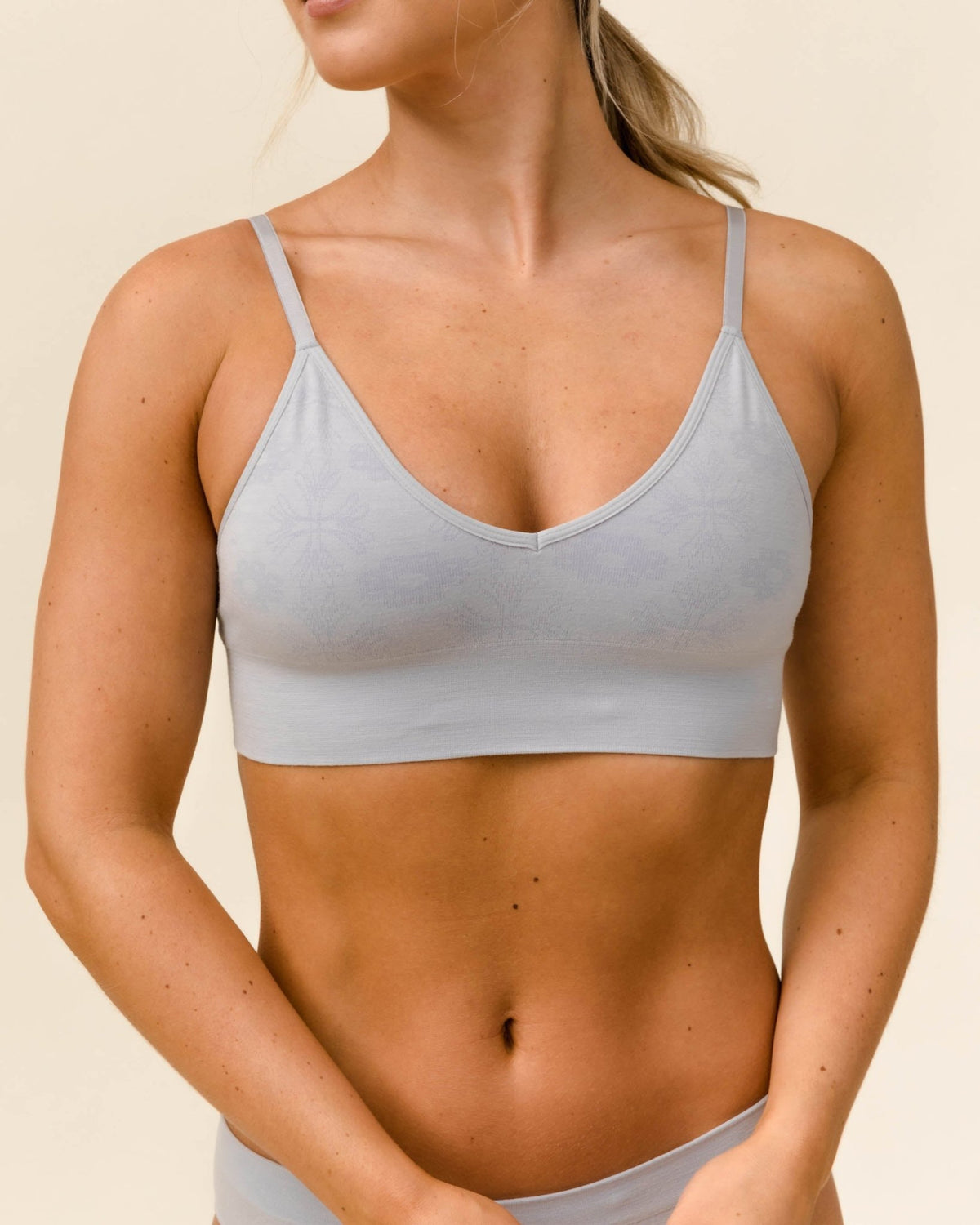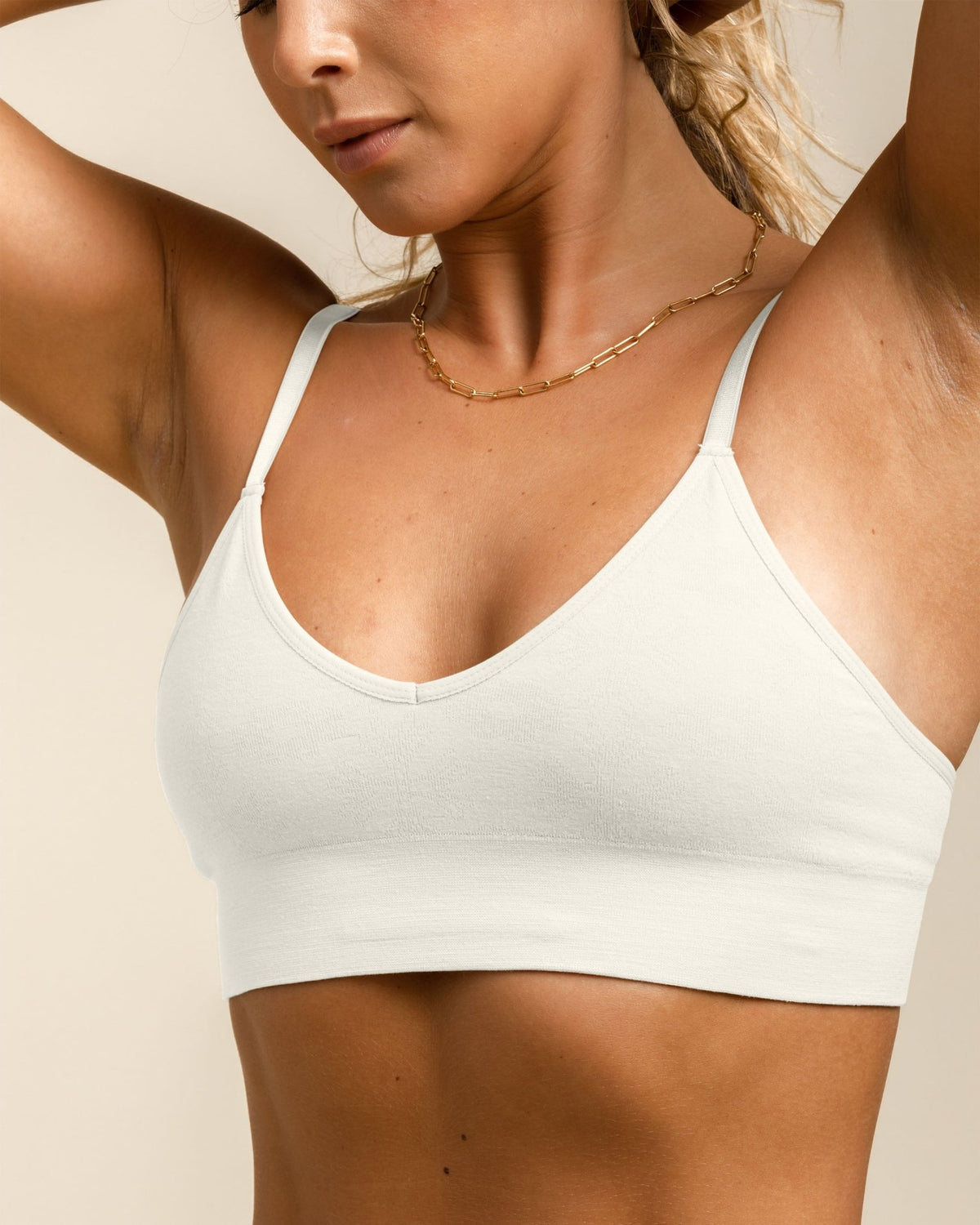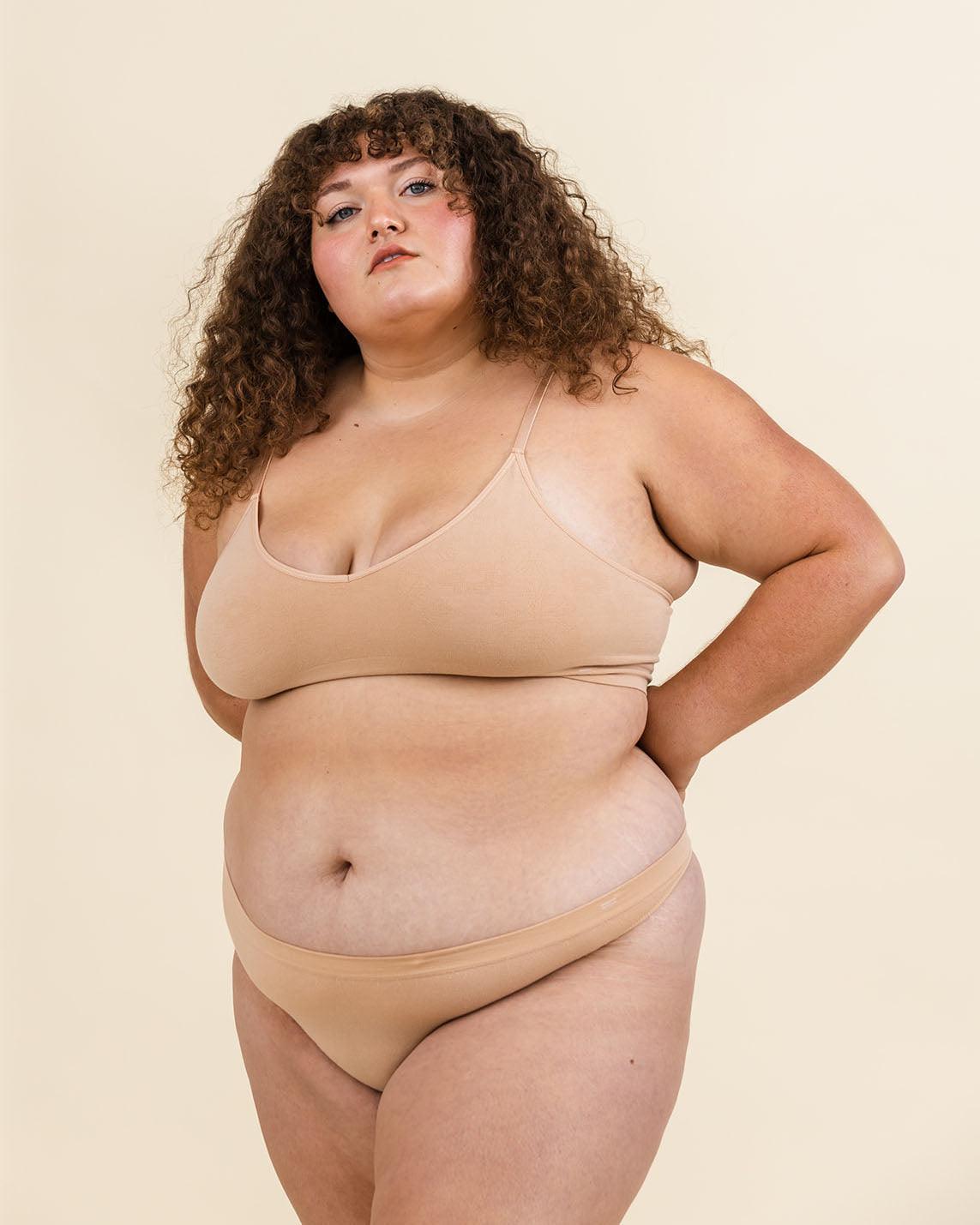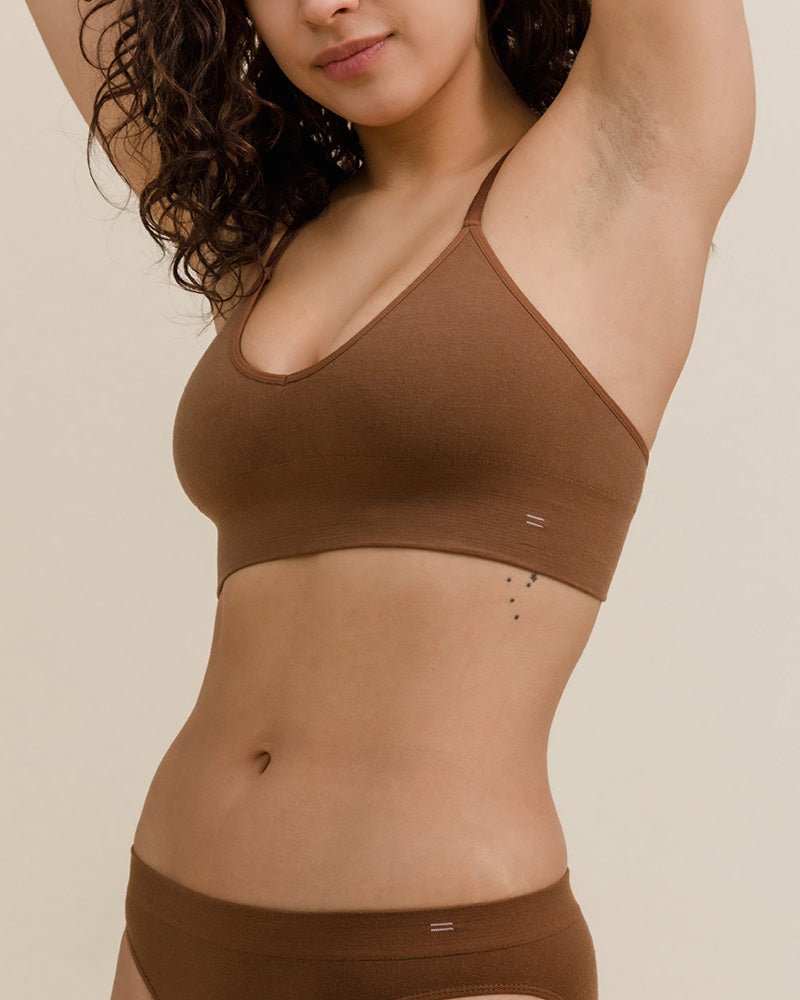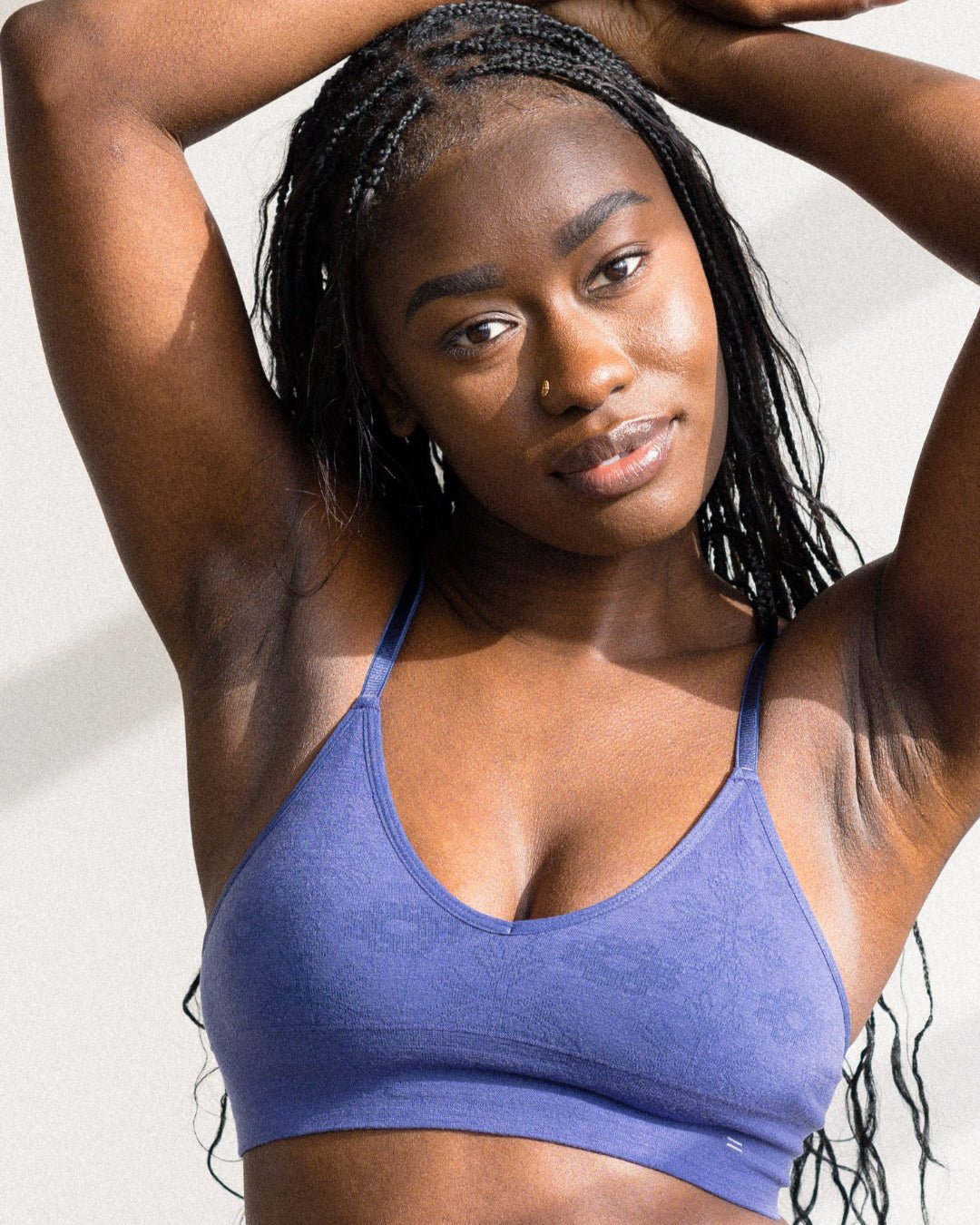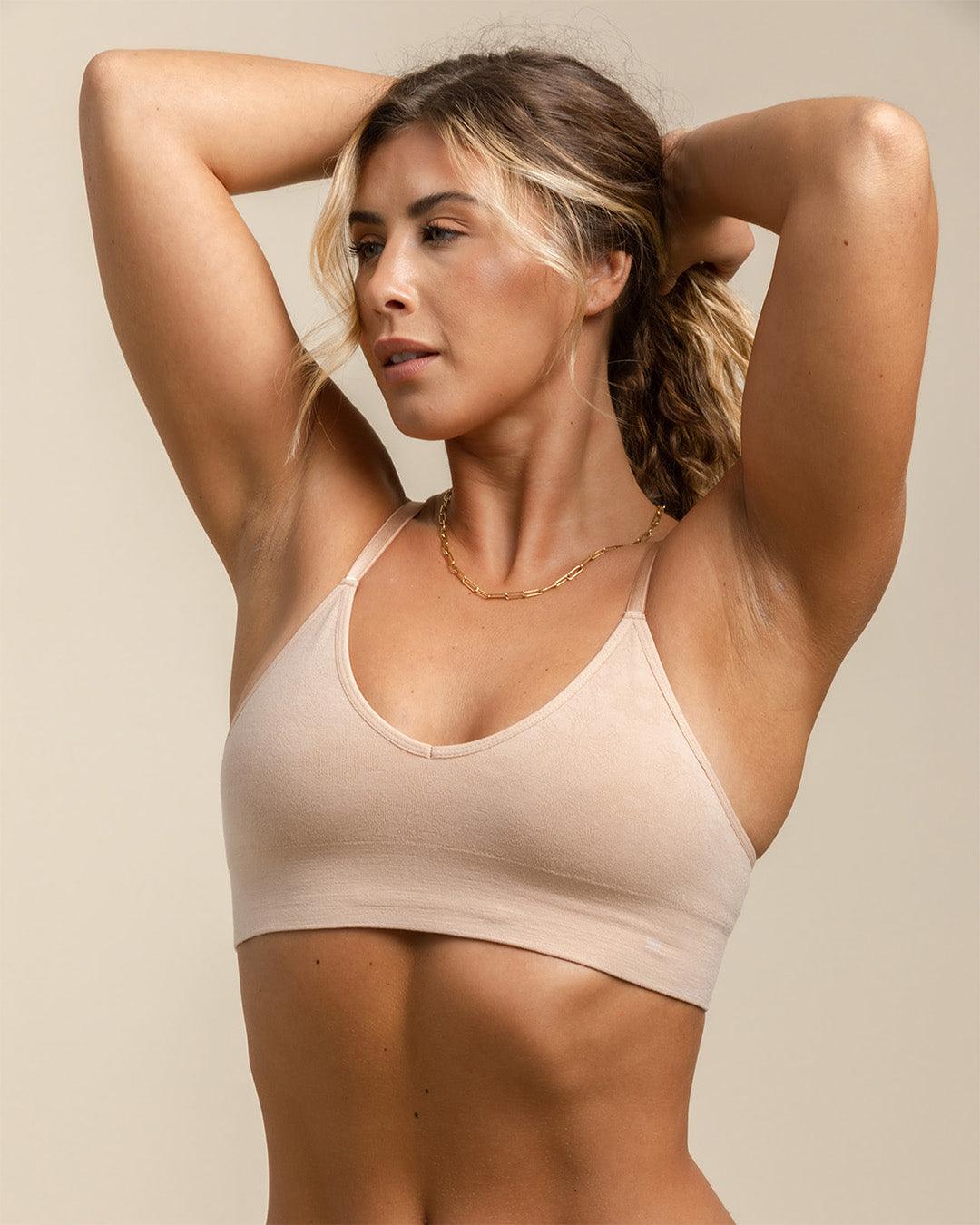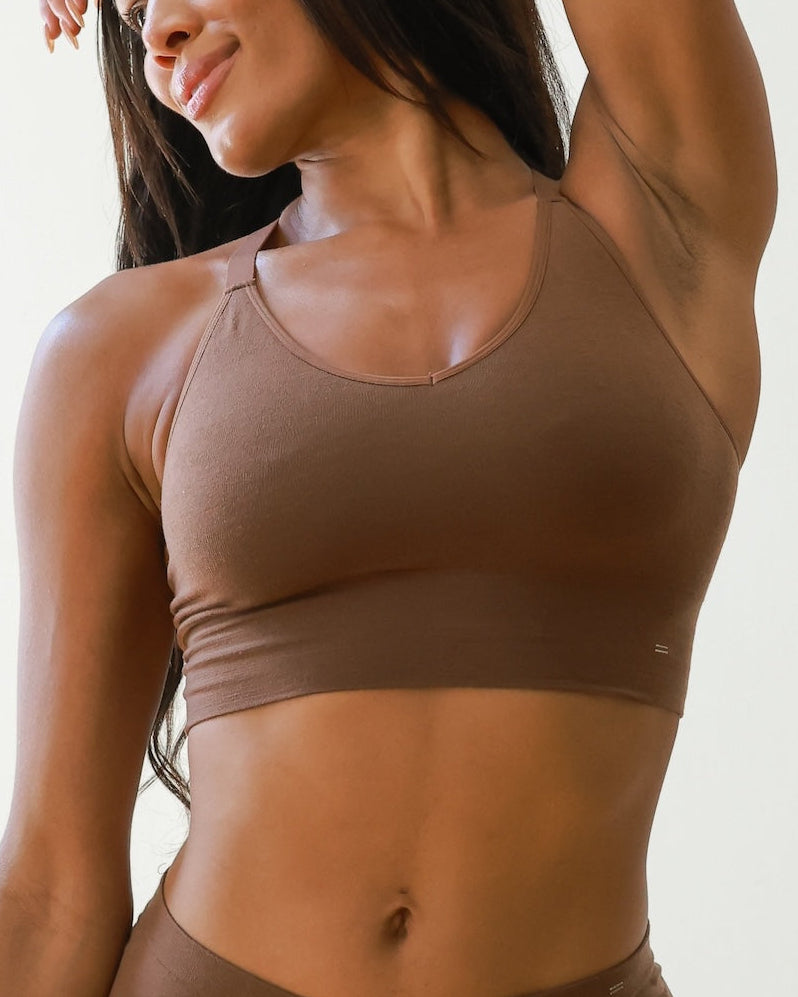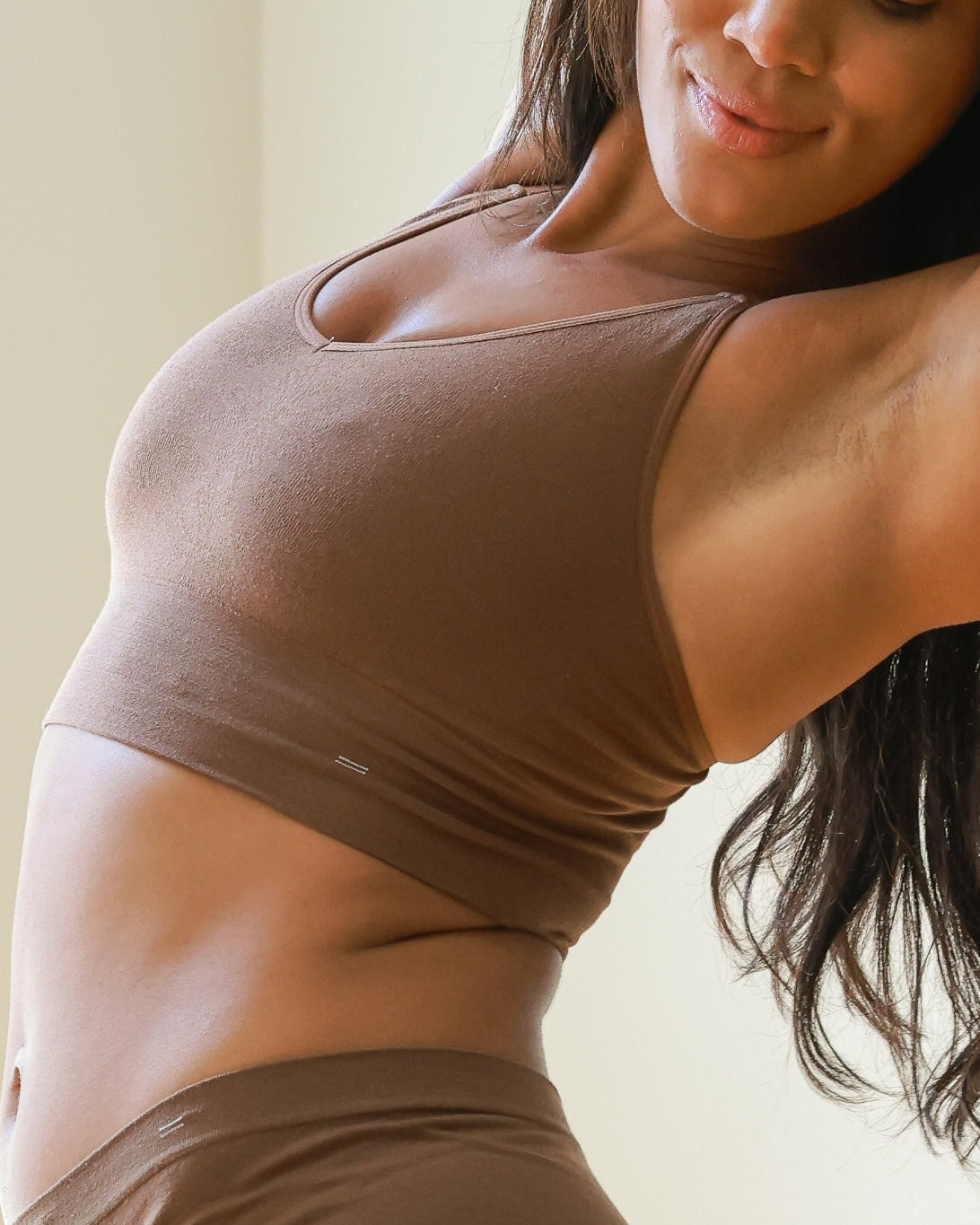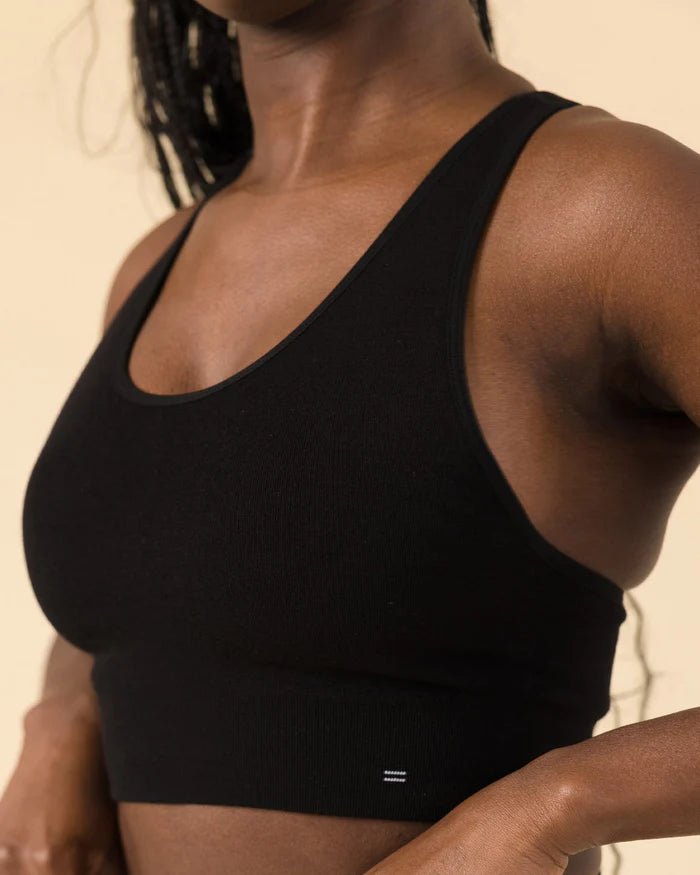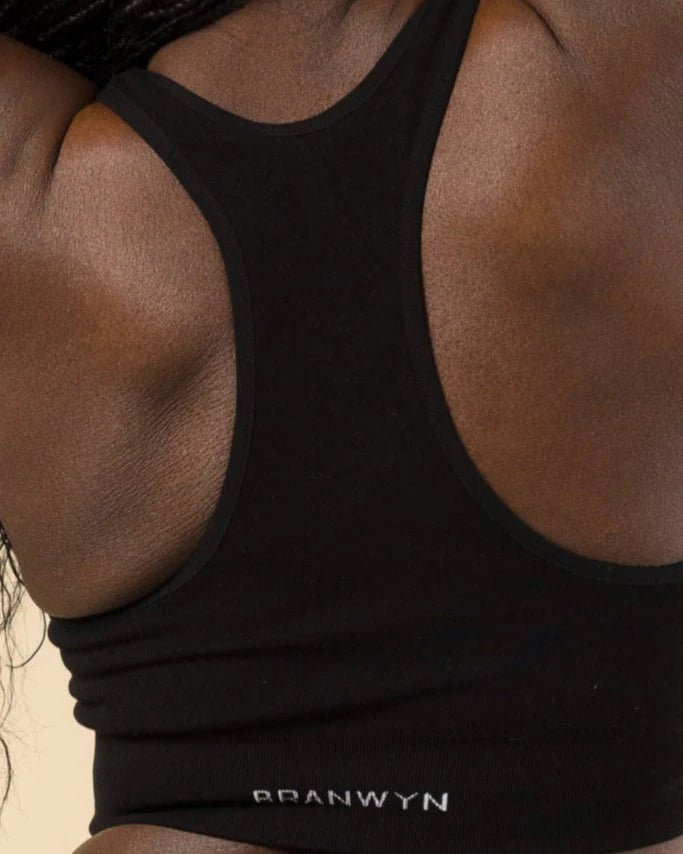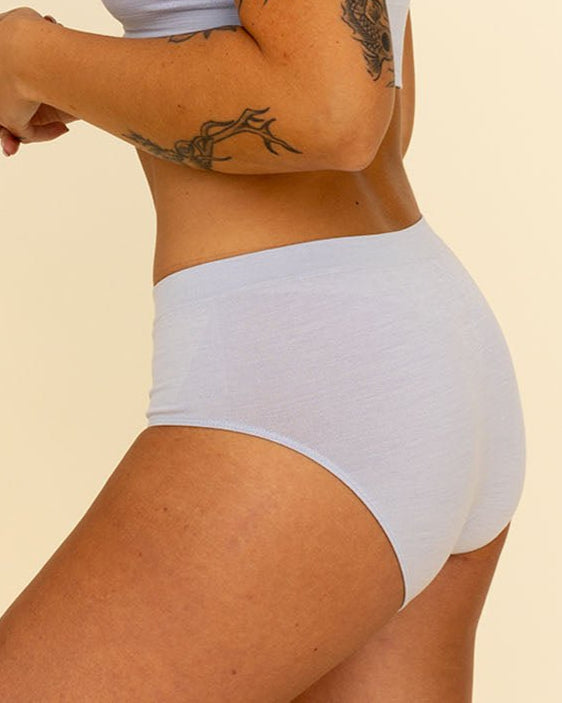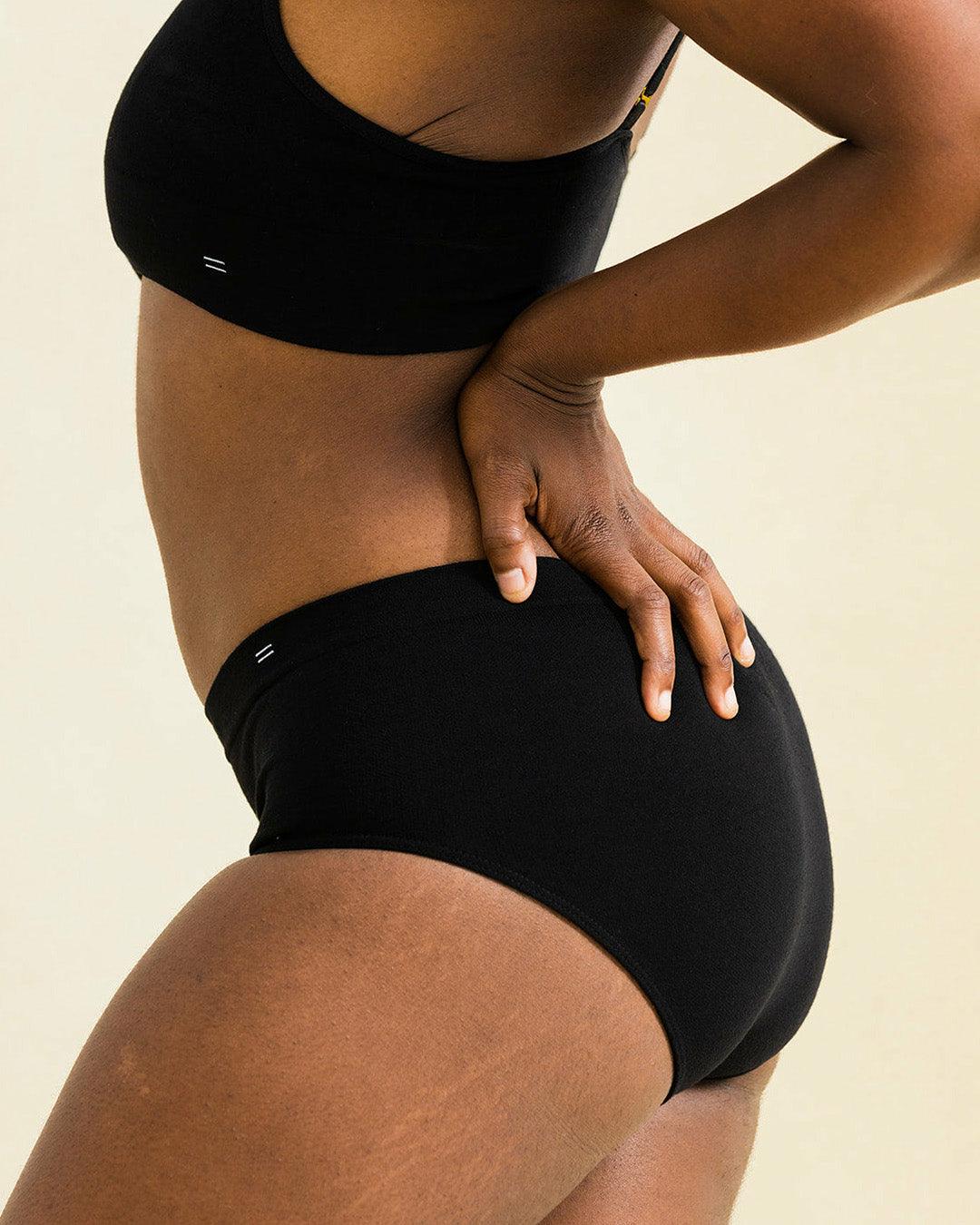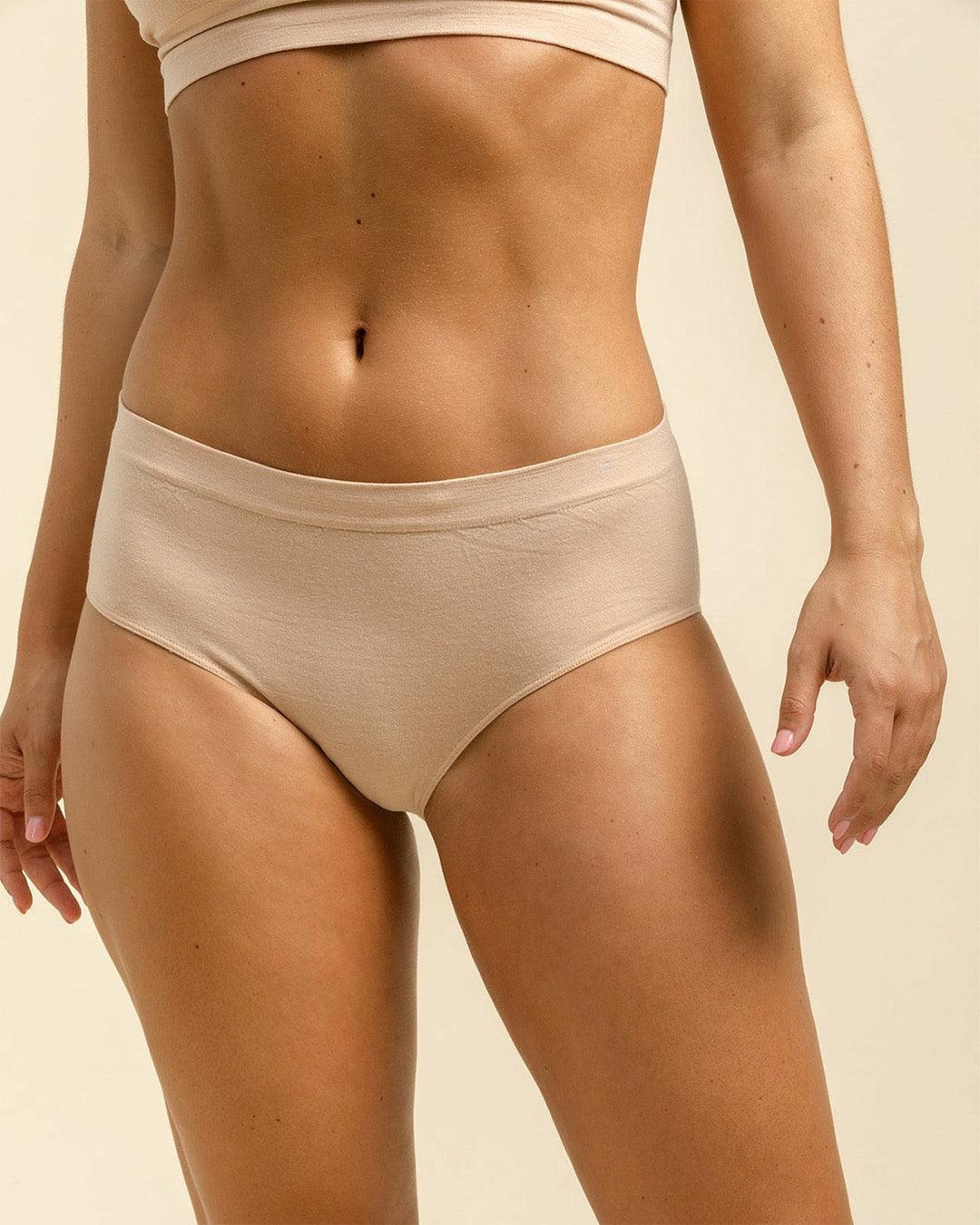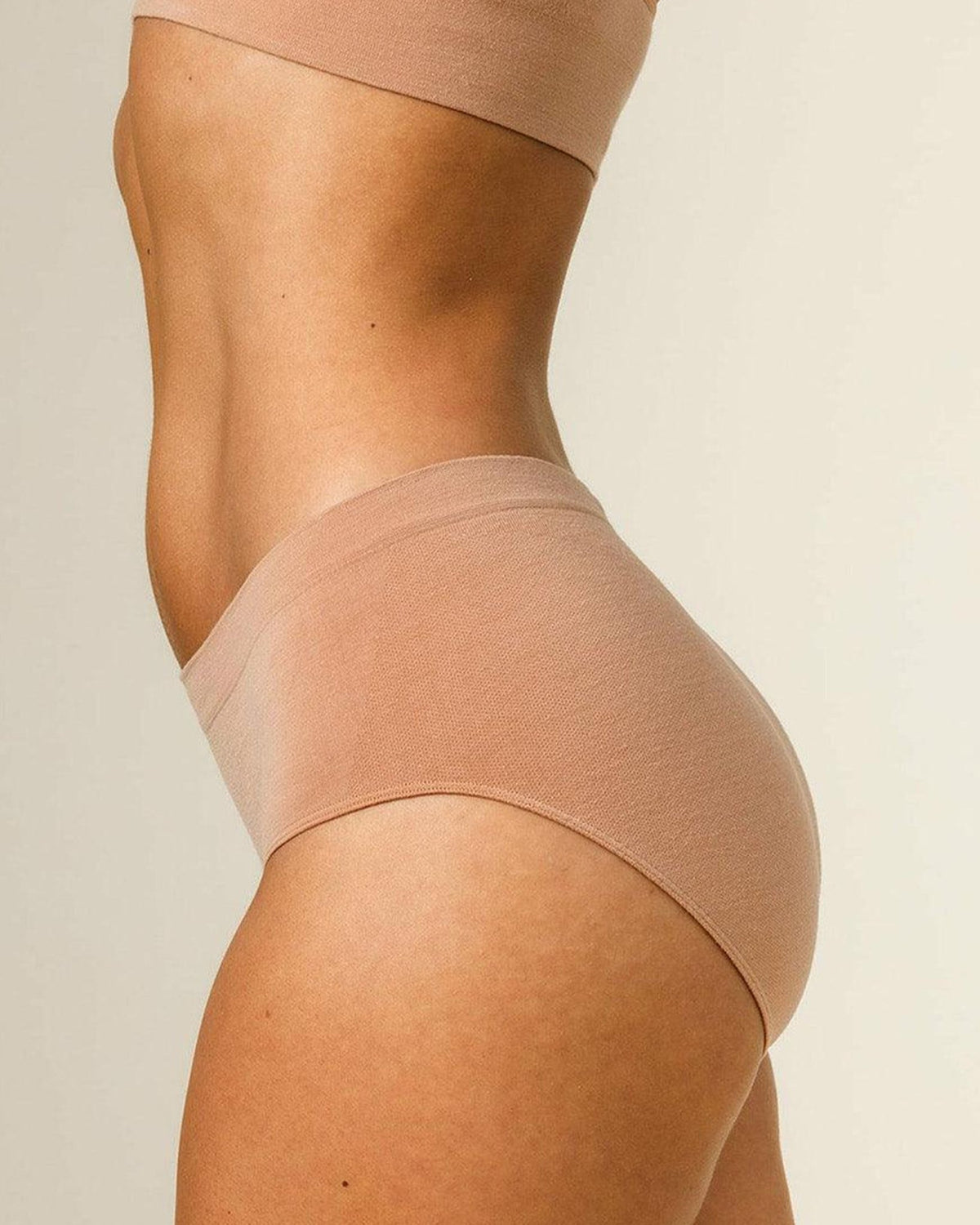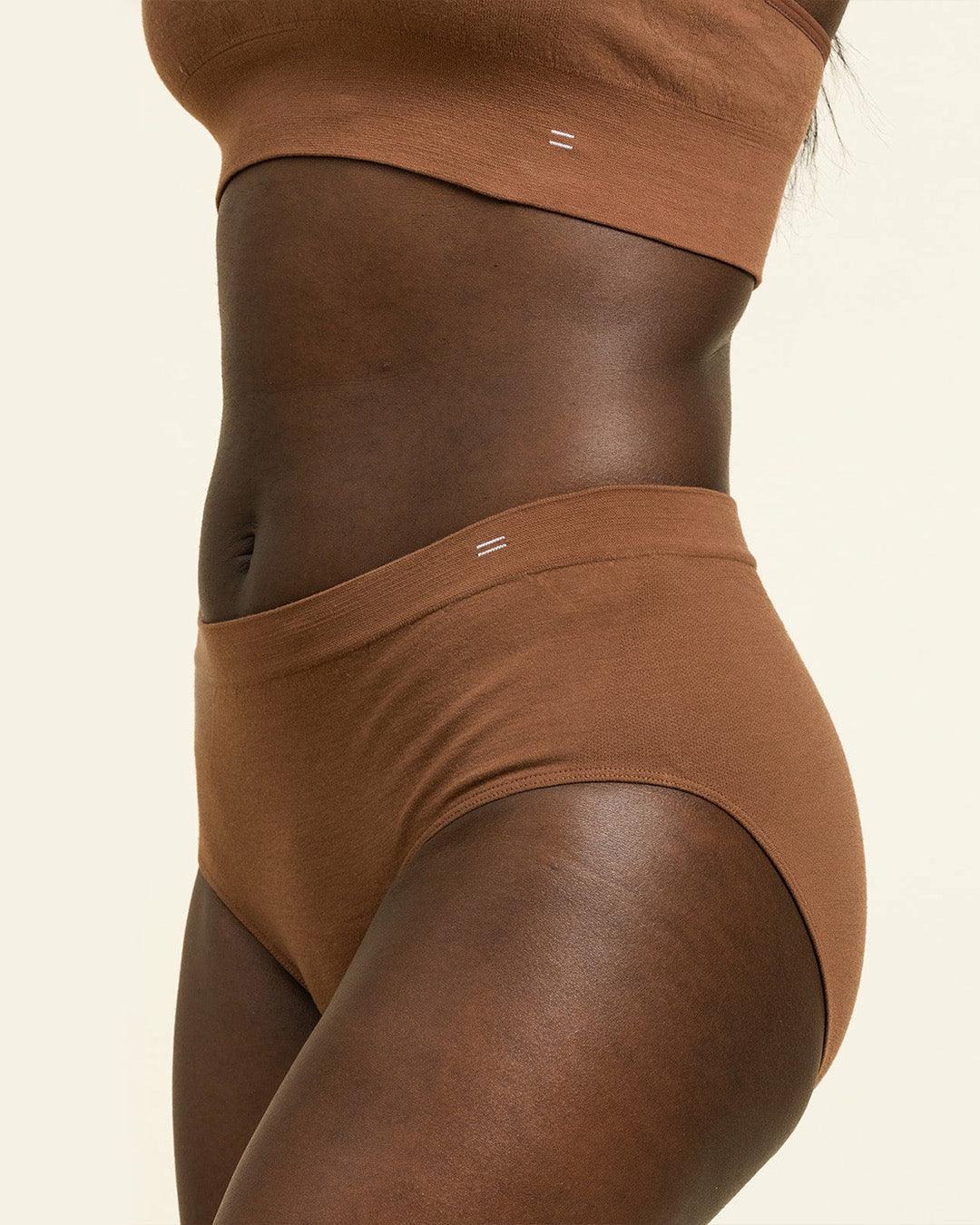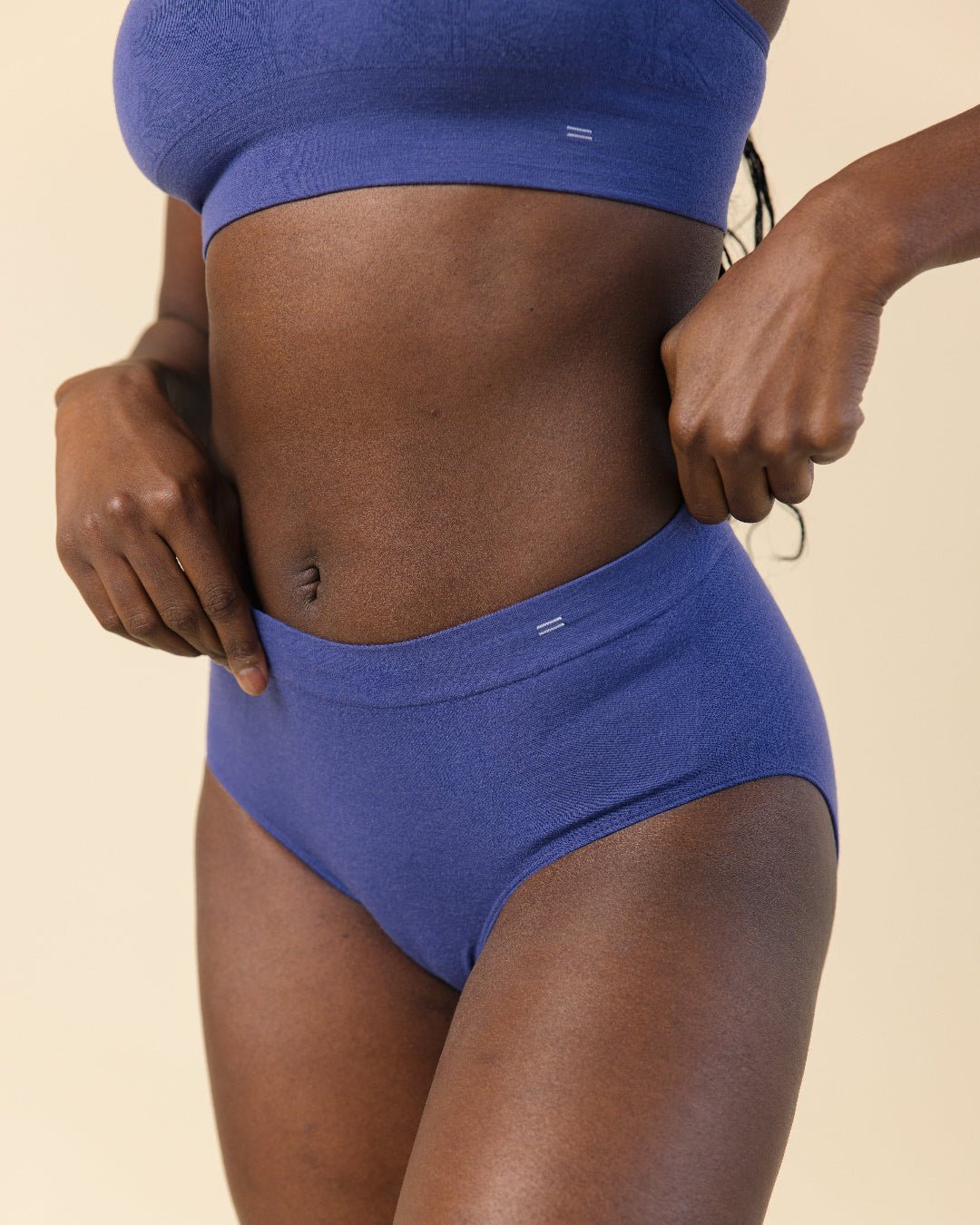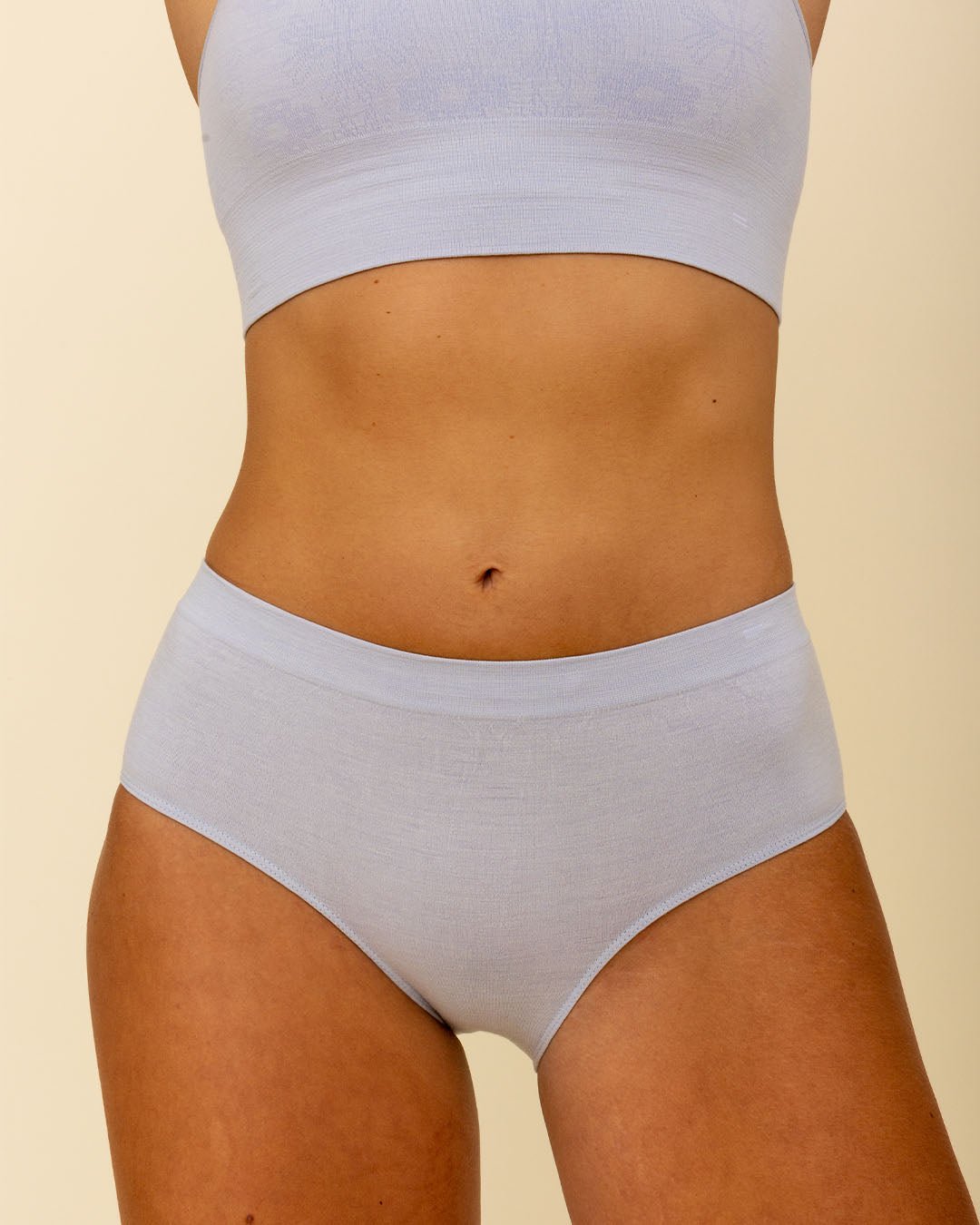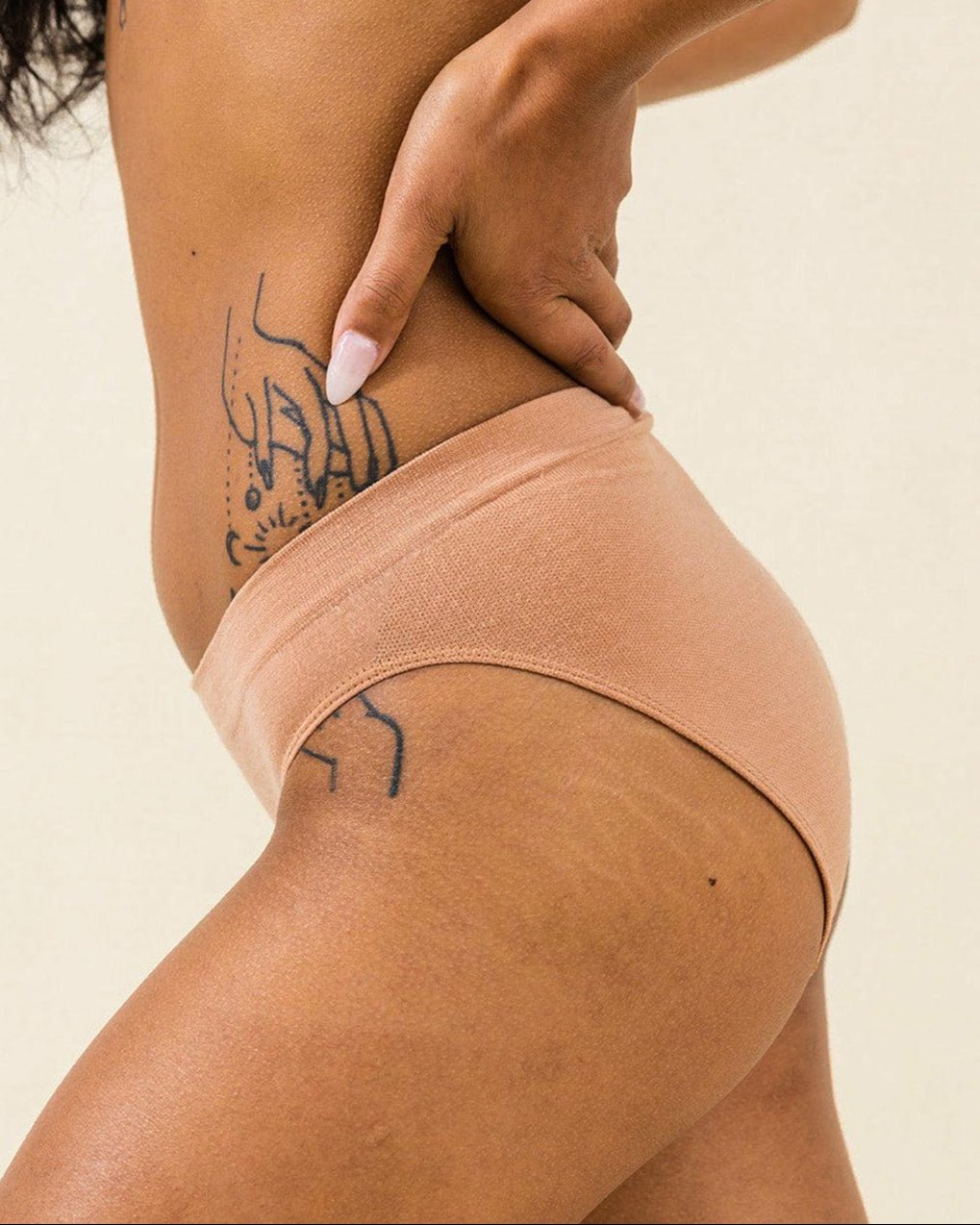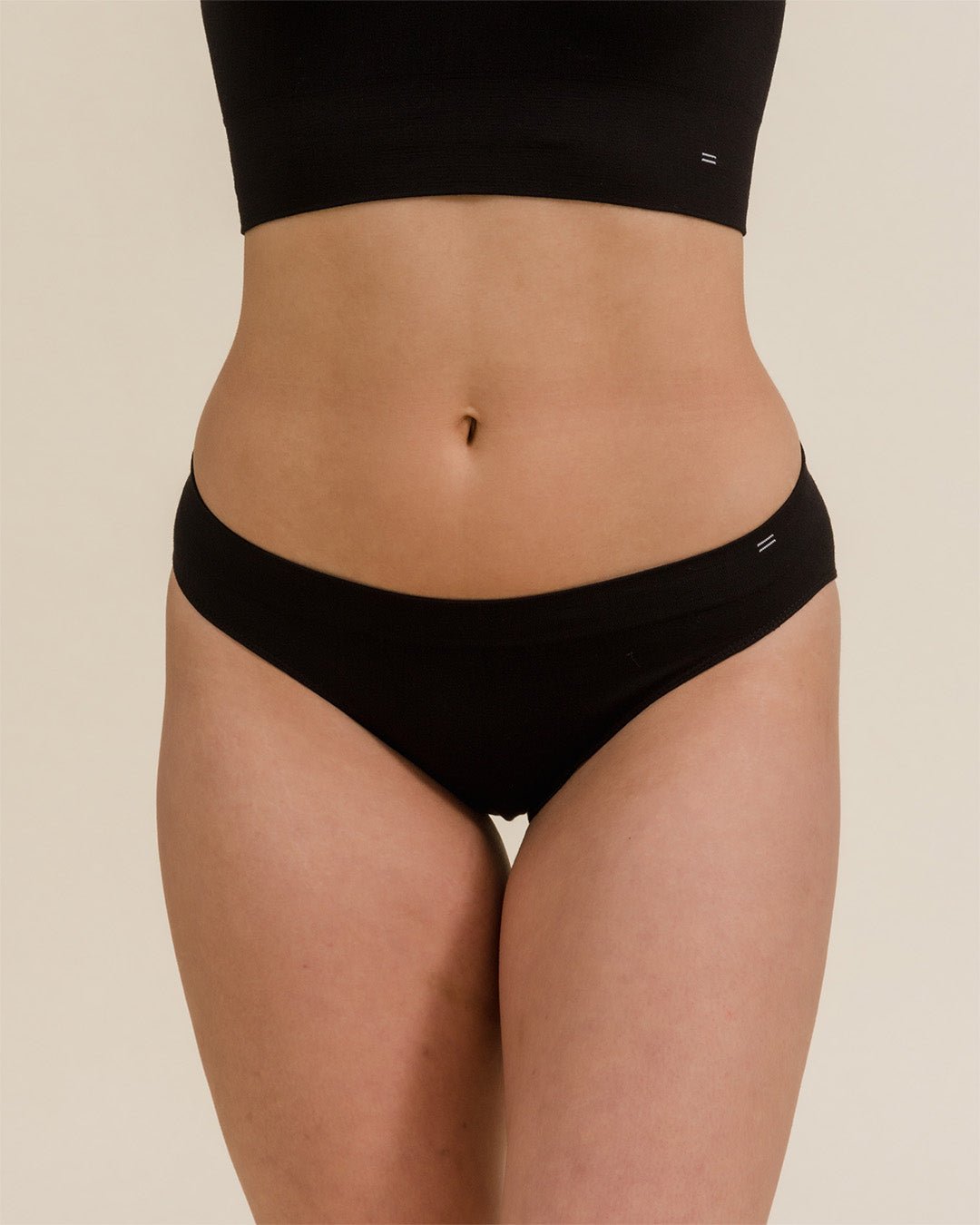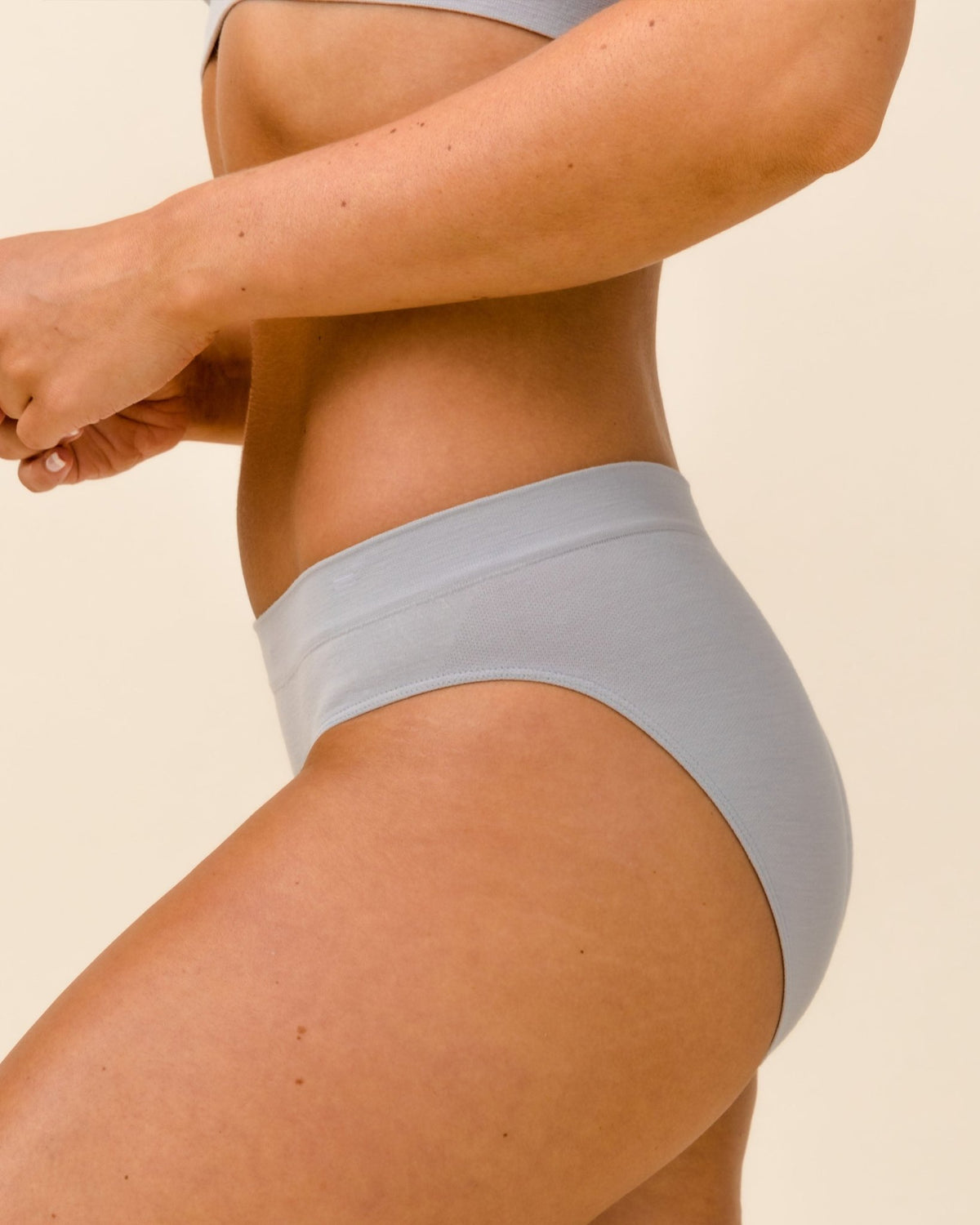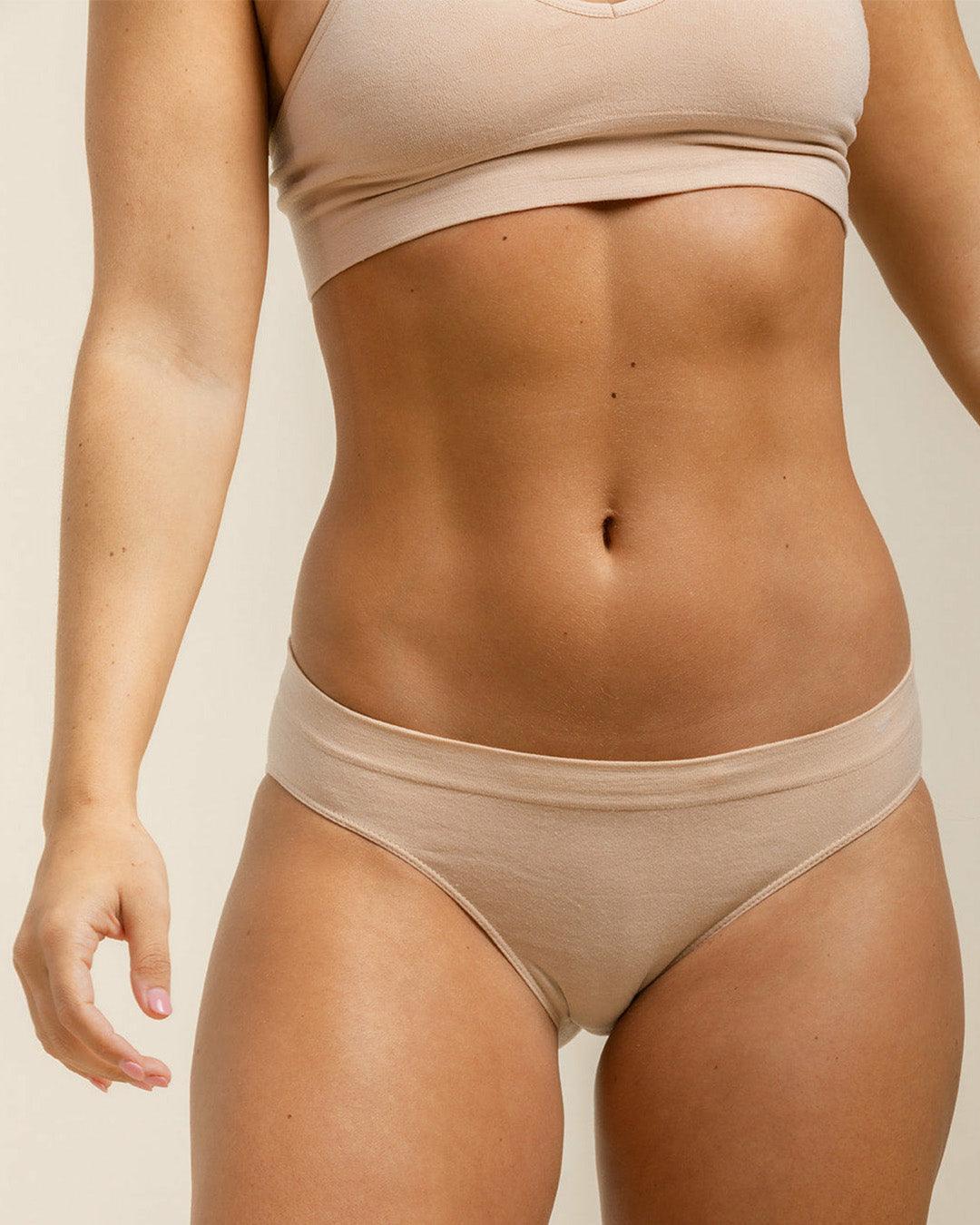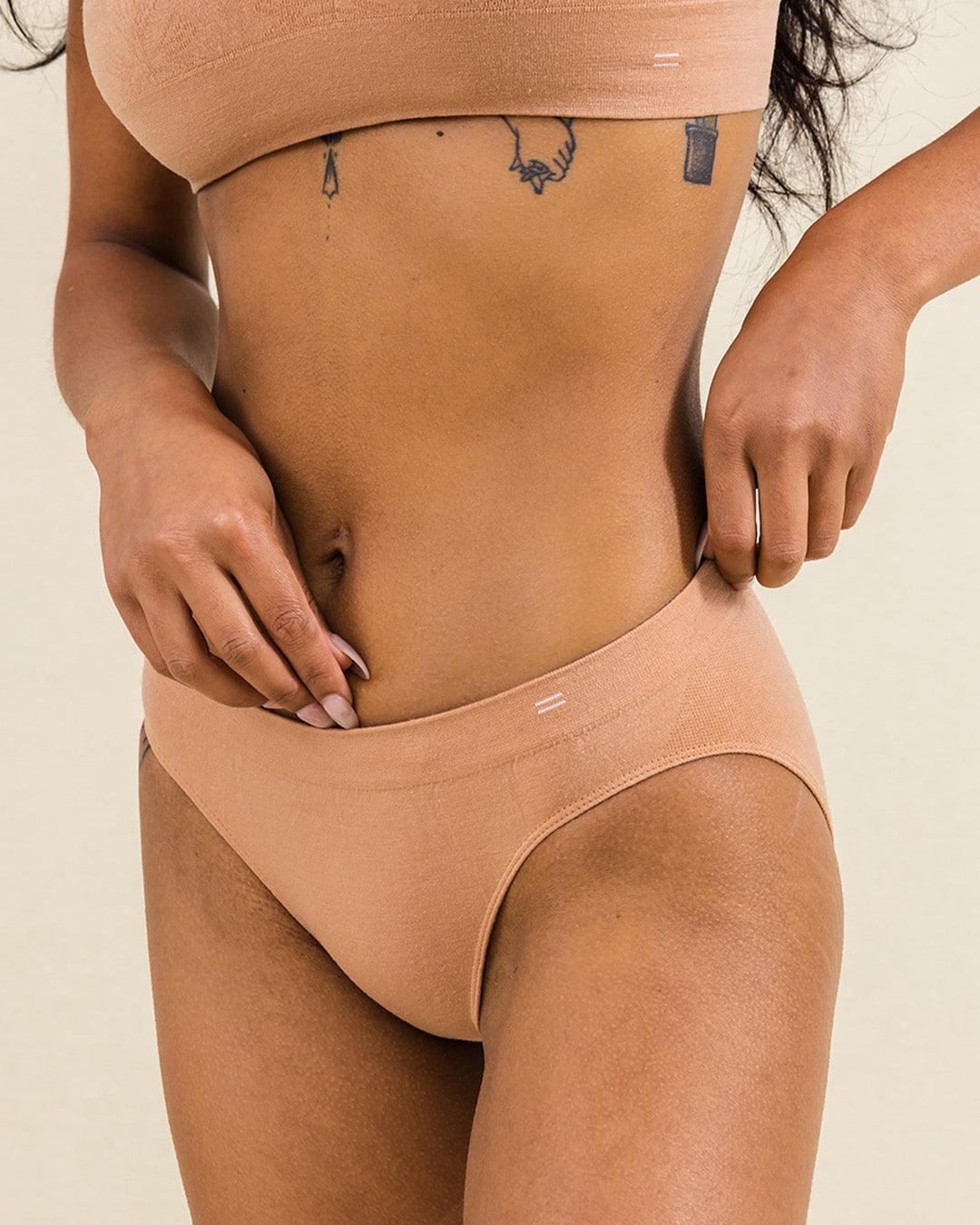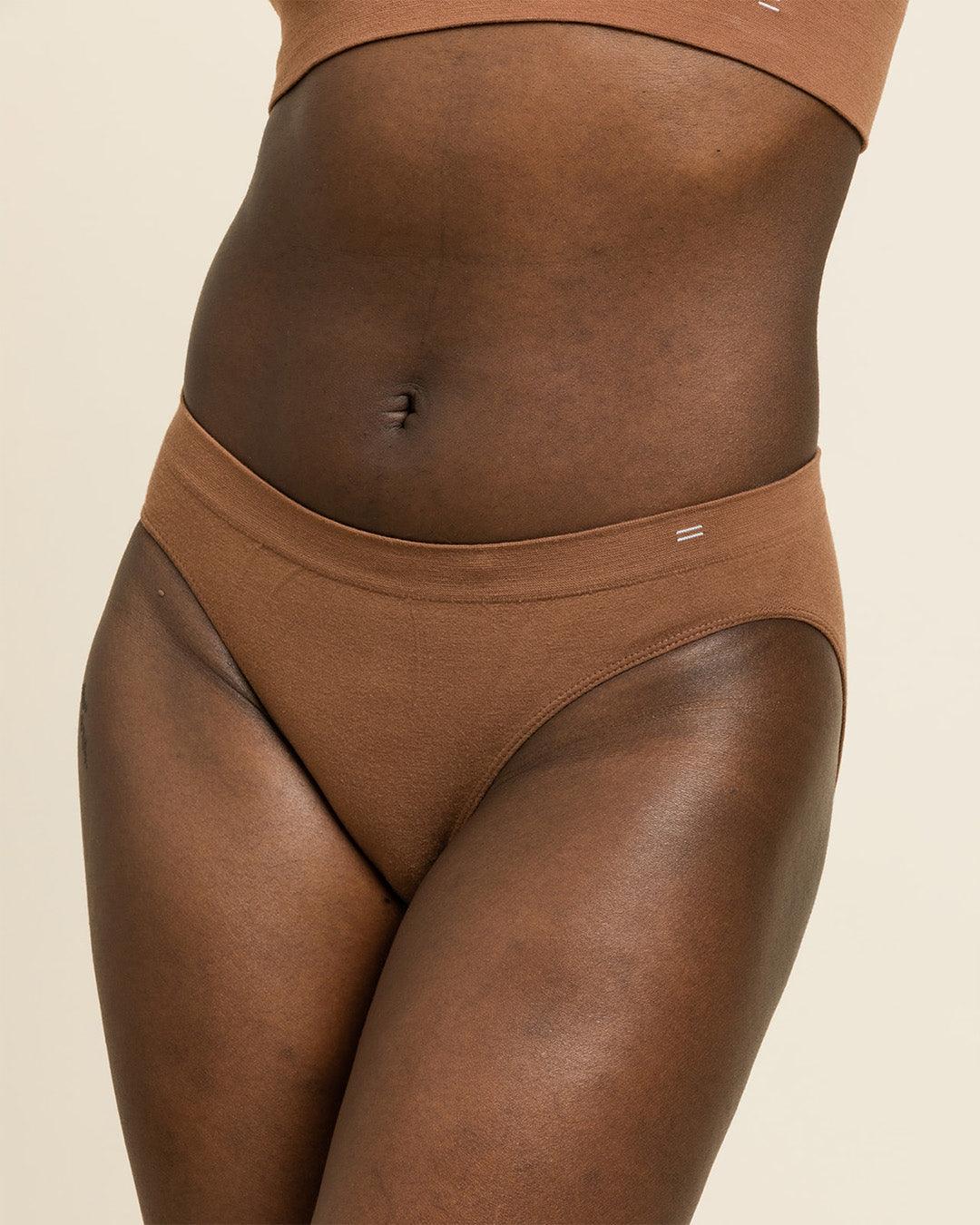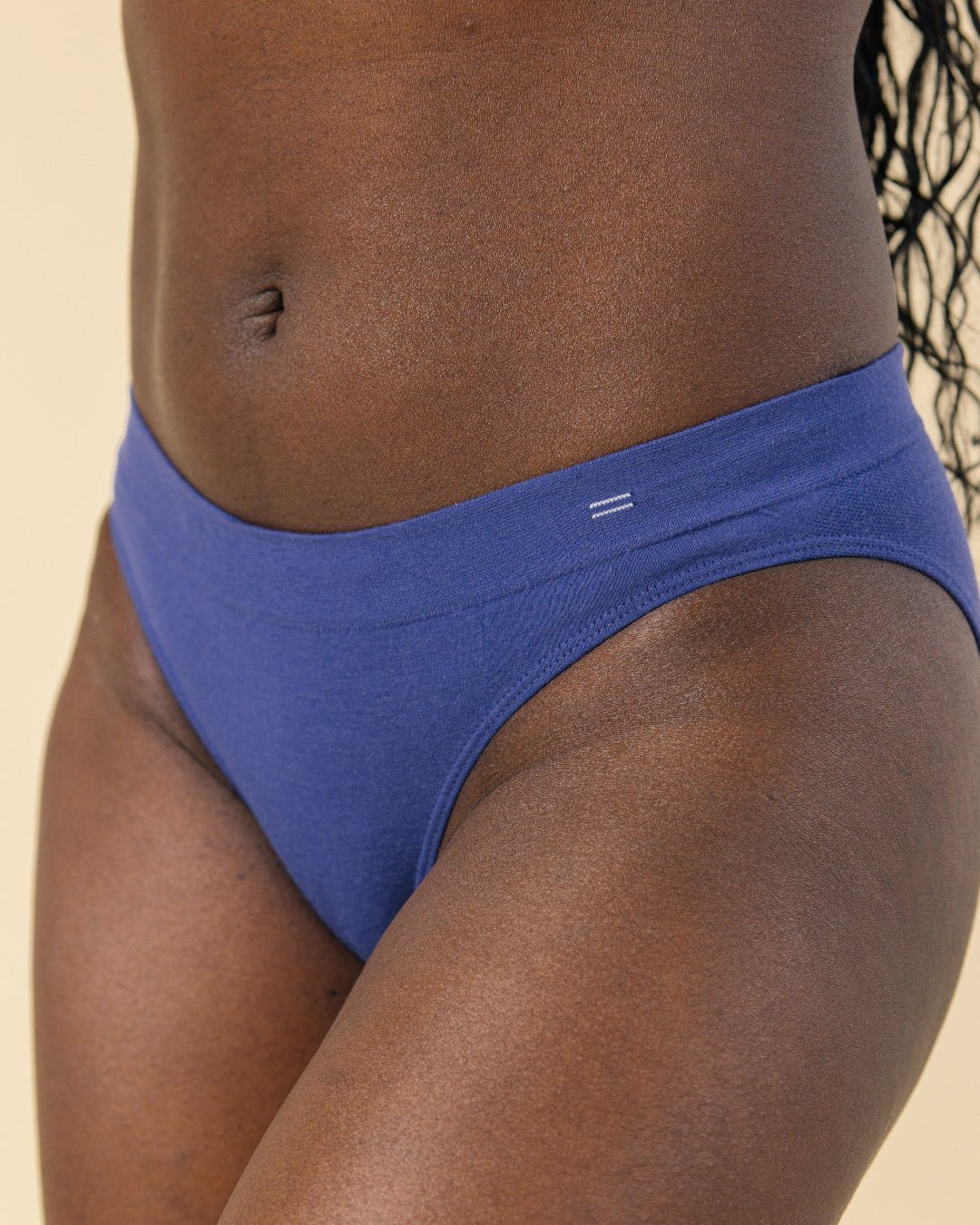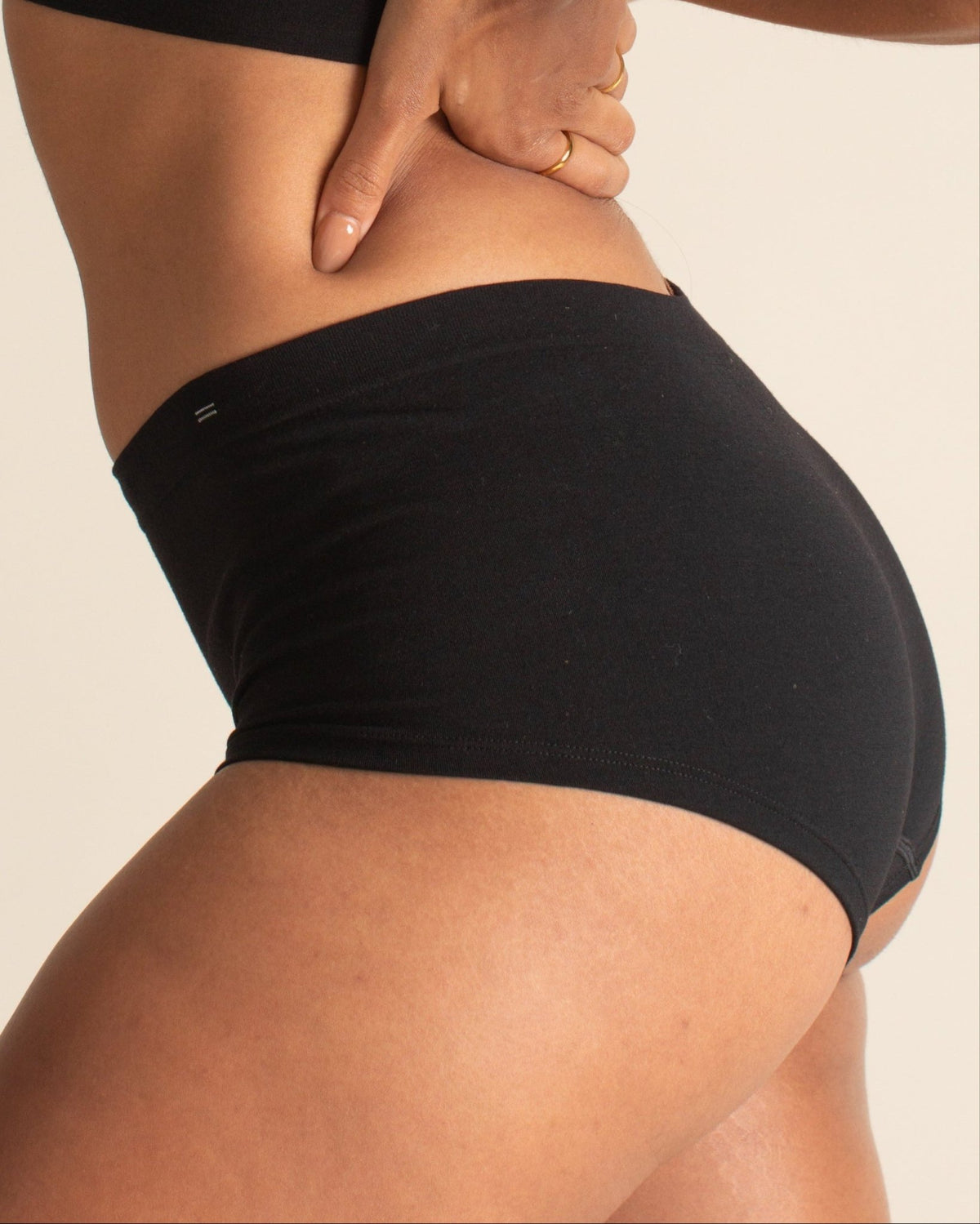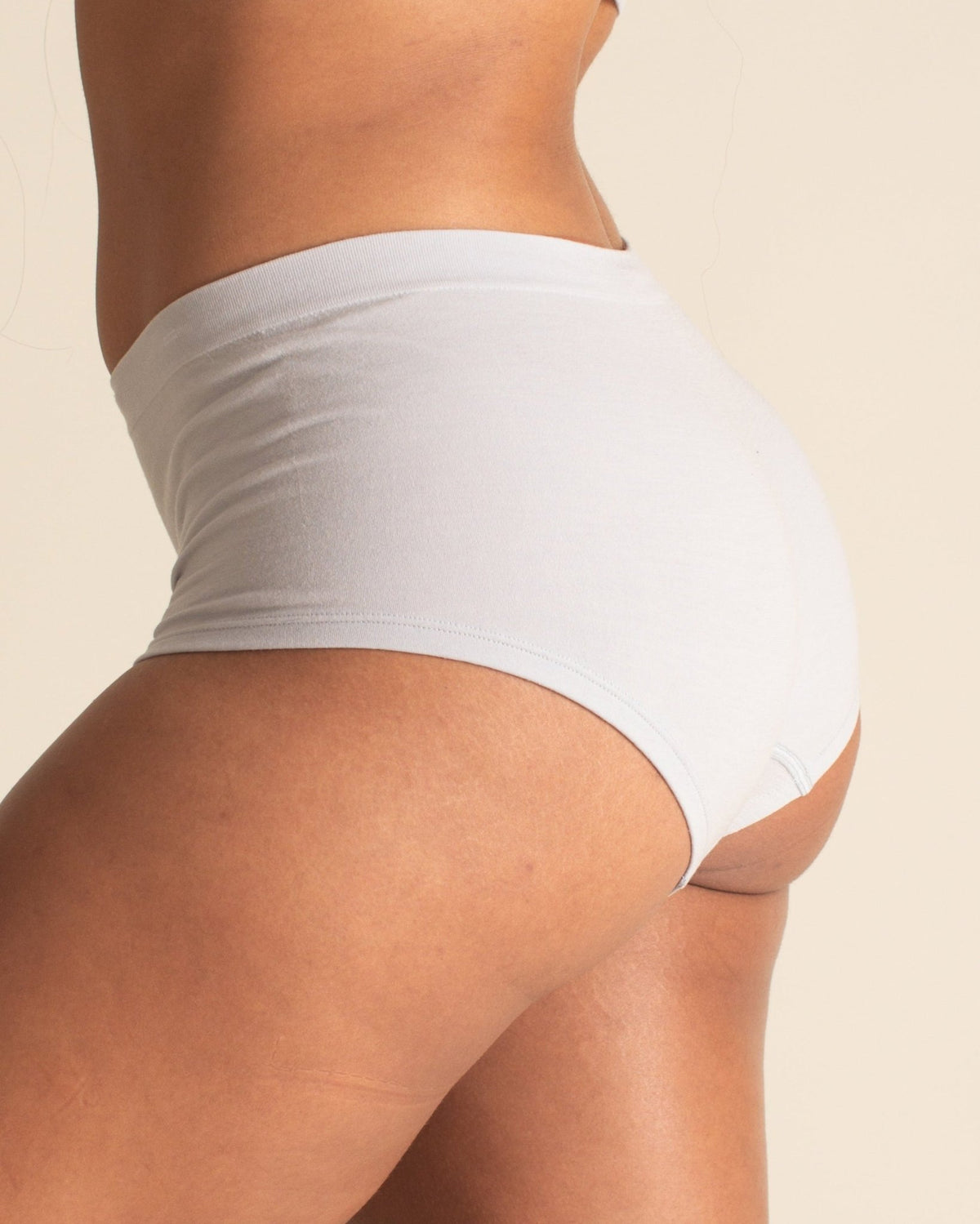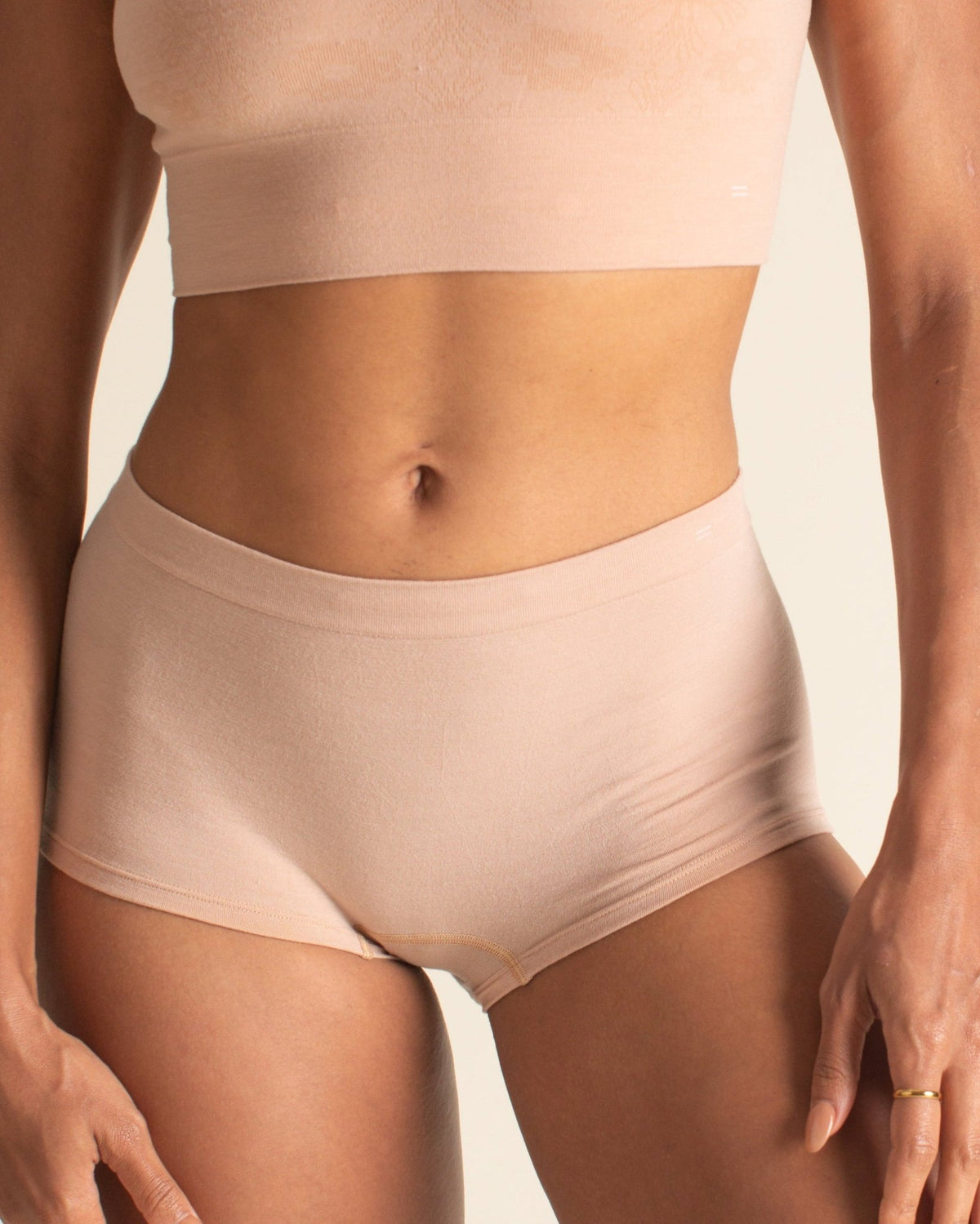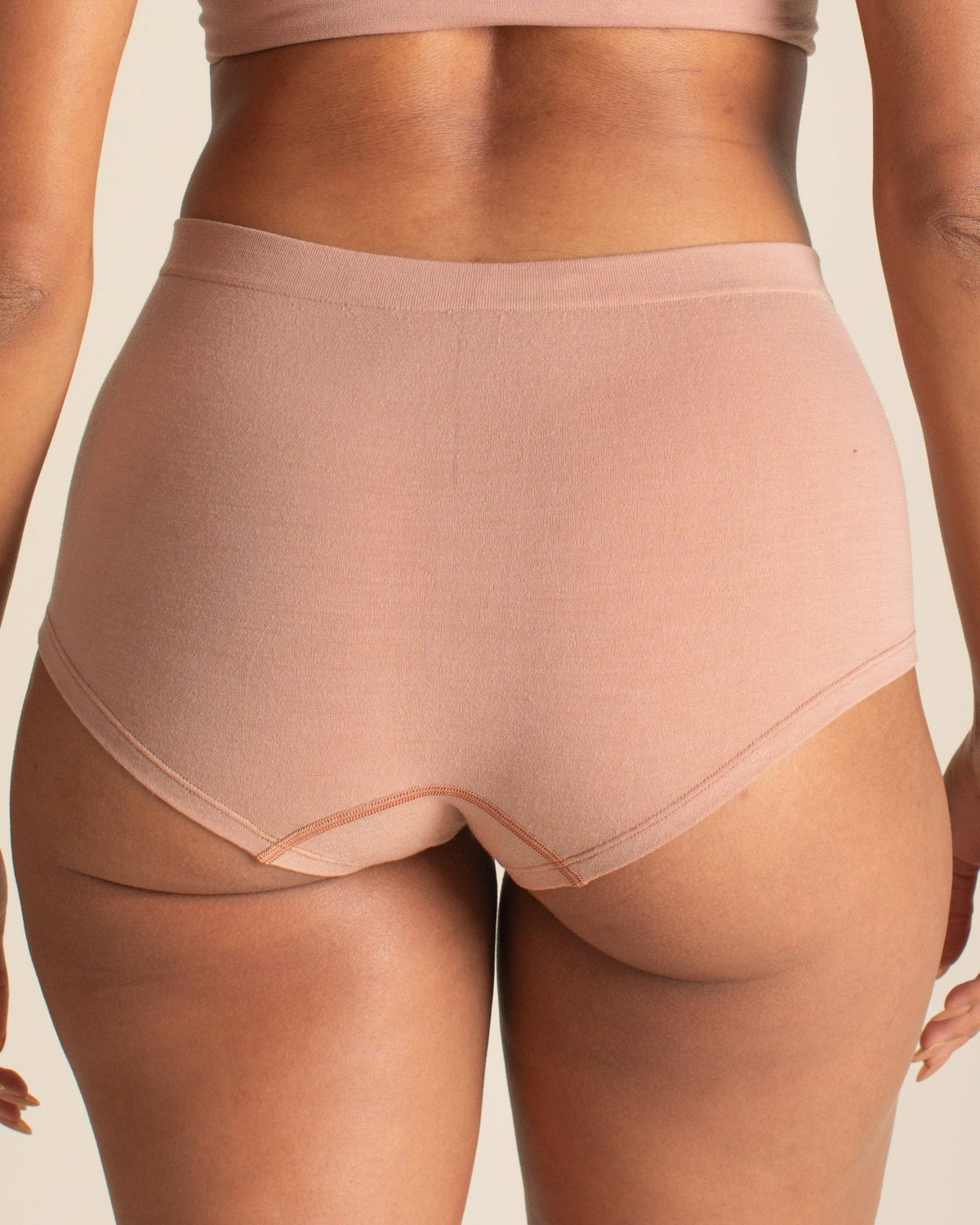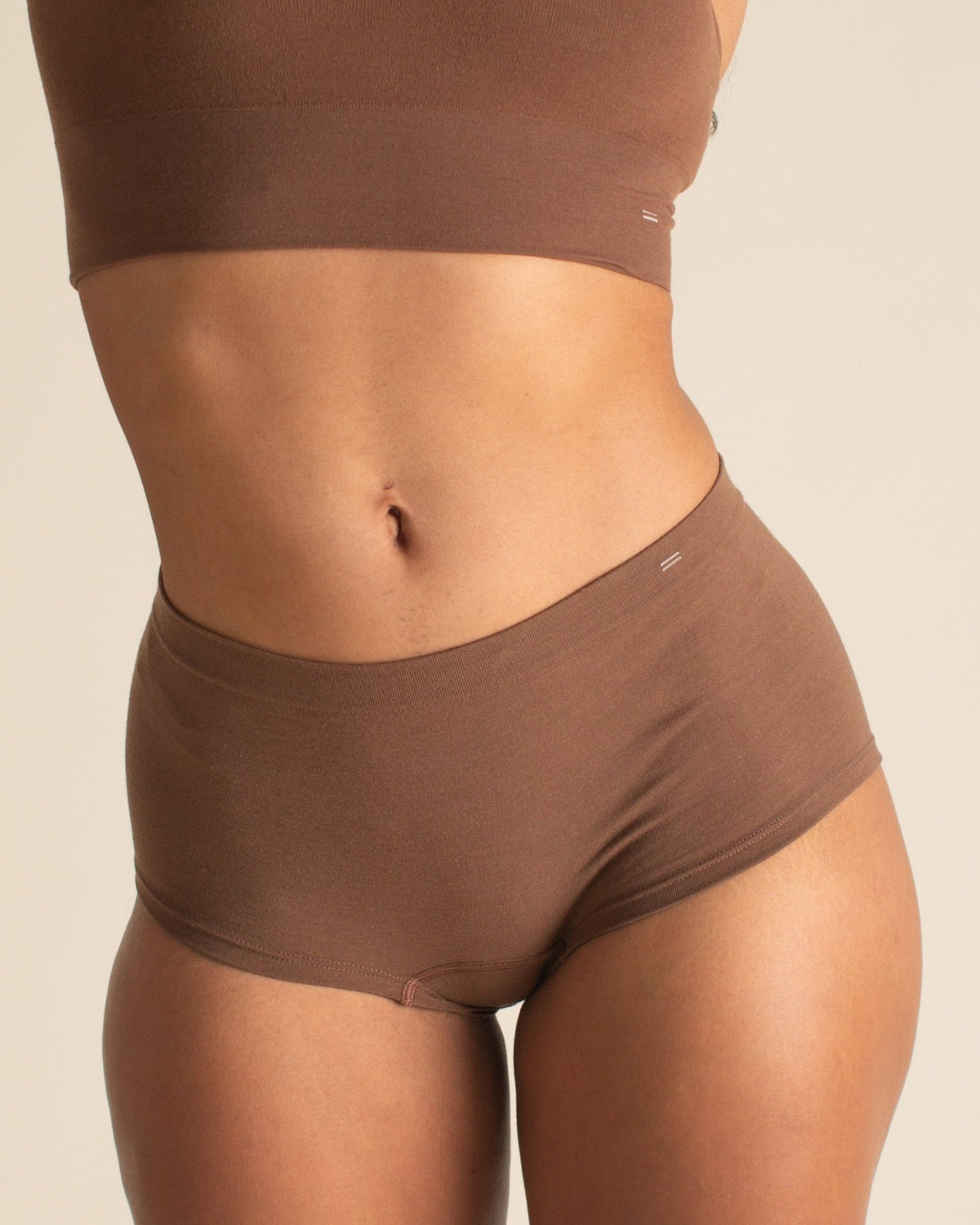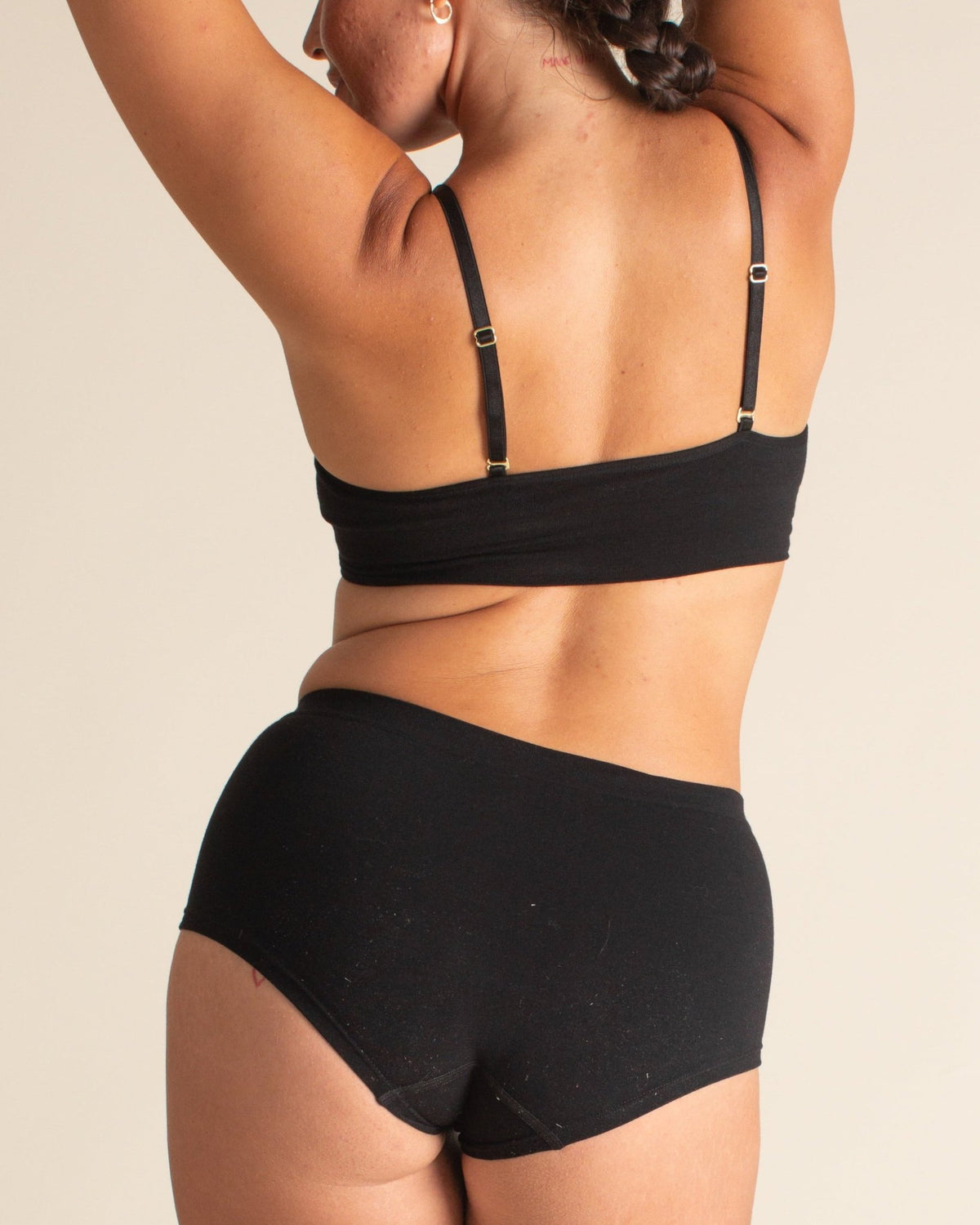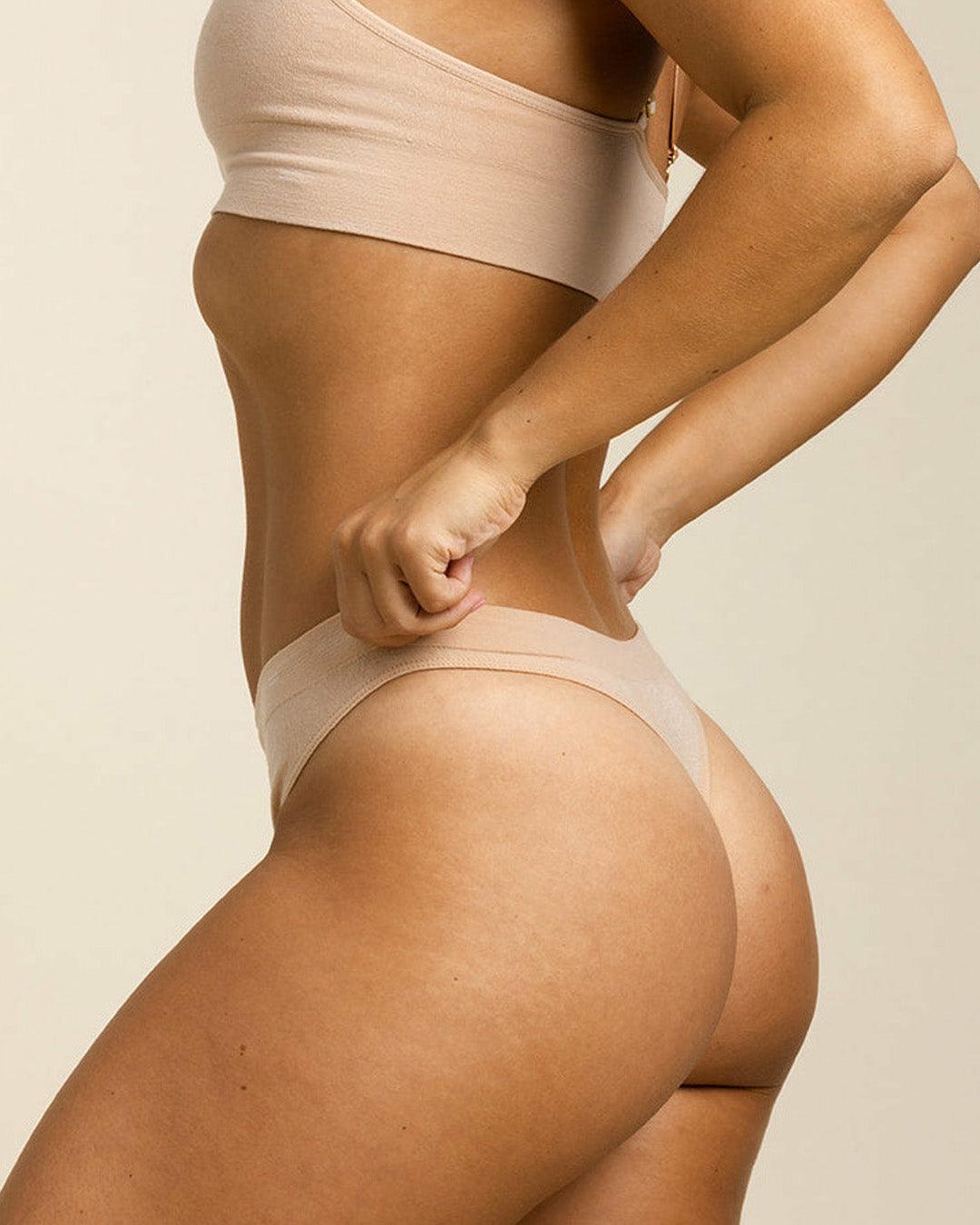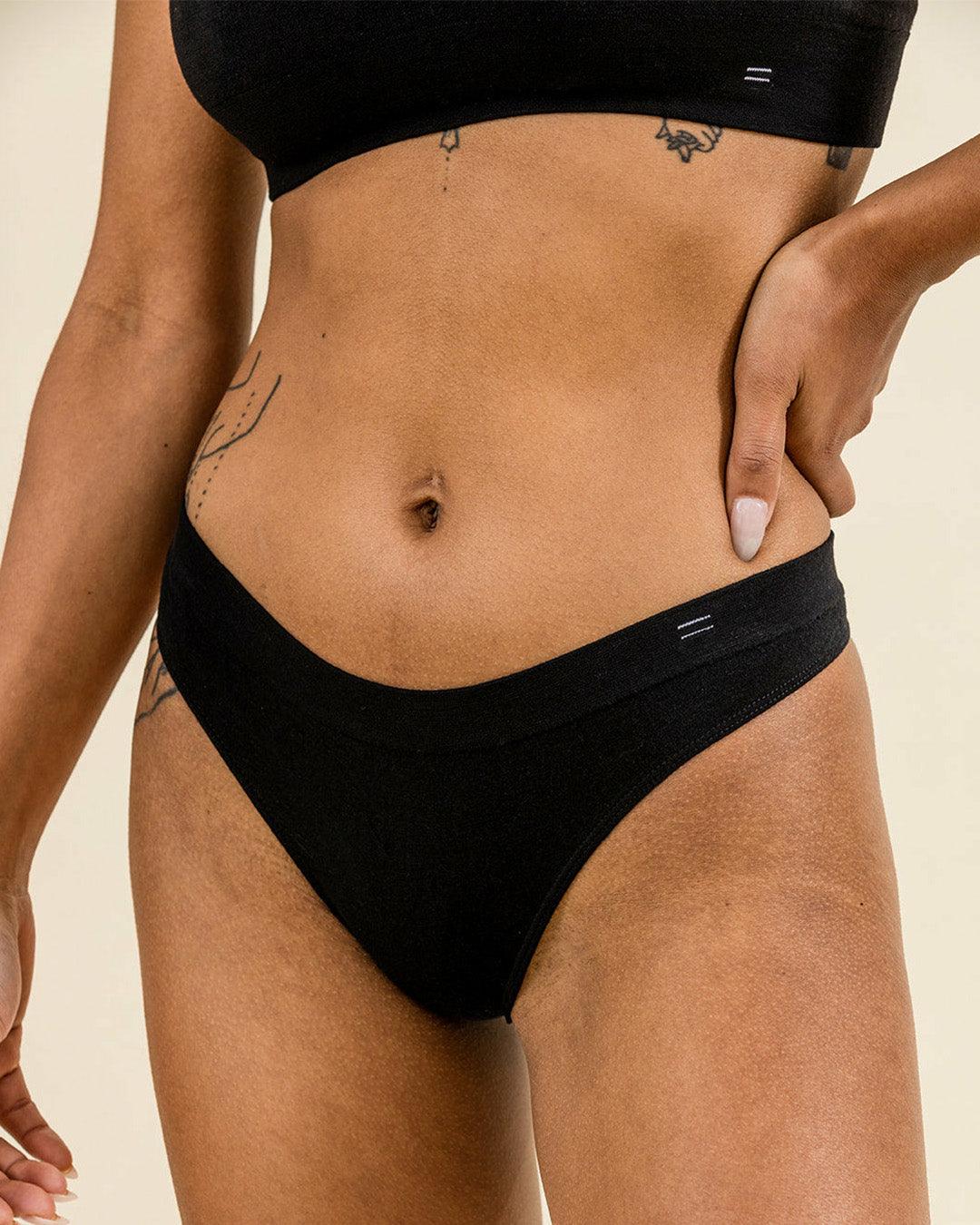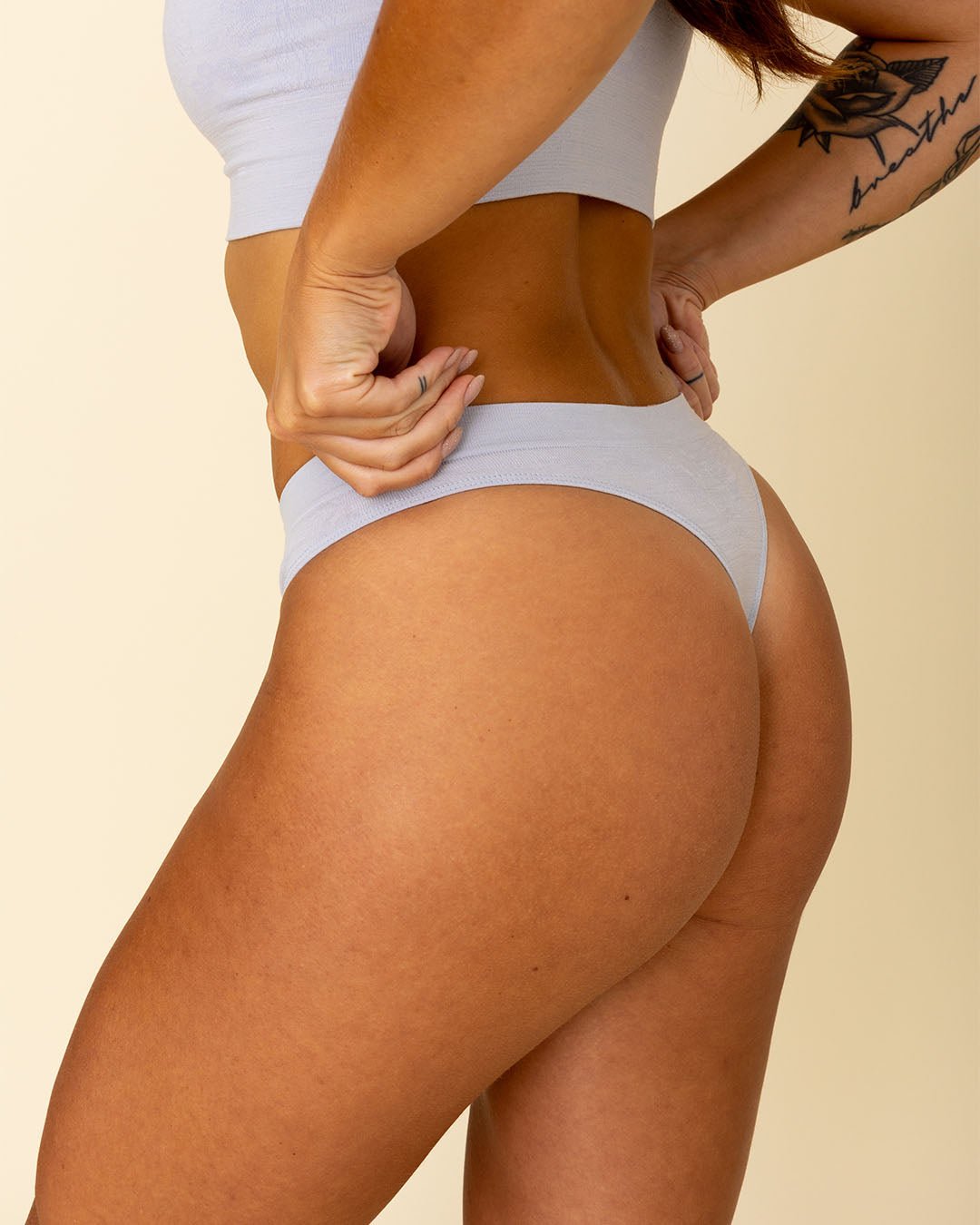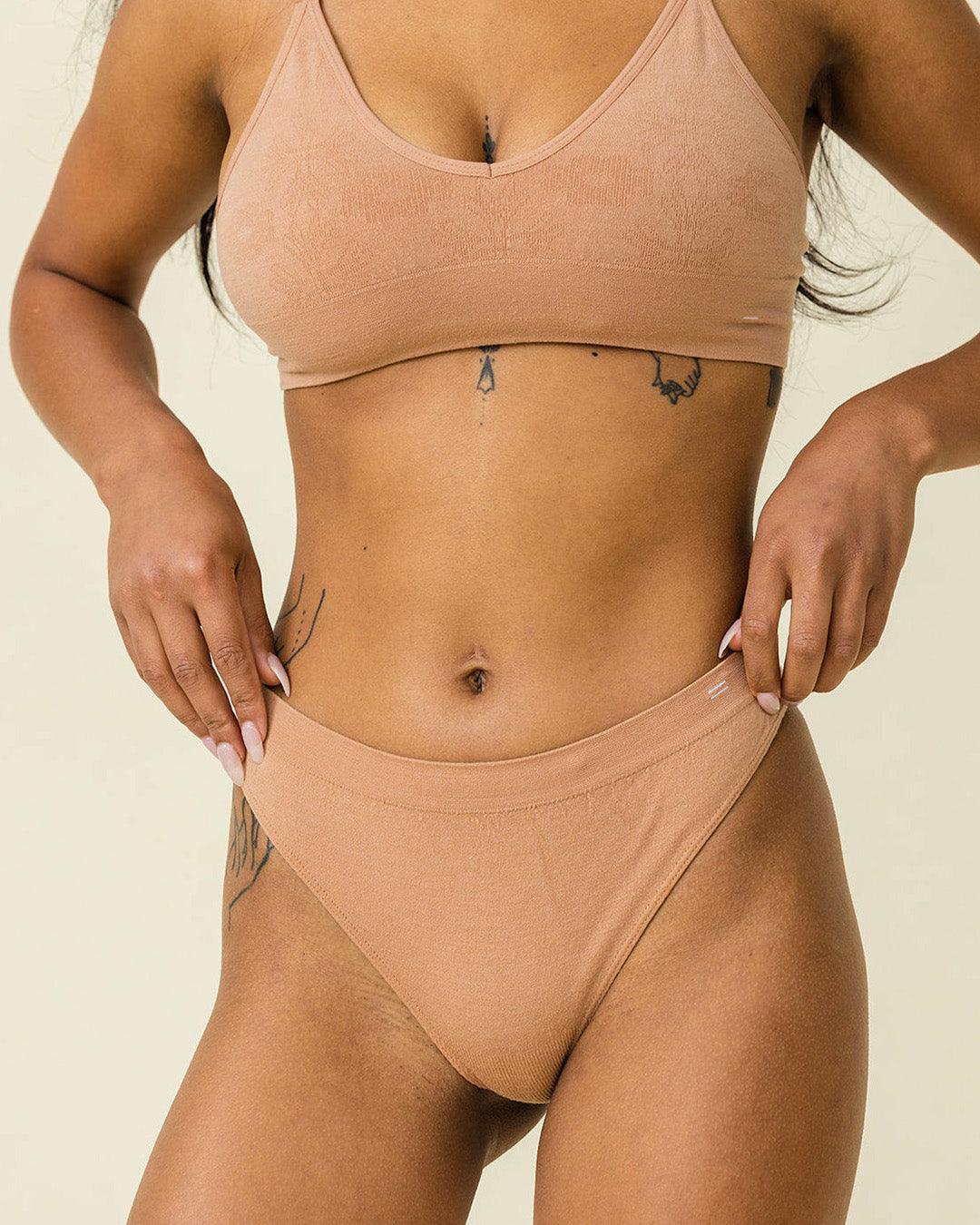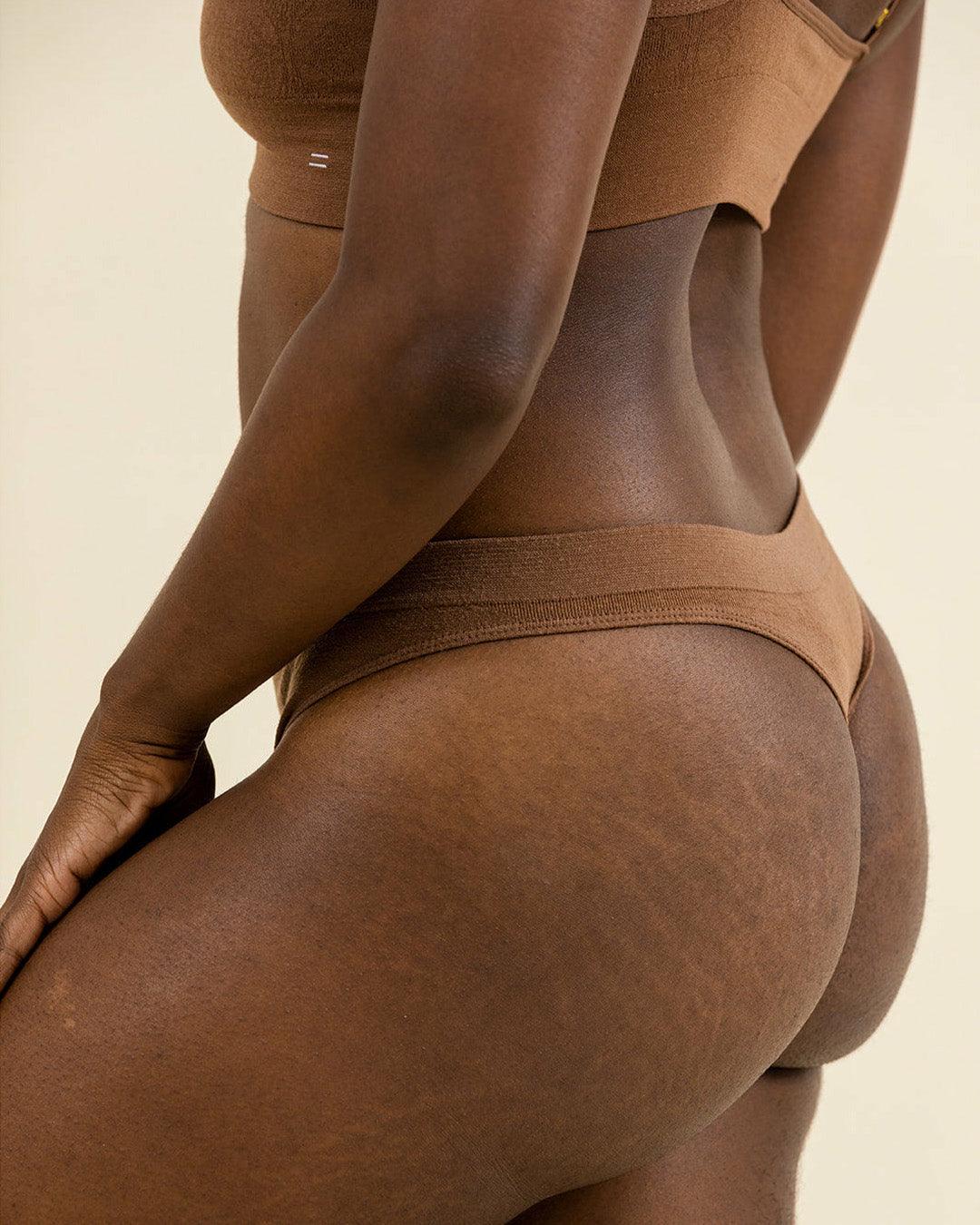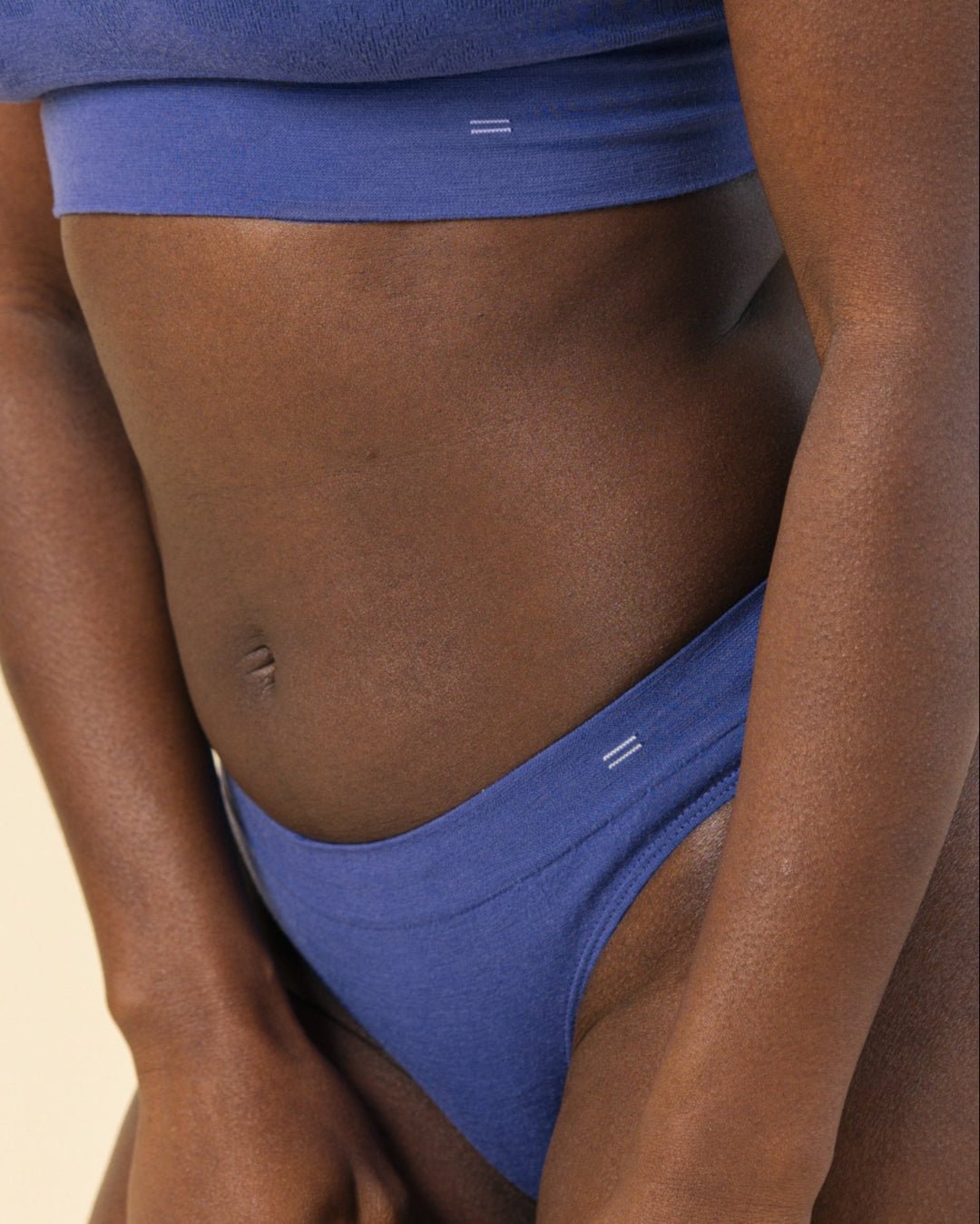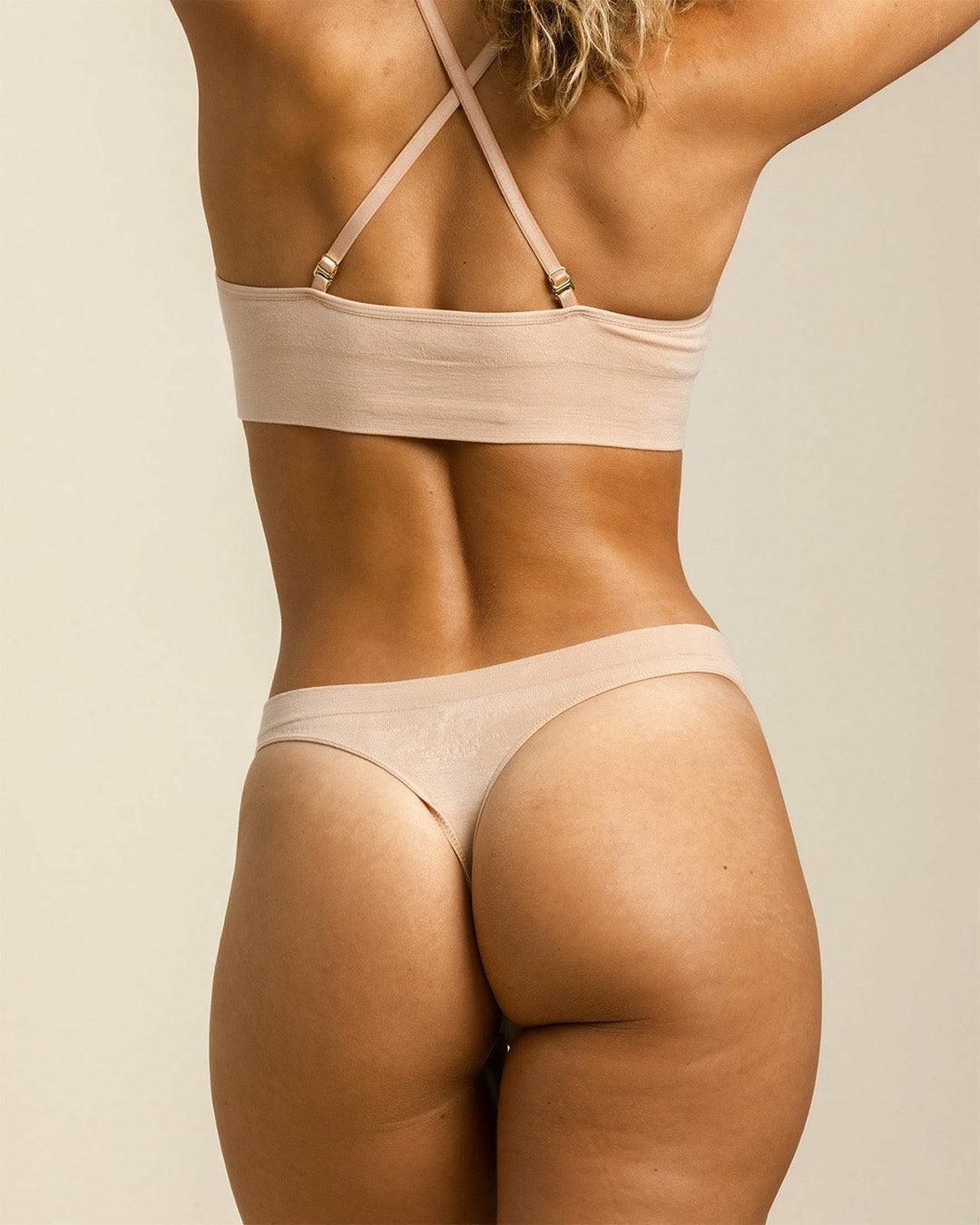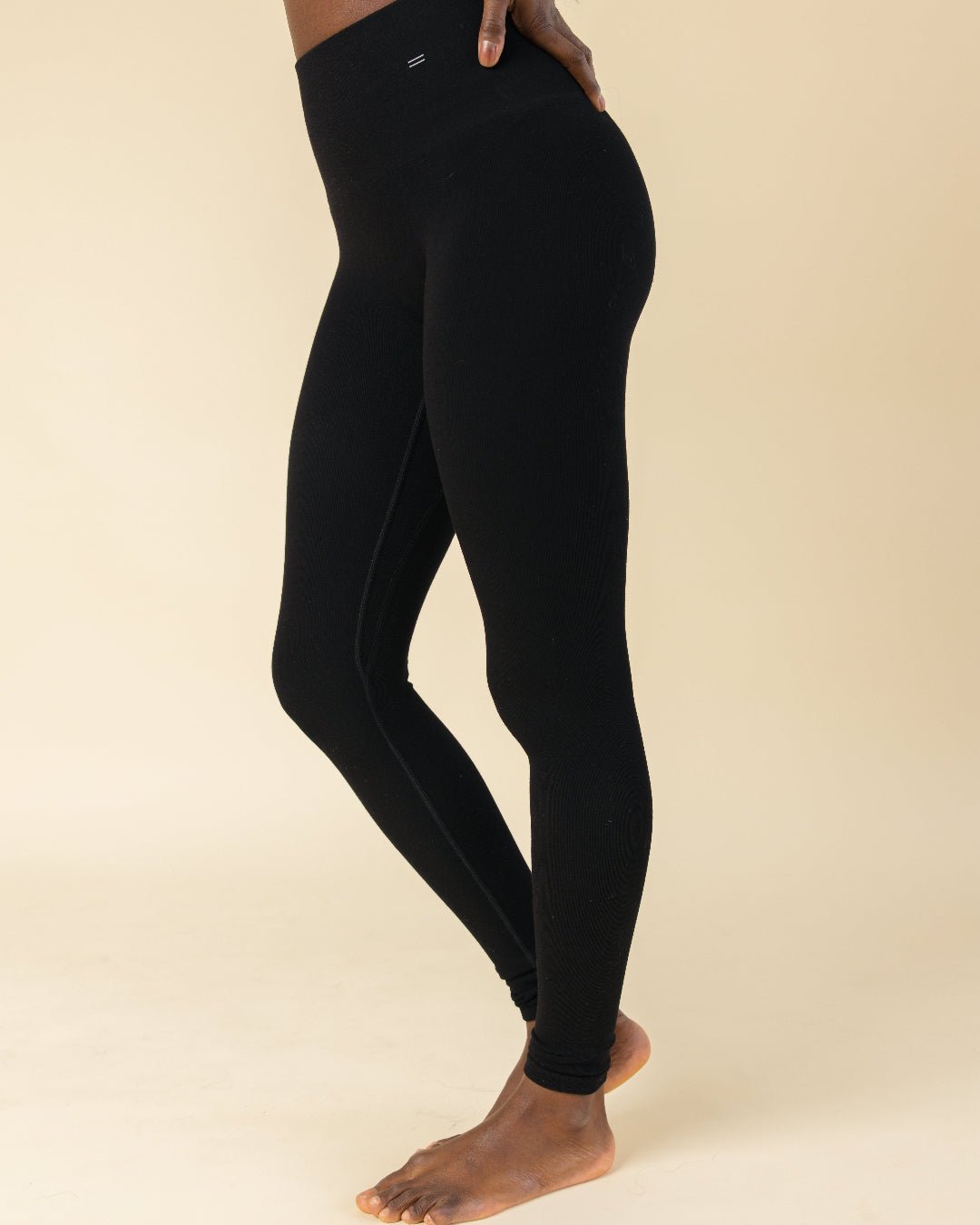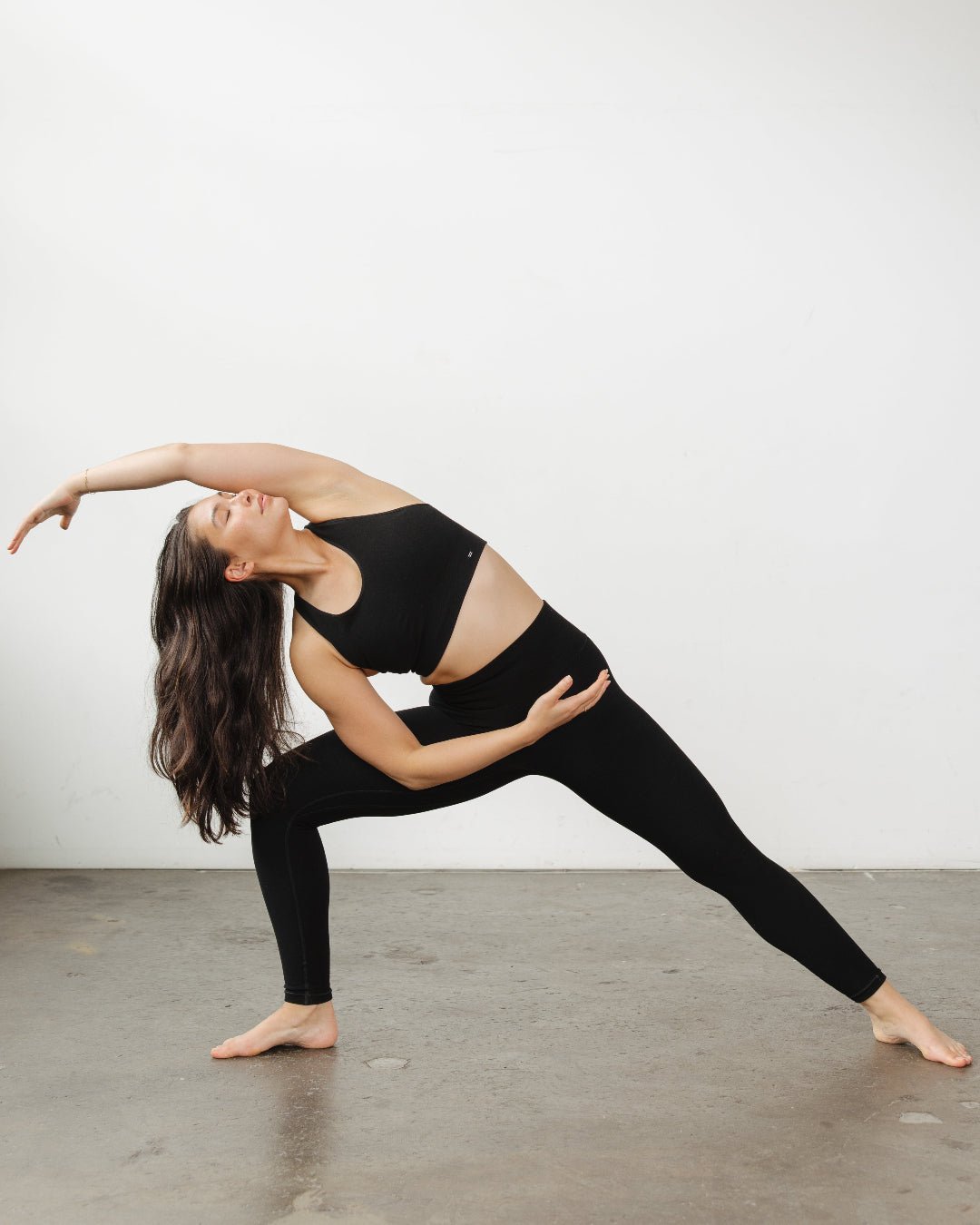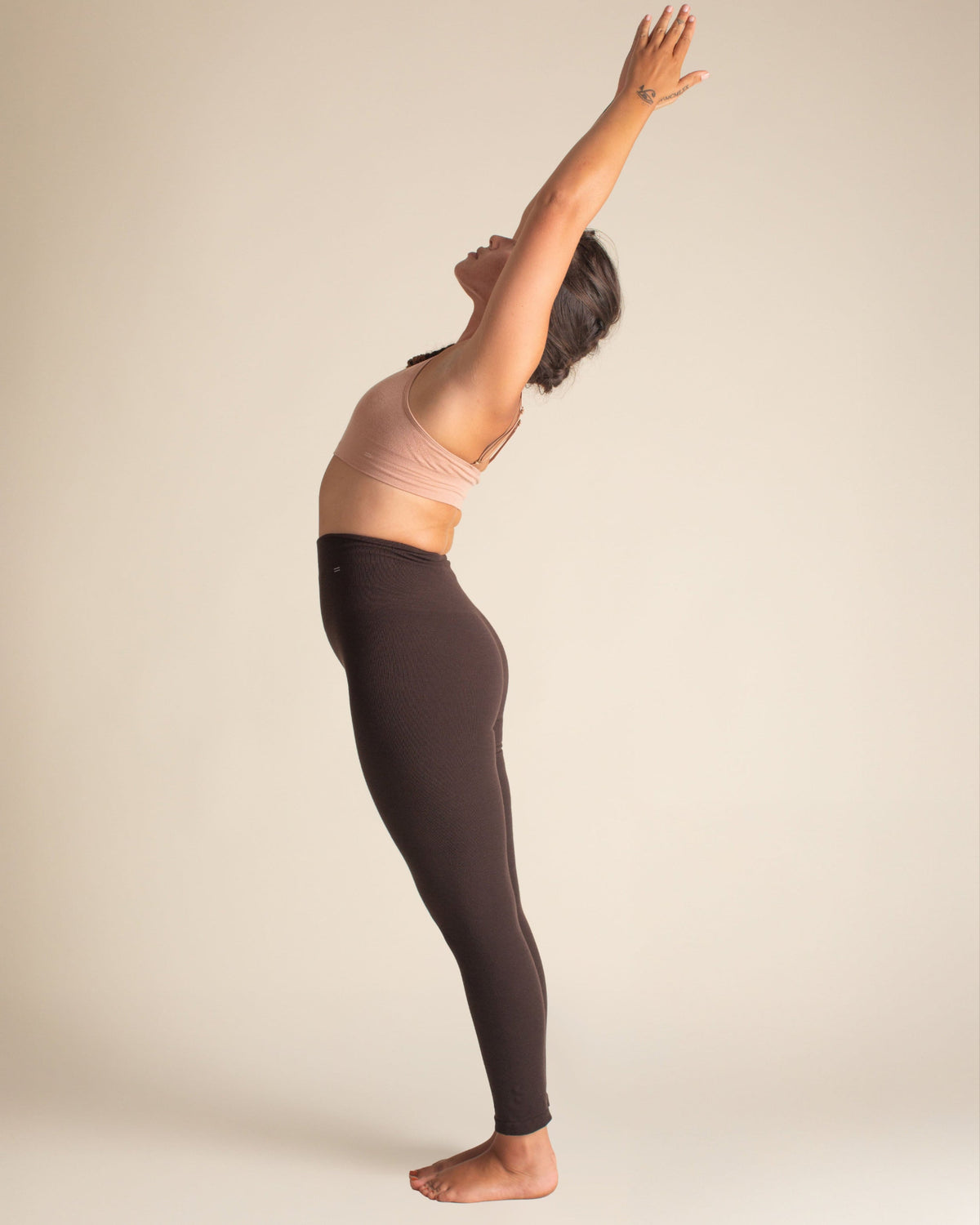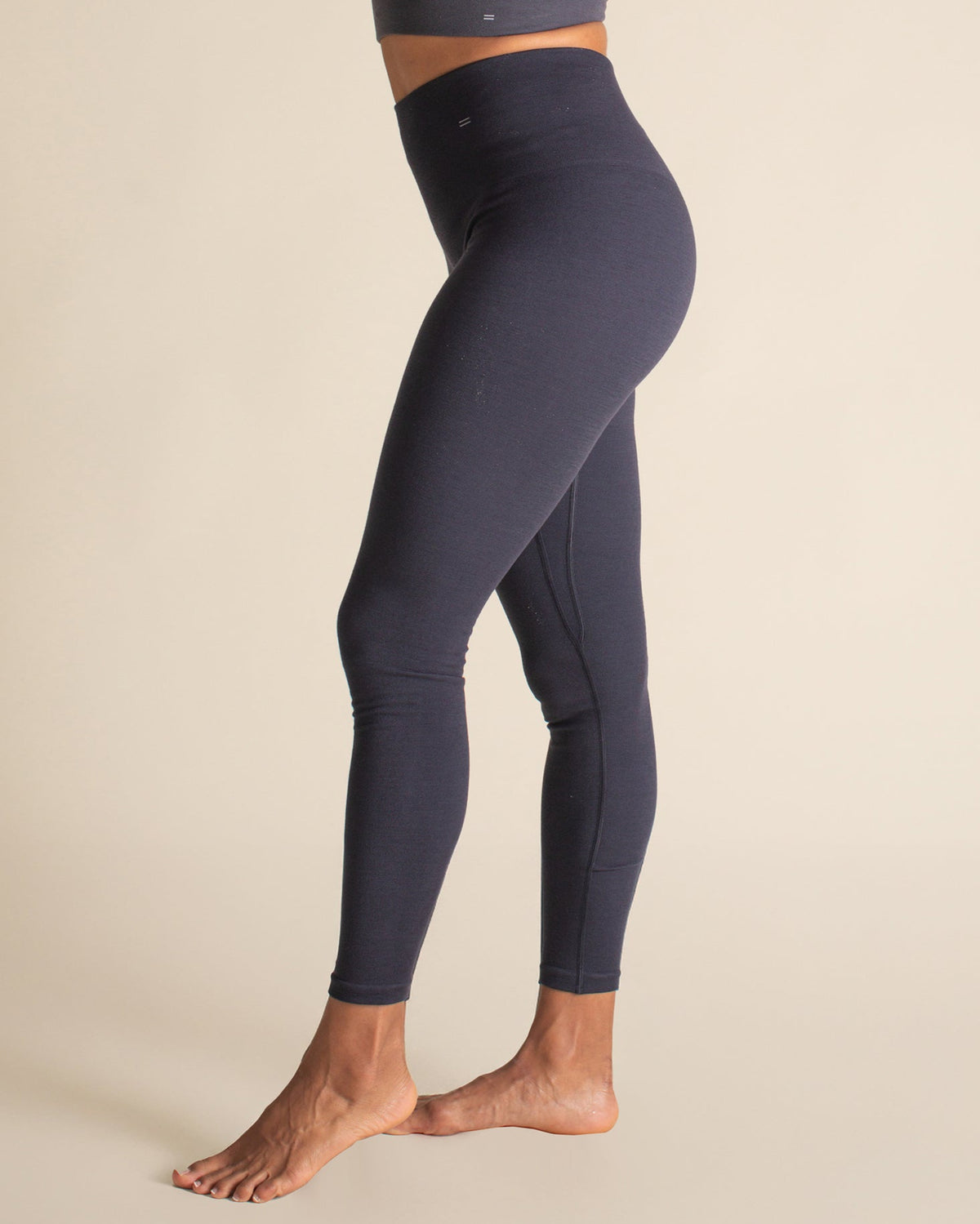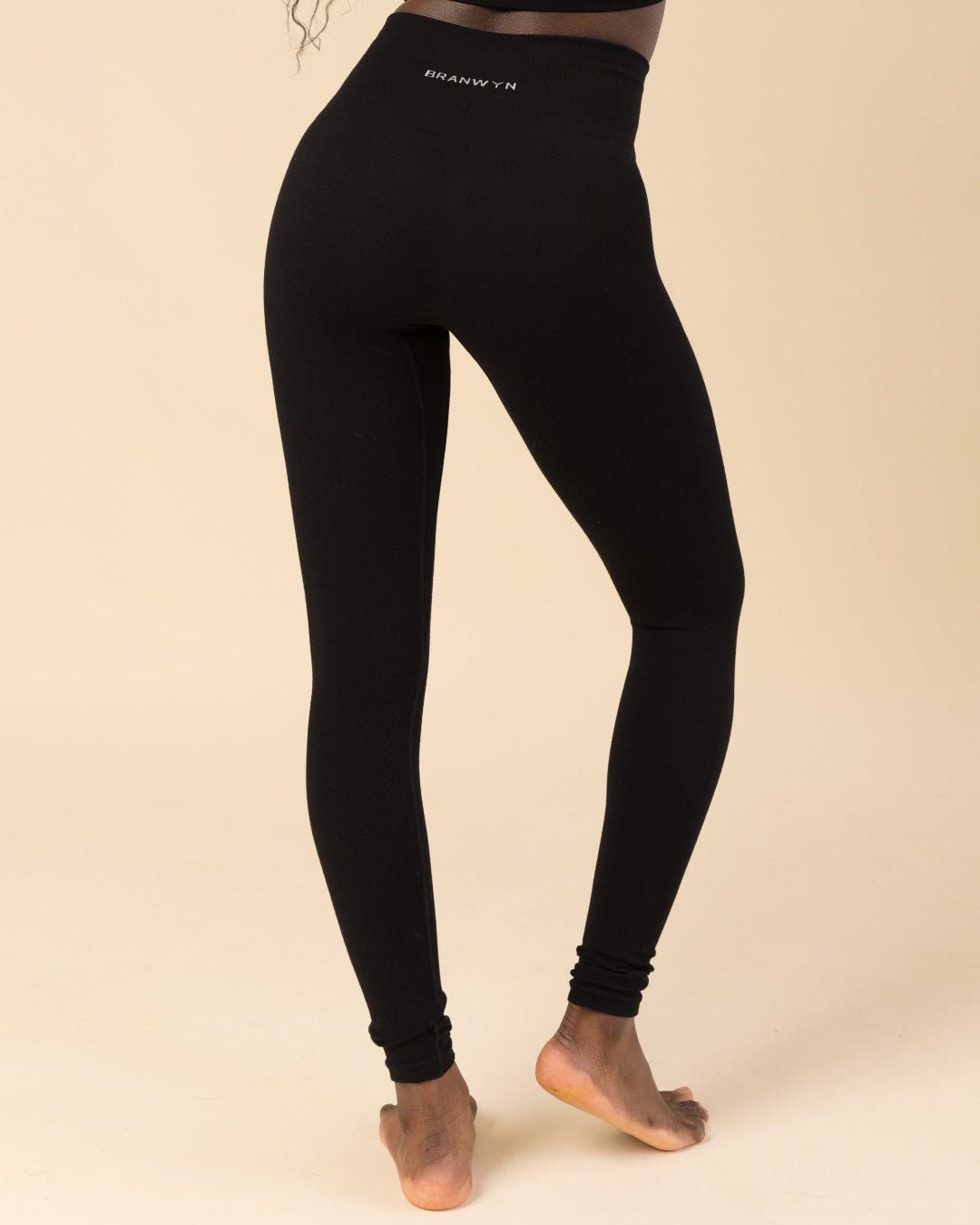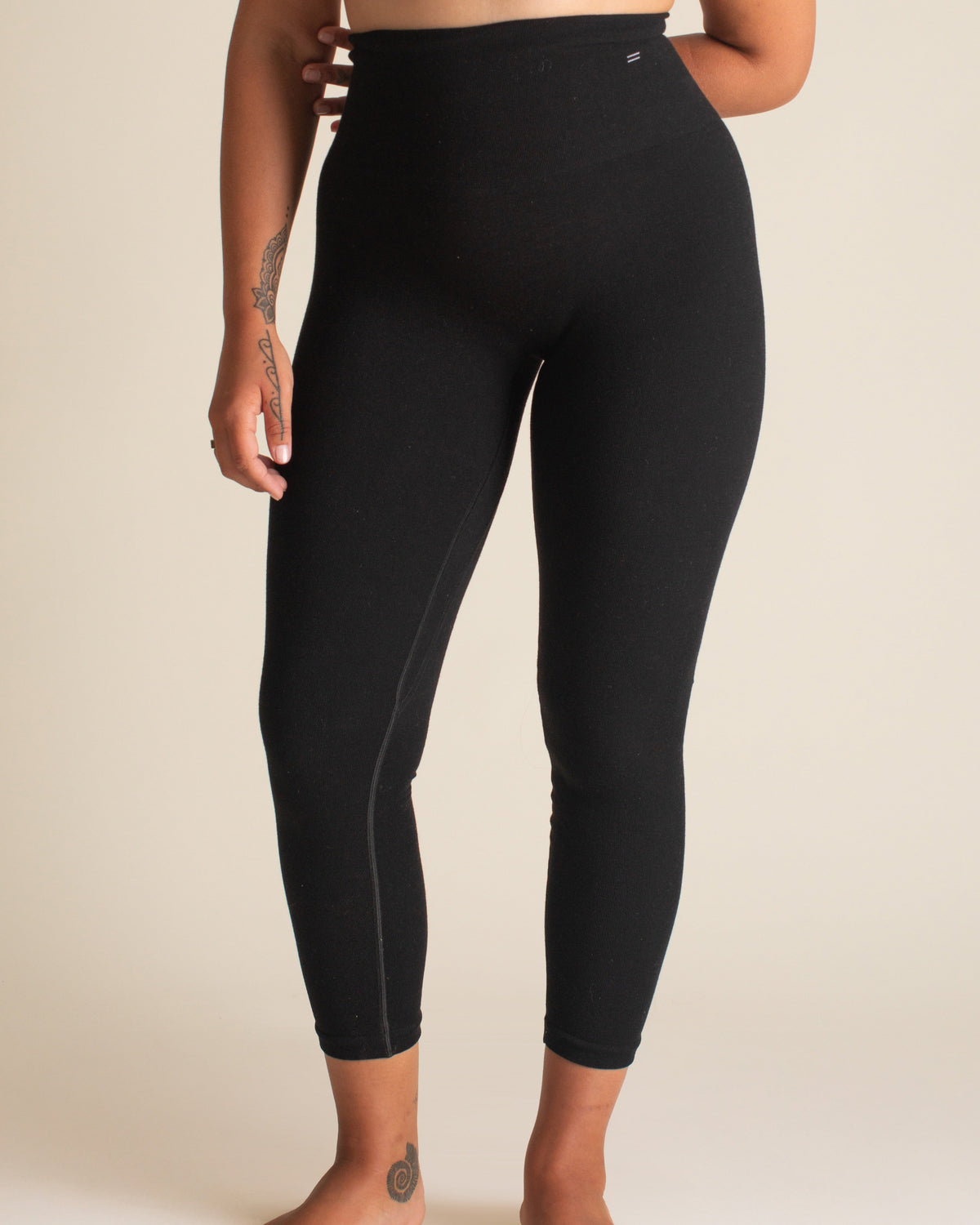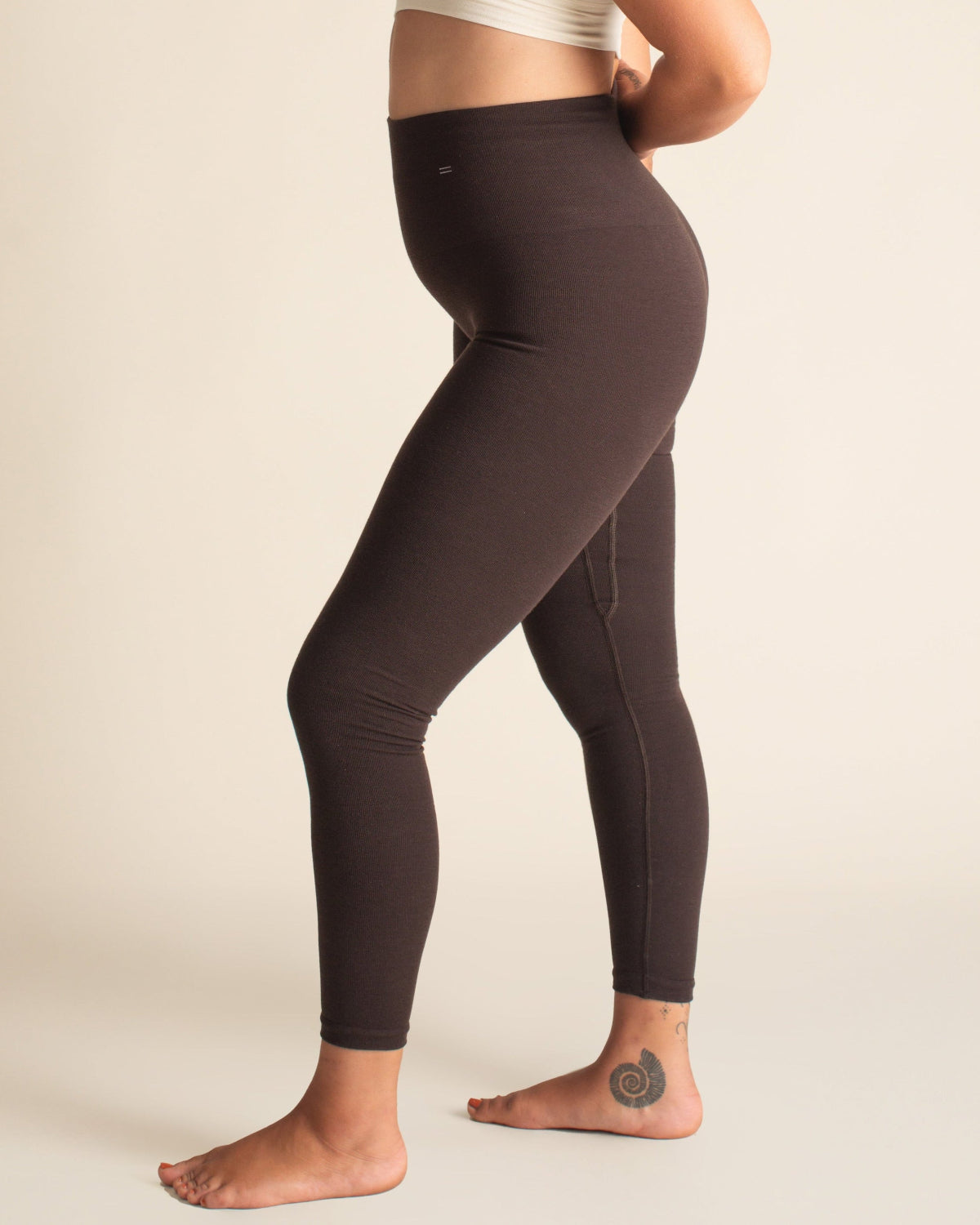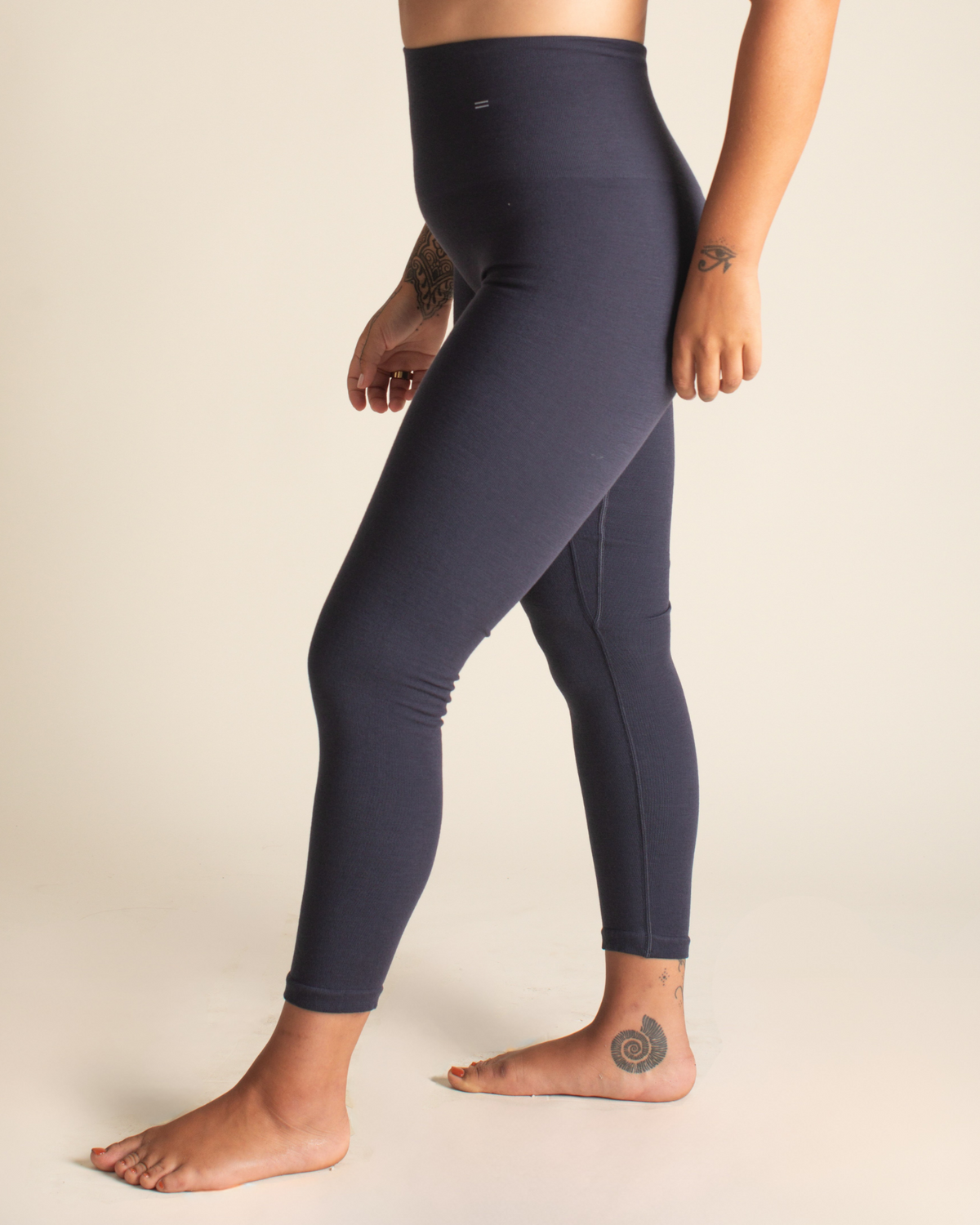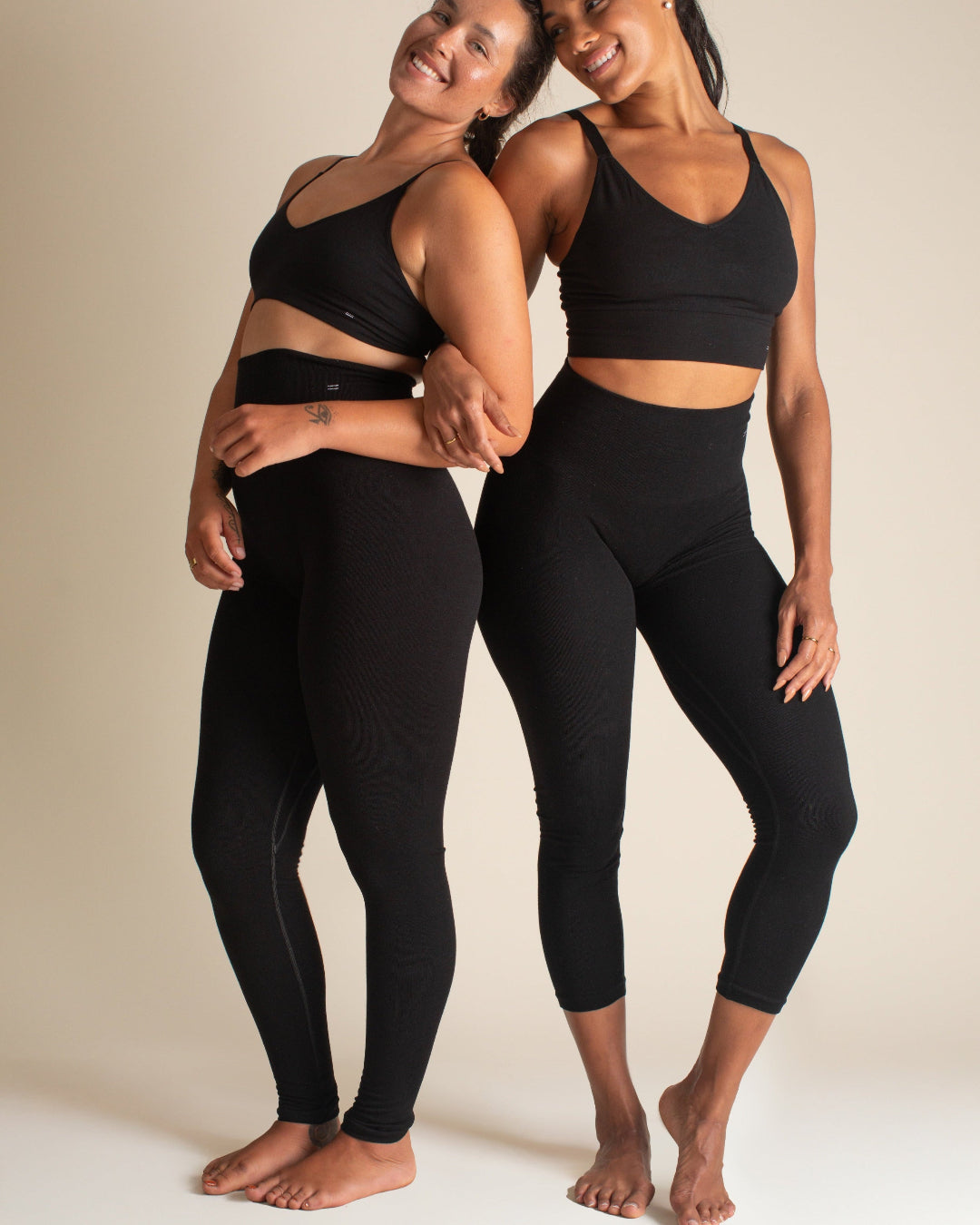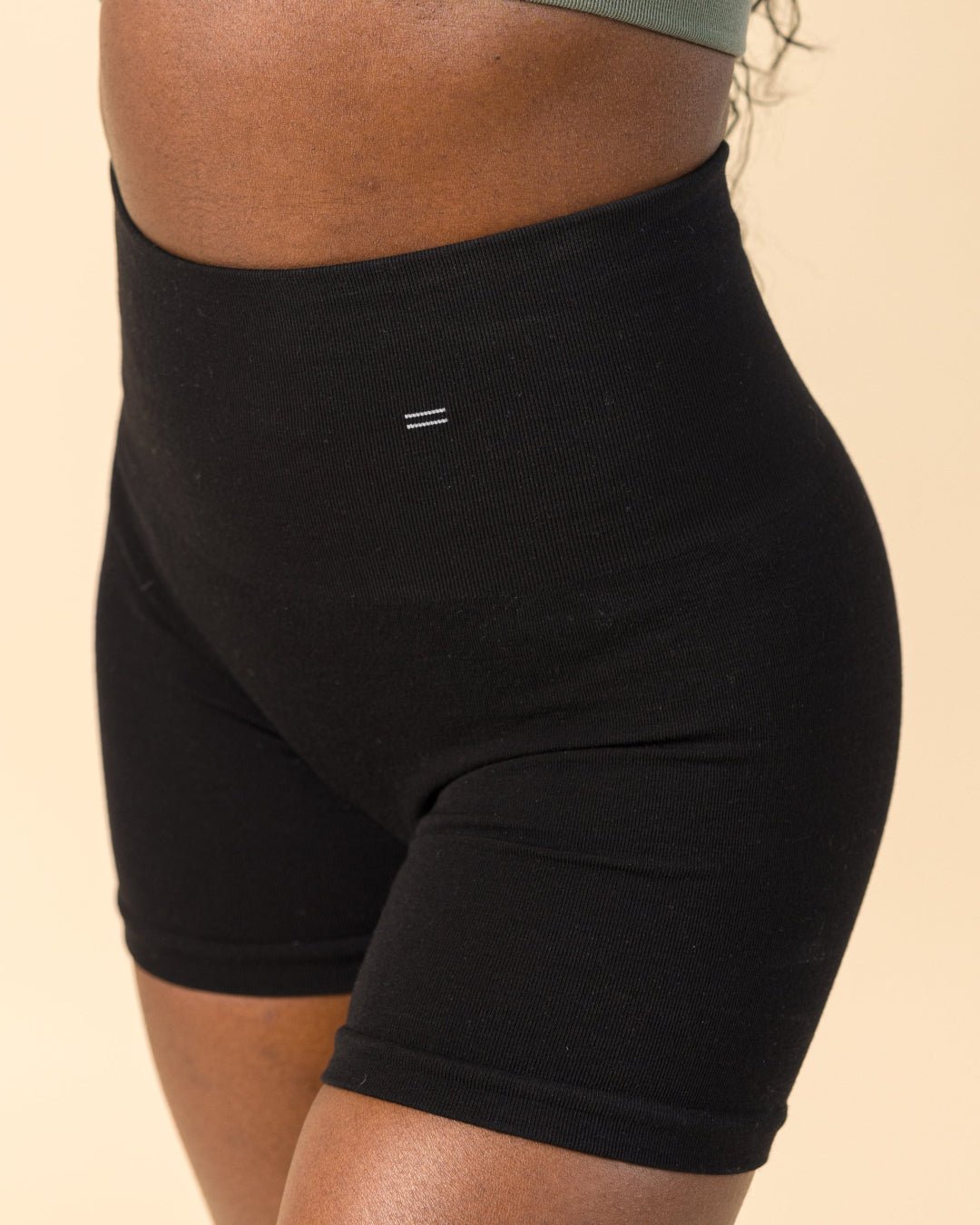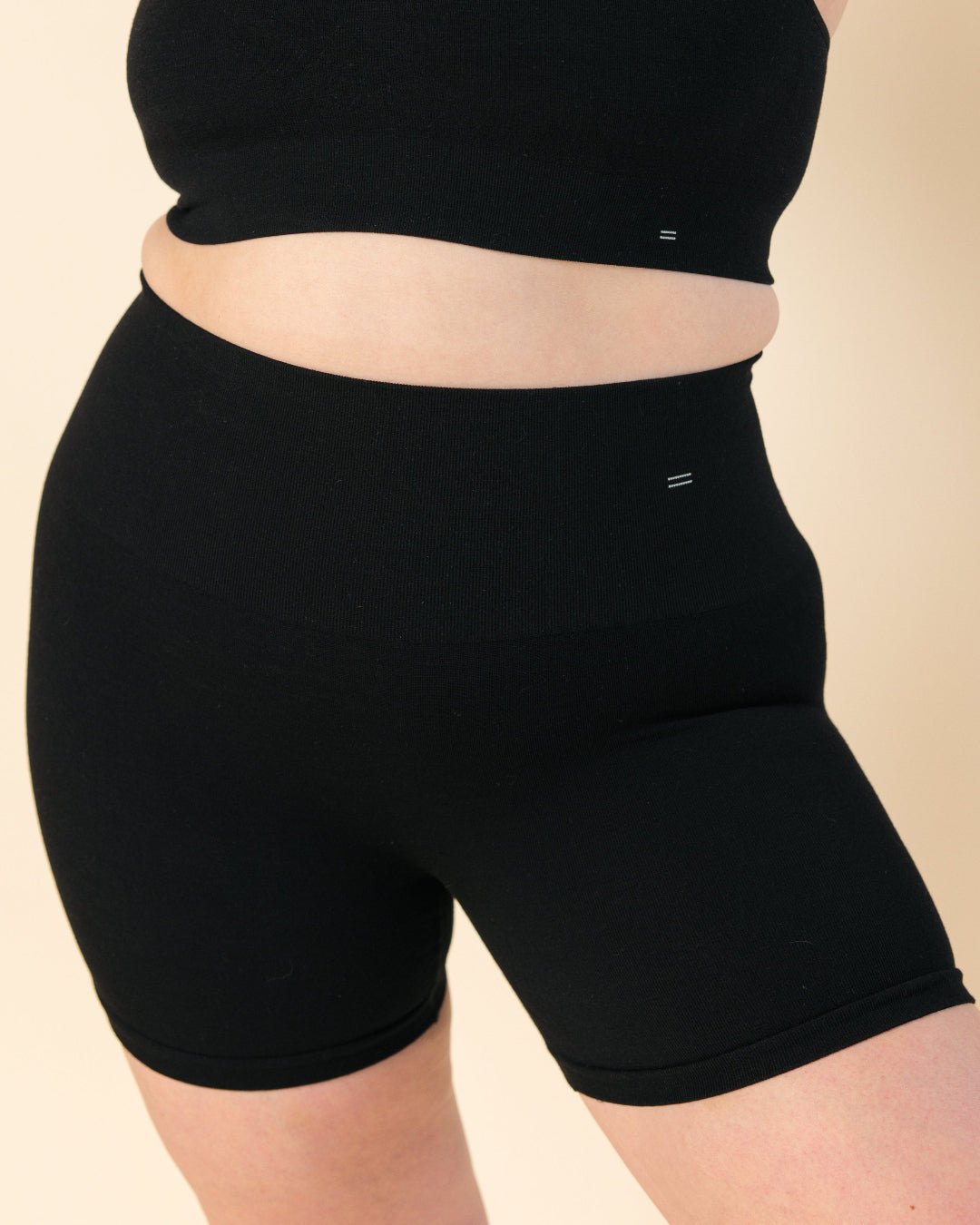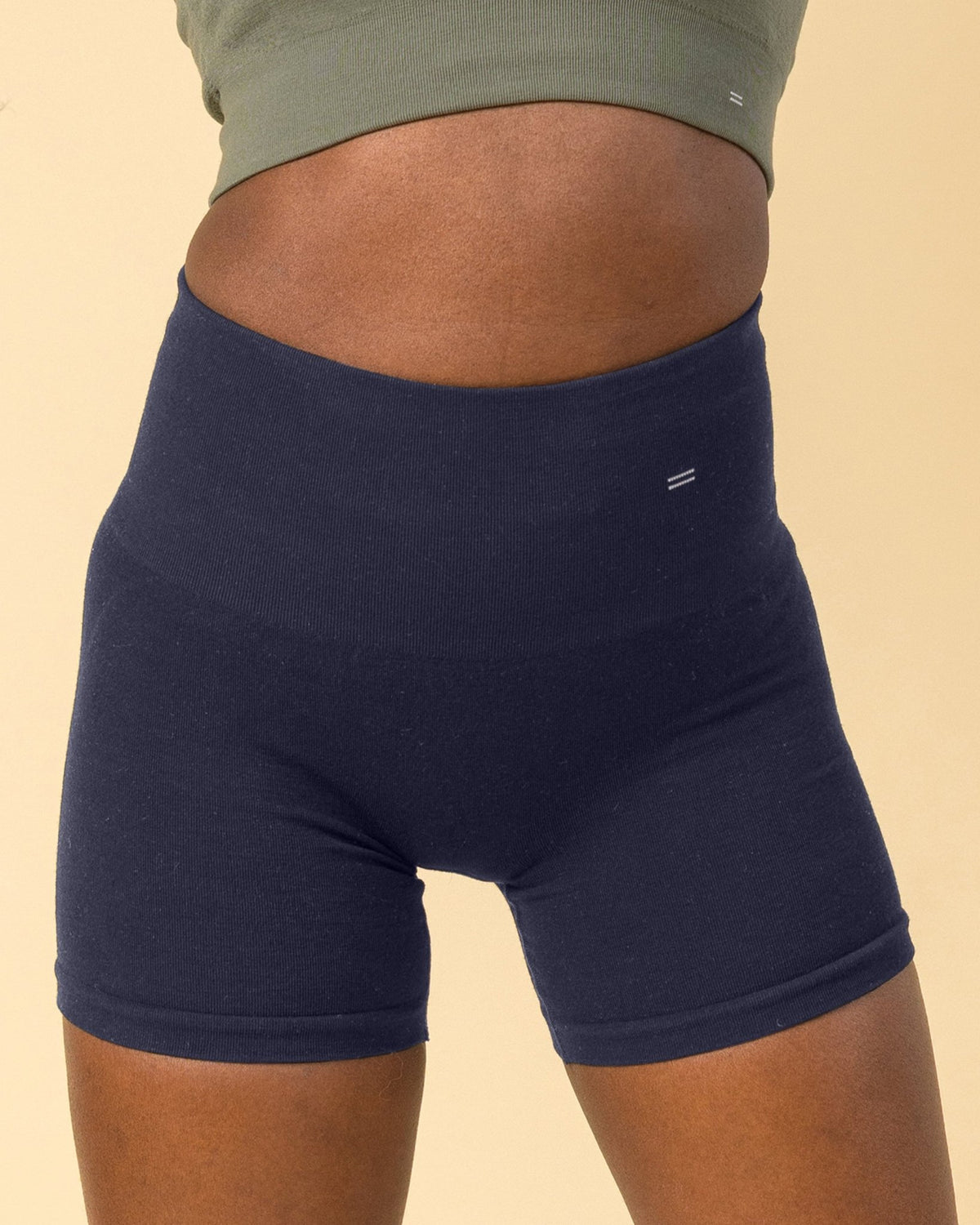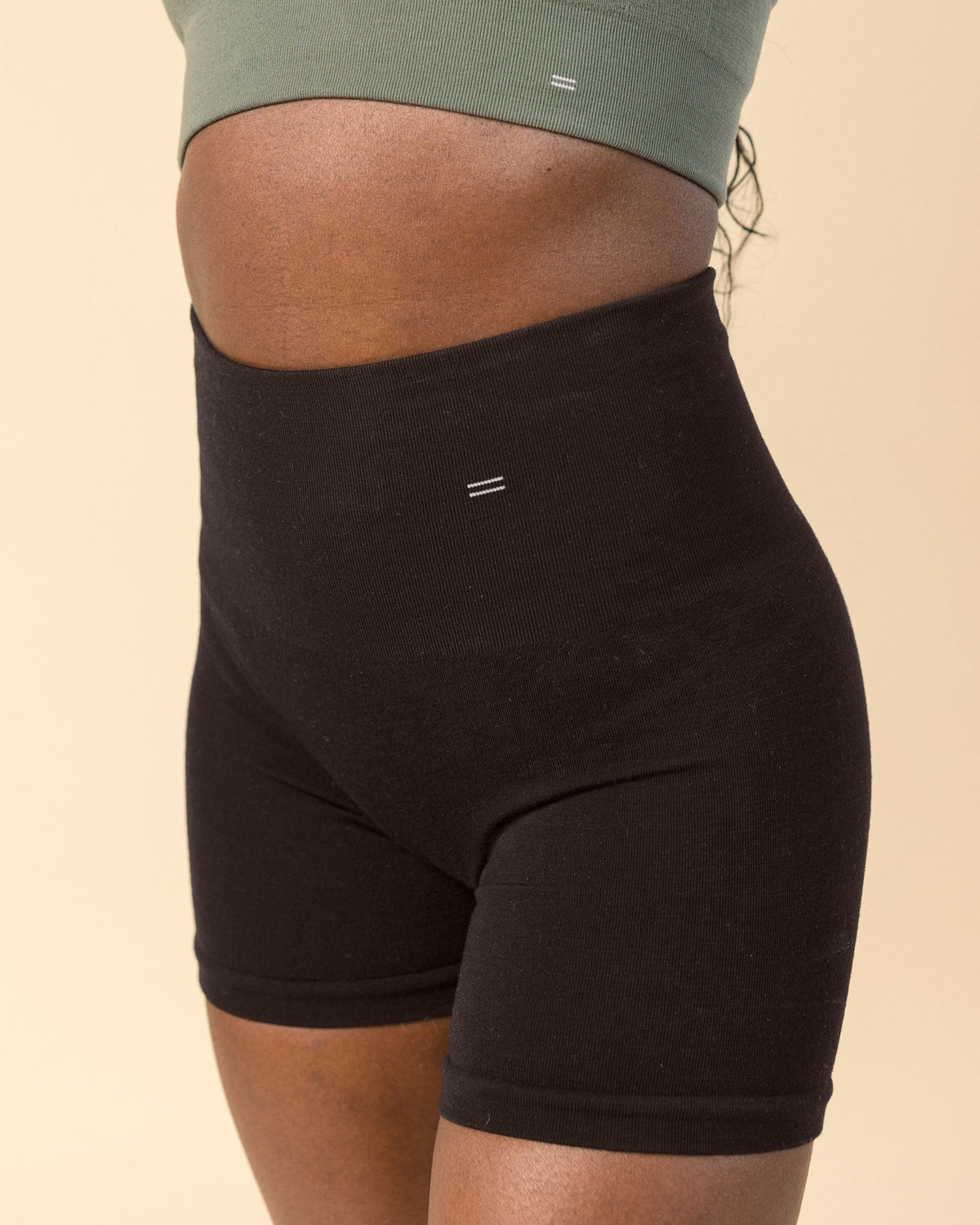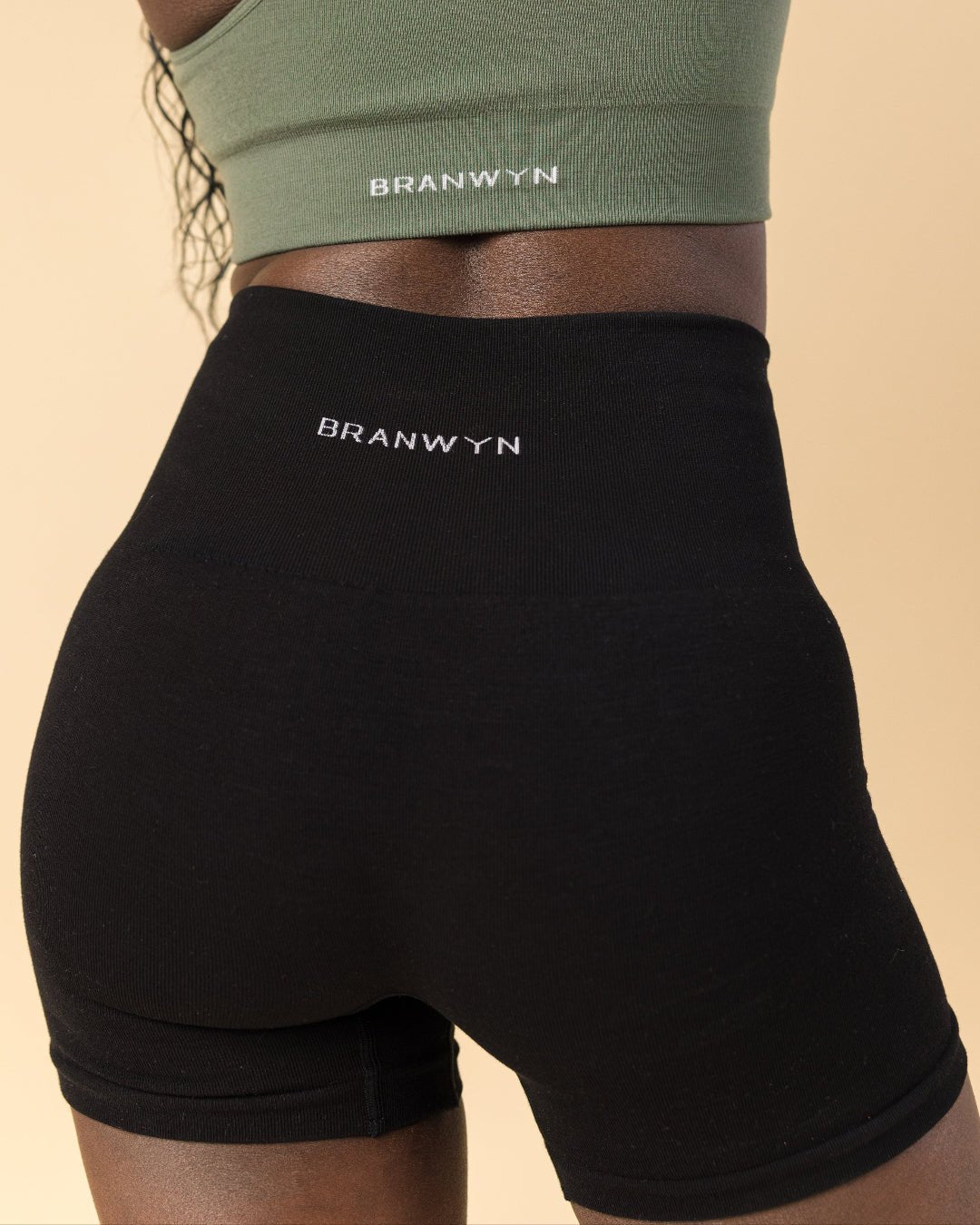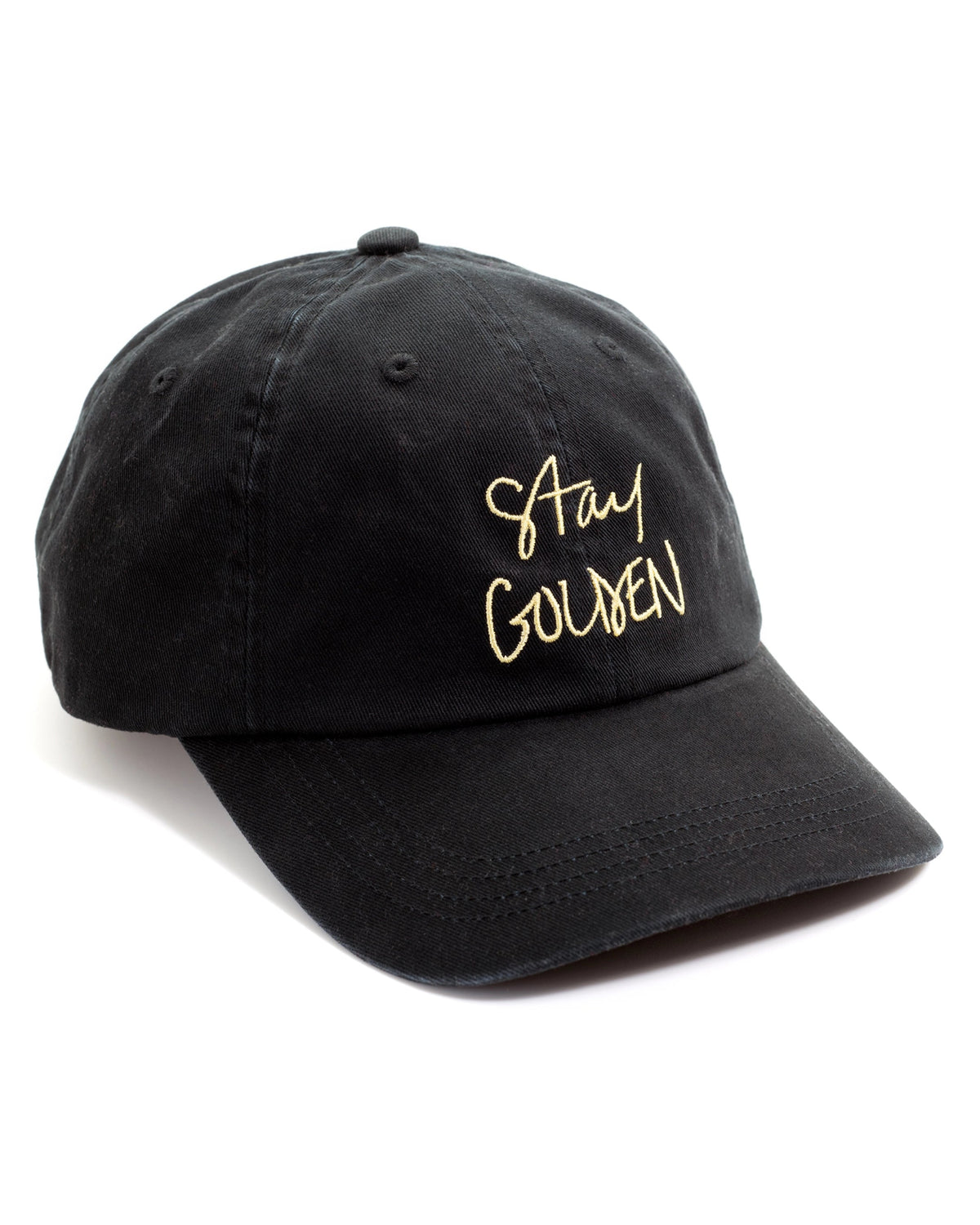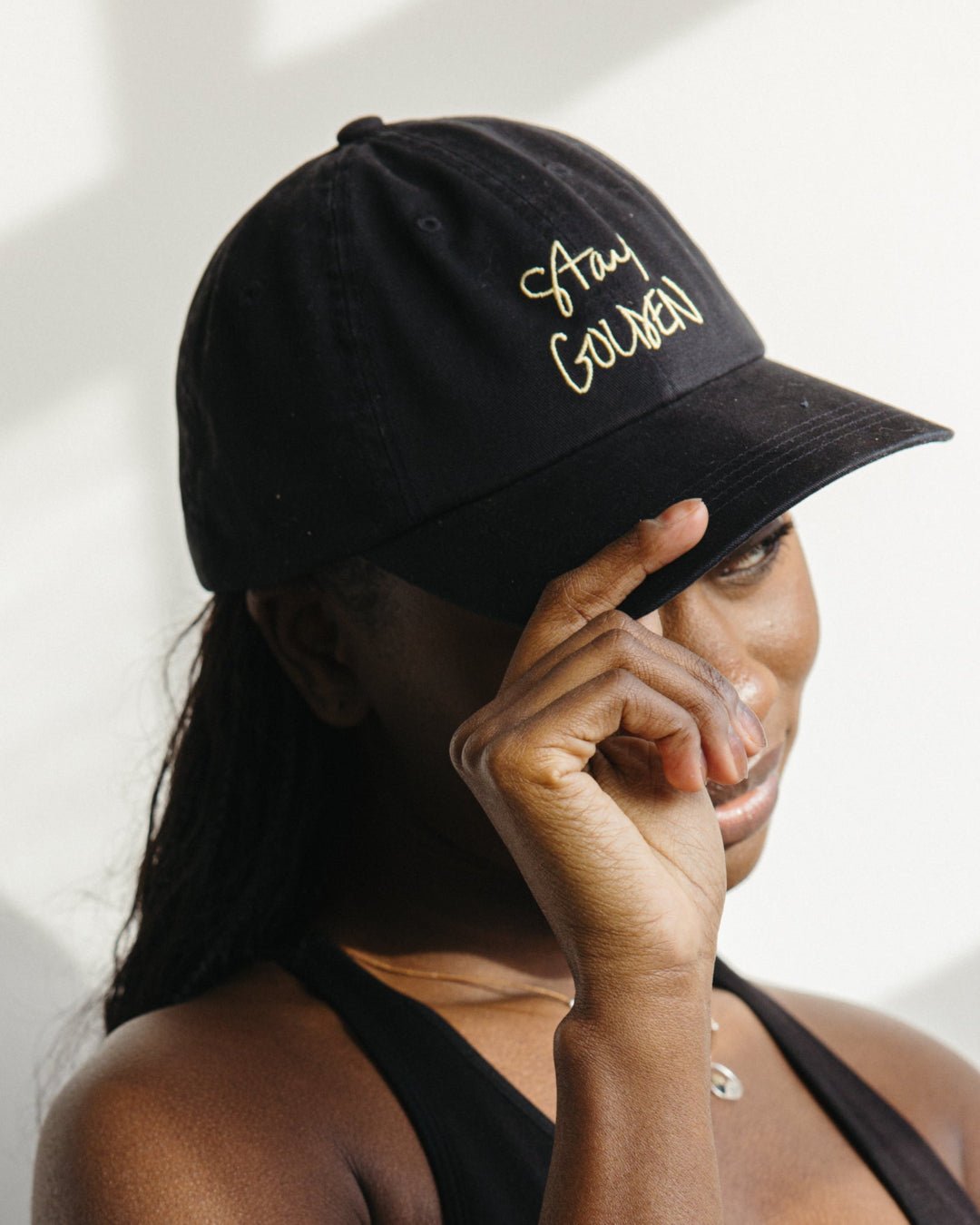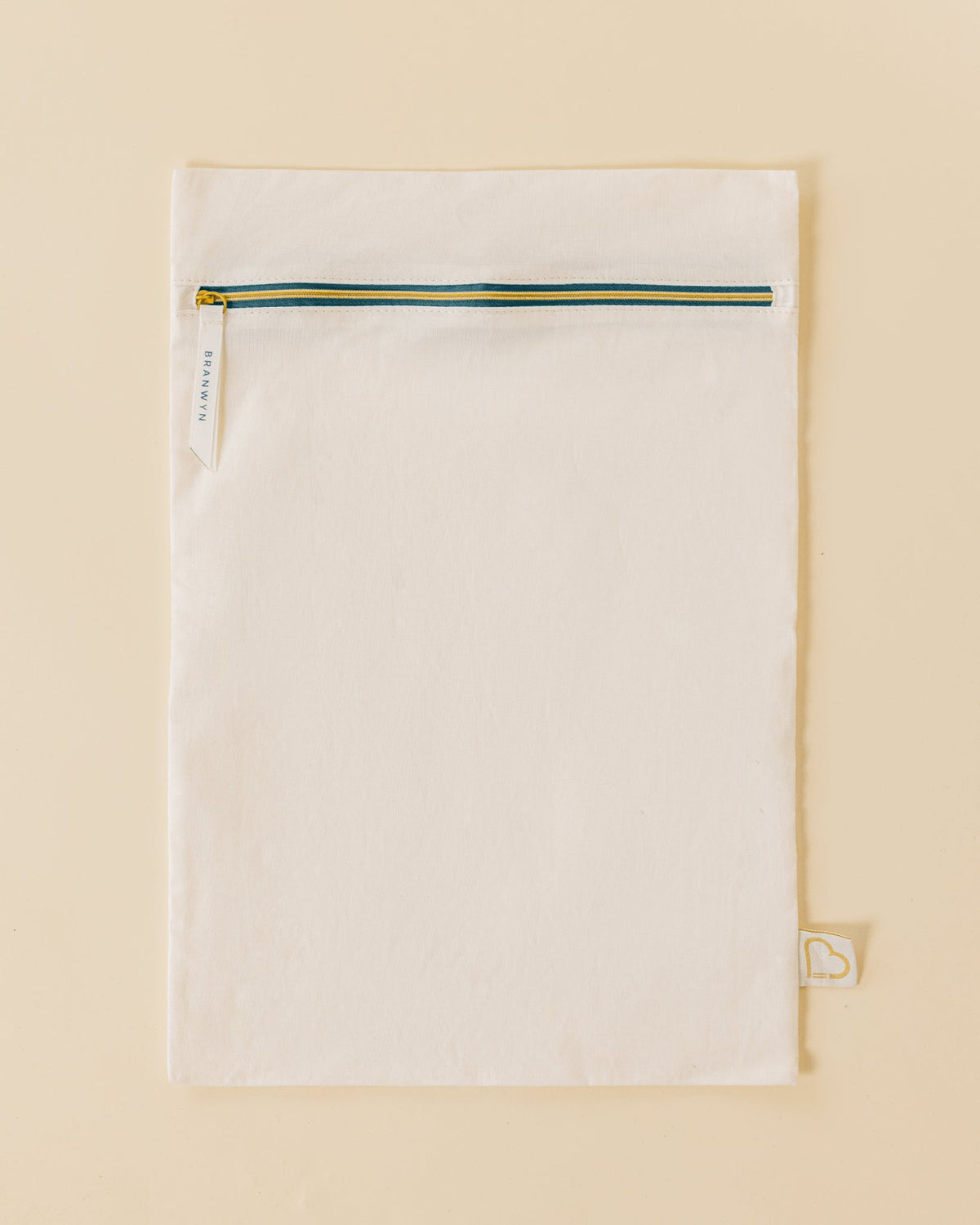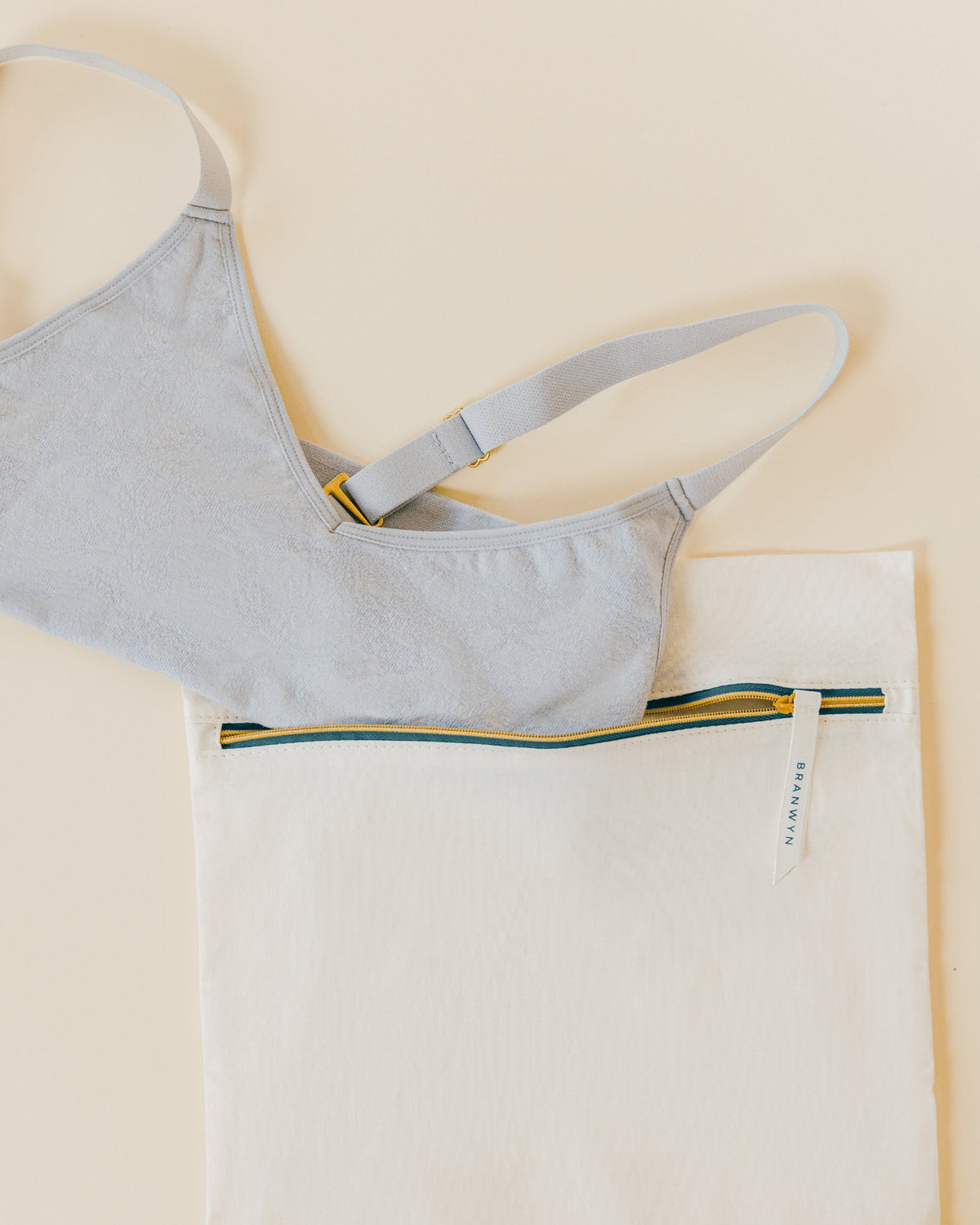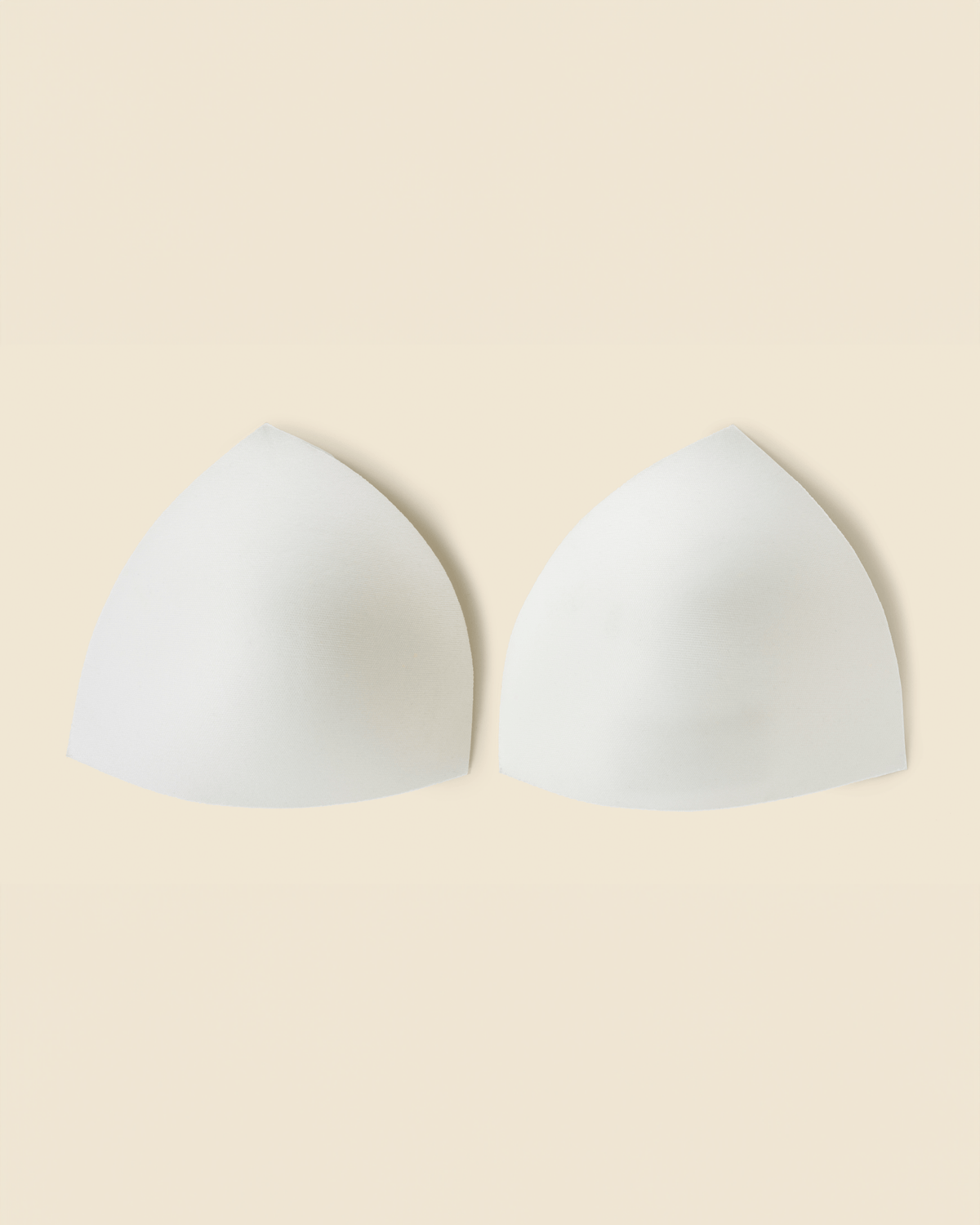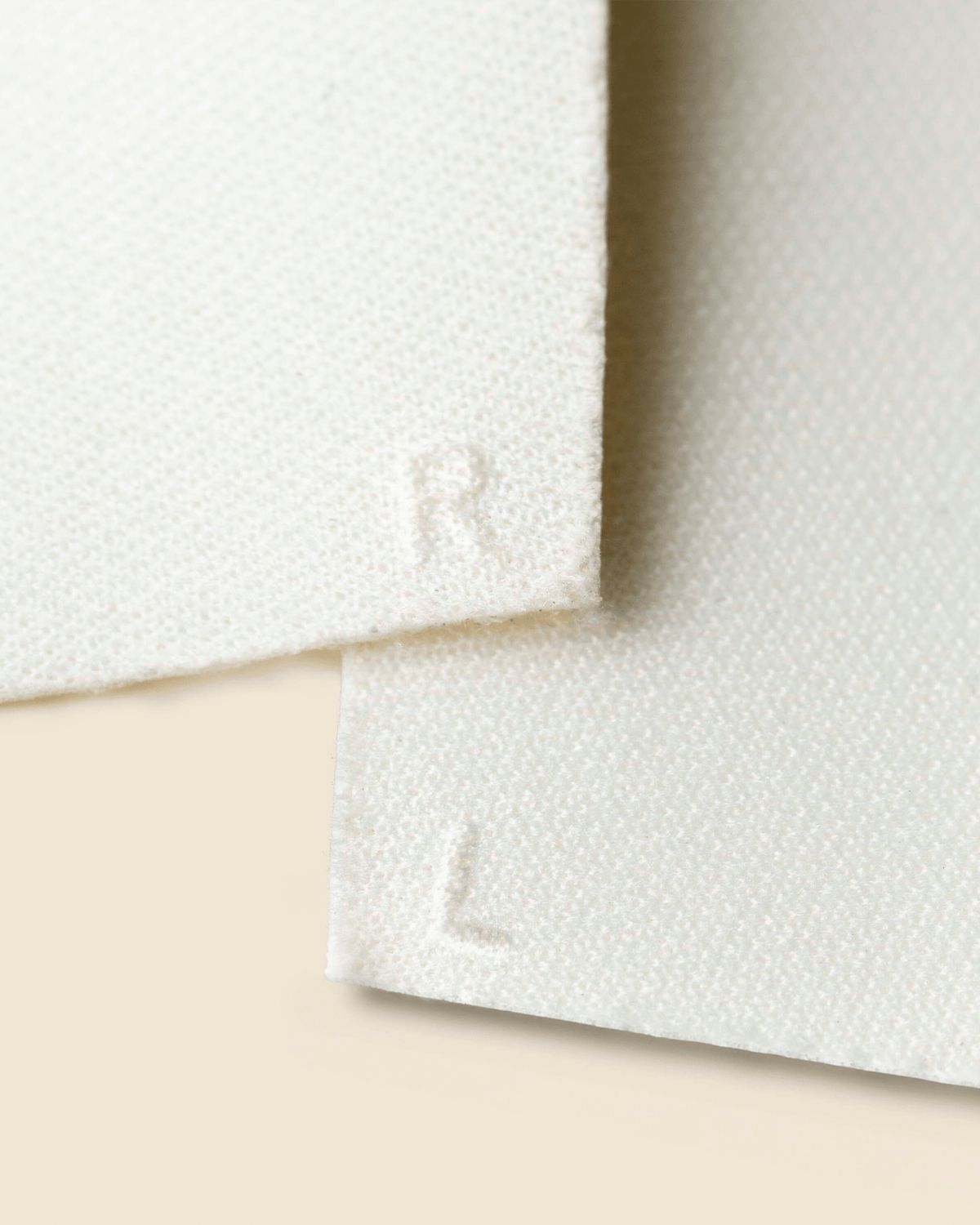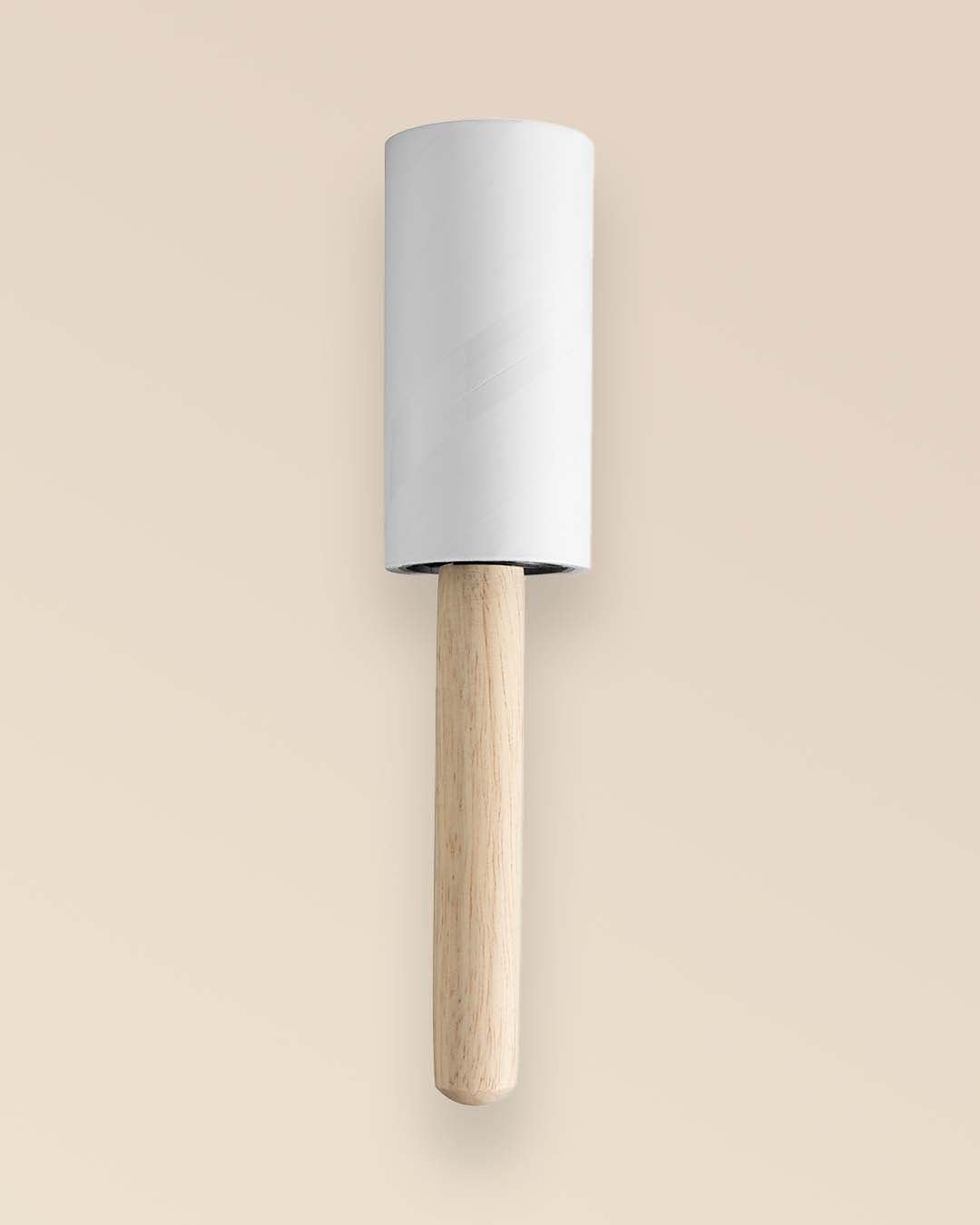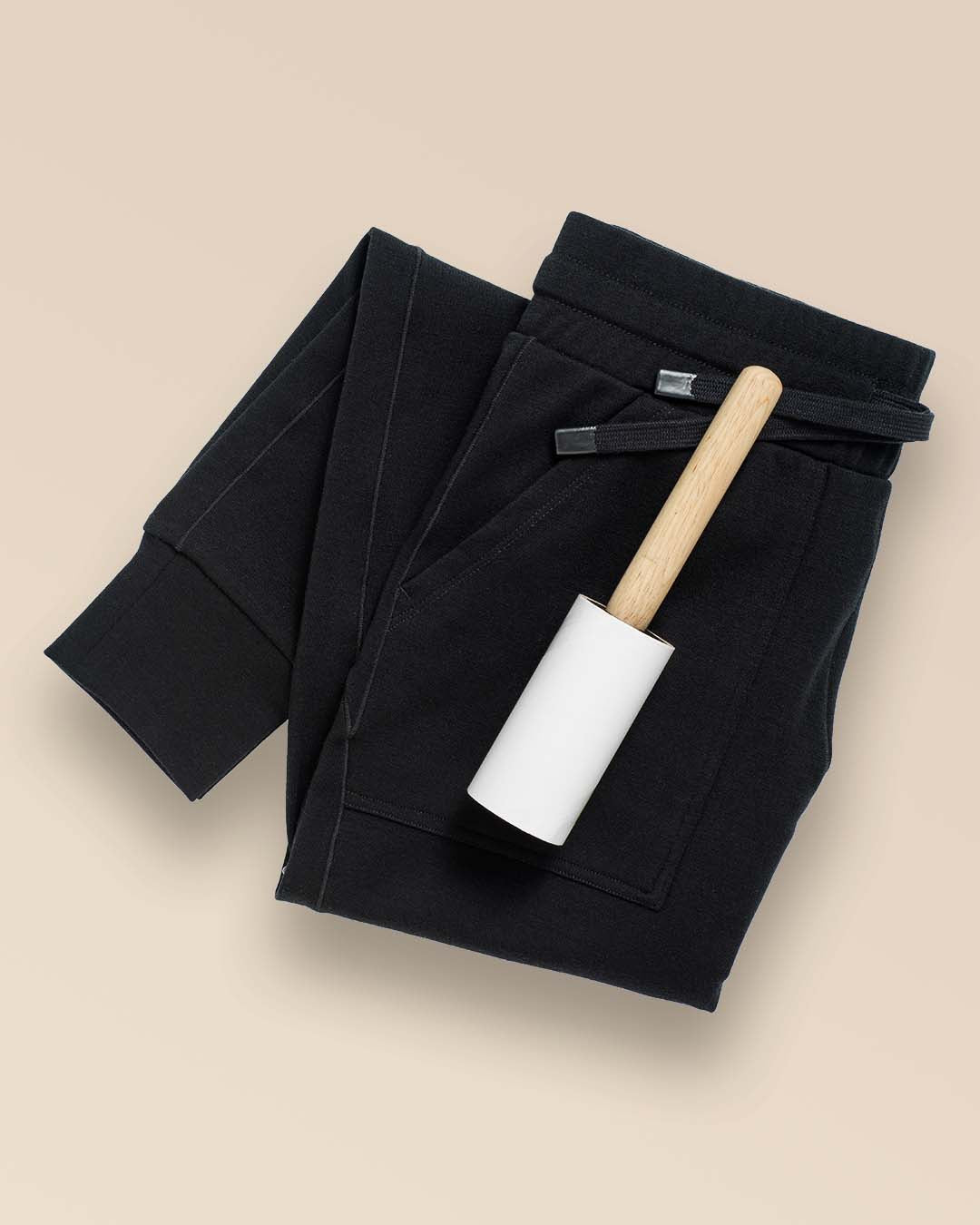When you think of breast cancer, who in your life comes to mind? Maybe it’s your mom, a dear friend, or a close coworker. Maybe it’s many women. Maybe it’s you. Breast cancer will affect one in eight women over the course of their life — a statistic that means nearly everyone knows someone battling the disease.
Yet, many women with breast cancer find themselves in the trenches of treatment feeling utterly alone. “Whether you’re a mother, a wife, whatever, there’s a certain aloneness,” explains Randi Jeddis, a 61-year-old New Jersey-based social worker who was diagnosed with Stage 1, Grade 3, Triple Negative breast cancer in 2009. “Maybe because in our society, we still rely on women for caretaking. The expectation is that we are in treatment, but still have dinner ready.”

While there is currently no cure for breast cancer (or loneliness), Casting for Recovery can help. Founded nearly 30 years ago by a breast reconstructive surgeon and a professional fly fisher, Casting for Recovery (CfR) is an incredibly powerful nonprofit (and BRANWYN Empowerment Partner) that provides free fly fishing retreats for women with breast cancer.
Why fly fishing? Research has shown that the motion of casting the rod can be healing for scar tissue surrounding the breast, while being out in nature provides therapeutic benefits. However, it’s the opportunity to bond and be cared for by a group of women who understand exactly what you’re going through that provides the true medicine. “No matter how different we were, it didn’t matter our idiosyncrasies,” remembers Jeddis, a one-time participant and current CfR volunteer. “As corny as it sounds: We were sisters. We are family.”
Read on to experience that connection with personal stories from breast cancer fighters and CfR volunteers.

Randi Jeddis: The Straightshooter
The New Jersey-based social worker says that starting in her 30s, she was under tight surveillance from her doctors thanks to her high-risk status. “It was everywhere in my family.”
In 2008, she was tested for the BRCA genes. When results came back negative, Jeddis thought she might be in the clear. But very next year, during an annual mammogram, the doctors discovered a very aggressive form of breast cancer. “It was growing like gangbusters, but it hadn’t spread anywhere,” says Jeddis. “I found it early and that was my saving grace.”
Jeddis remembers that initially, her response to the diagnosis was matter of fact. “I intellectualized it,” she says. She understood that the treatment would be extremely mentally and physically taxing. At the time, Jeddis had her own social work practice. She knew that she’d need to wind it down for the sake of both her patients and herself. She says, “It didn’t hit me until I locked my office for the last time. After that I fell apart. All of it became real and I was terrified.”
The treatment indeed was a brutal gauntlet that left Jeddis with shingles, cellulitis, and a severe staph infection. Even though she had some family support, Jeddis says that she didn’t share what she was going through with loved ones: “My stuff only went to therapy. I kept it all in until Casting for Recovery.”

Jeddis attended her first CfR retreat—reluctantly—when she was in recovery. “I went in like an arrogant social worker. I don't need anybody. I help people through this stuff,” she says. Within the first few hours of the retreat, everything changed. She felt an instant kinship with the other women there, and loved the chance to be outdoors in a beautiful place and enjoy the sweet contemplation fly fishing brings. Today, she volunteers for the organization on a regular basis.
Looking back, Jeddis’ only regret is not attending sooner. “I wouldn't have suffered as much. I know I wouldn't have felt as alone,” she says. “It is one of the best parts of my life.”

Angela Rose: The Angler
Angela Rose attended her first CfR retreat in June of this year — more than a decade into her battle with breast cancer. “I was (and am) Stage 4 metastatic breast cancer, the incurable type that takes lives,” she says. “I was in a hard place mentally during that time, because it’s tough to have the energy — trying to work and press forward and have a normal life with a child at home. It’s been a pretty isolating experience for me.”
The Colorado-based nurse practitioner first received a Stage 3 diagnosis back in 2012. Rose was 34 and had been experiencing symptoms for more than six months before she was able to persuade a doctor to take her concerns seriously. “It seemed obvious to me that it could be breast cancer, but I really had to push to even get a mammogram.” Once she was diagnosed, similarly to Jeddis’ experience, it took a few weeks to sink in. It wasn’t until the surgeon called to schedule her port placement that things became real. “Port means chemotherapy,” Rose remembers. “It all came crashing down at that point.”
After years of fighting — and a metastatic diagnosis — Rose discovered Casting for Recovery. She was immediately intrigued both as a long-time, bait-and-tackle angler interested in fly fishing — and because the program was holding its first retreat specifically for women with metastatic breast cancer. “Whoever was there was going to be like me somehow,” she explains. “We have to live every day with the uncertainty of a diagnosis that could change at any point. Even women in earlier stage cancers sometimes don’t understand that.”

The CfR retreat brought Rose connection, solace, and a passion for a new sport. “It was one of the best experiences of my life,” she says. “When you’re fishing you really have to focus on what you’re doing. Your mind can't really think about anything else. Plus, trout live in some of the most beautiful places.”
Following the retreat, Rose dove head first into fly fishing. “I've invested in all of the equipment. I fish at least once a week,” she says. “My goal is to go to other places as well. I hear that Iceland is a great place to catch trout.”
In fact, Rose took to the sport (and CfR) in such a big way, she now volunteers for the organization. “Living with metastatic breast cancer, I’ve decided I’m not going to wait to do anything. I live very much in the moment. I think it’s important to just grab as much as you can from the day because you don't know if you’re gonna feel as well tomorrow.”
Casting for Recovery is a BRANWYN Empowerment Partner, meaning that a percentage of sales go to support this incredible organization all year long. In October, we dedicate 1% of all sales directly to CfR and are delighted to have already donated $5,000 this month alone.
Check out more images from Casting Recovery retreats to see how these life-changing weekends look in the wild.








